

The Driving Force Behind SafeMoving Energy







We are excited to bring you another energised edition and start off with the fuel distribution and logistics in Zimbabwe.
The process follows a welldefined chain, which includes importation and procurement. Nicks Motors is one of the firms playing a vital role in fuel distribution.
We take a look at More Wear Manufacturing, boasting a rich history and reputation for excellence in steel fabrication. They manufacture diverse steel products, serving various sectors of the Zimbabwean economy and beyond.
The highly anticipated Feruka Pipeline, a critical infrastructure project, is nearing completion, with significant progress achieved in recent months.
Recently, the Liquid Petroleum Gas Sellers Association of Zimbabwe successfully hosted its inaugural breakfast meeting in Harare, attended by government officials and delegates from across the LPG gas and related sectors.
This 434-kilometre pipeline, with a capacity to transport up to 1.3 million cubic metres of refined fuel products annually, is set to revolutionise fuel supply in landlocked Zimbabwe.
The US$1.5 billion steel plant in Manhize near Mvuma has been completed and is set to be commissioned on June 10 this year.
Constructed by Chinese stainless-steel producer Tsingshan Holdings Group Limited through its subsidiary, Dinson Iron and Steel Company (Disco), it is one of Africa’s largest integrated steelworks.
You have heard of the ‘white gold’, a reference to lithium, one of the prides of the local mining sector. The sector is currently experiencing significant investments from outside the country.
Playing a strong part in the industry is the Gwanda Lithium Mine being the latest arrival on the “white gold” production belt.
The mine holds the promise of not only boosting the country’s mineral exports but also positioning Zimbabwe as a key player in the global lithium market.
Optate Africa is said to have expressed its interest in constructing a wind power facility with a capacity of 200 megawatts (MW) in close proximity to the town of Plumtree.
In order to establish the plant, it has submitted a request to Mangwe Rural District Council for a 25-year lease on 100 hectares of land. Hopefully, we have covered your area of interest. Enjoy reading.
Centragrid Solar Systems, a prominent player in the renewable energy sector, has made significant progress in its solar plant projects across Zimbabwe.
These efforts hold immense potential to alleviate the nation’s energy challenges and pave the way for a more sustainable future. In a positive step towards addressing this, De Green Rhino Solar, a Zimbabwean company, has been licenced under the government project support agreement (GPSA).
Zimbabwe, like many African nations, faces the challenge of balancing growing energy demands with a need for sustainable solutions.
Transport and logistics company FBM Haulage has grown from a modest single-truck enterprise to a sizable fleet, offering complete haulage and logistics solutions.
Their services include petroleum tankers, such as FBM Tankers, a subsidiary that is currently experiencing considerable market success.
The Zambezi River Authority has confirmed its decision to maintain a low water allocation for the Kariba Dam, a key source of hydroelectric power generation in the region.
This move is a response to depressed dam levels and has significant implications for power generation at the Kariba Hydroelectric Power Station, our critical source of electricity.
In a significant step towards a greener future, Zimbabwe is actively developing a national electric mobility policy.
The policy will promote the adoption, use, and responsible disposal of electric vehicles (EVs) within the country, tackling environmental challenges and fostering sustainable development.

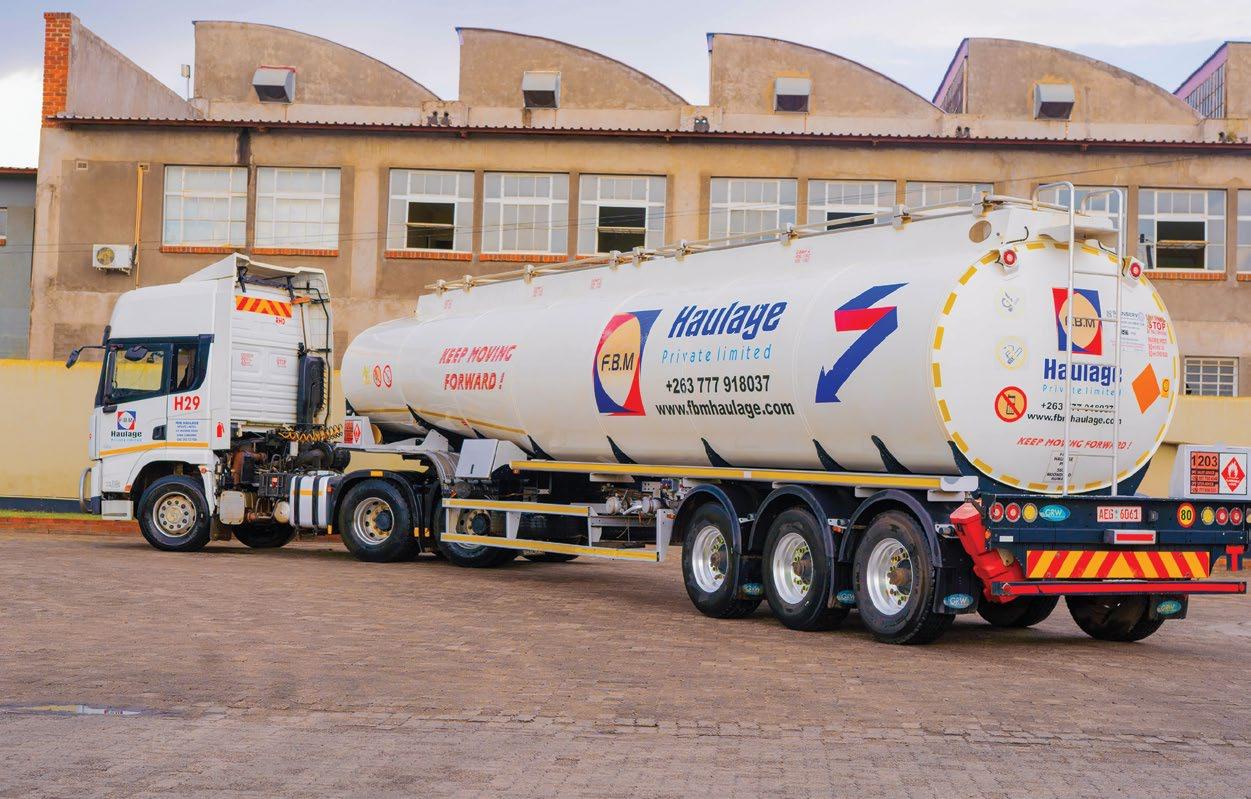
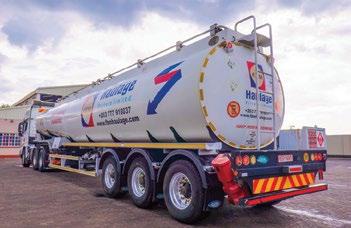
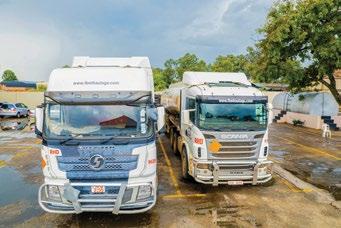
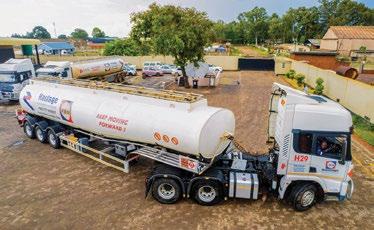
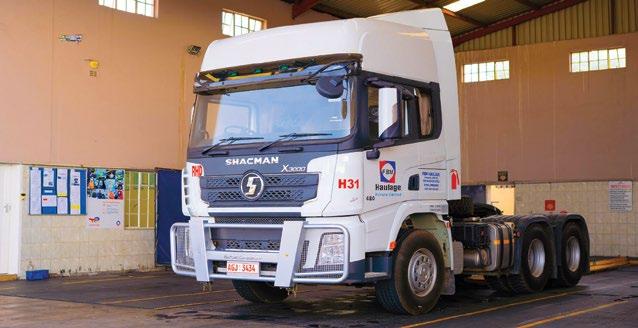
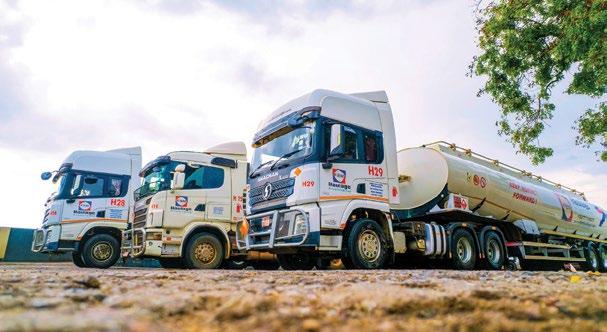


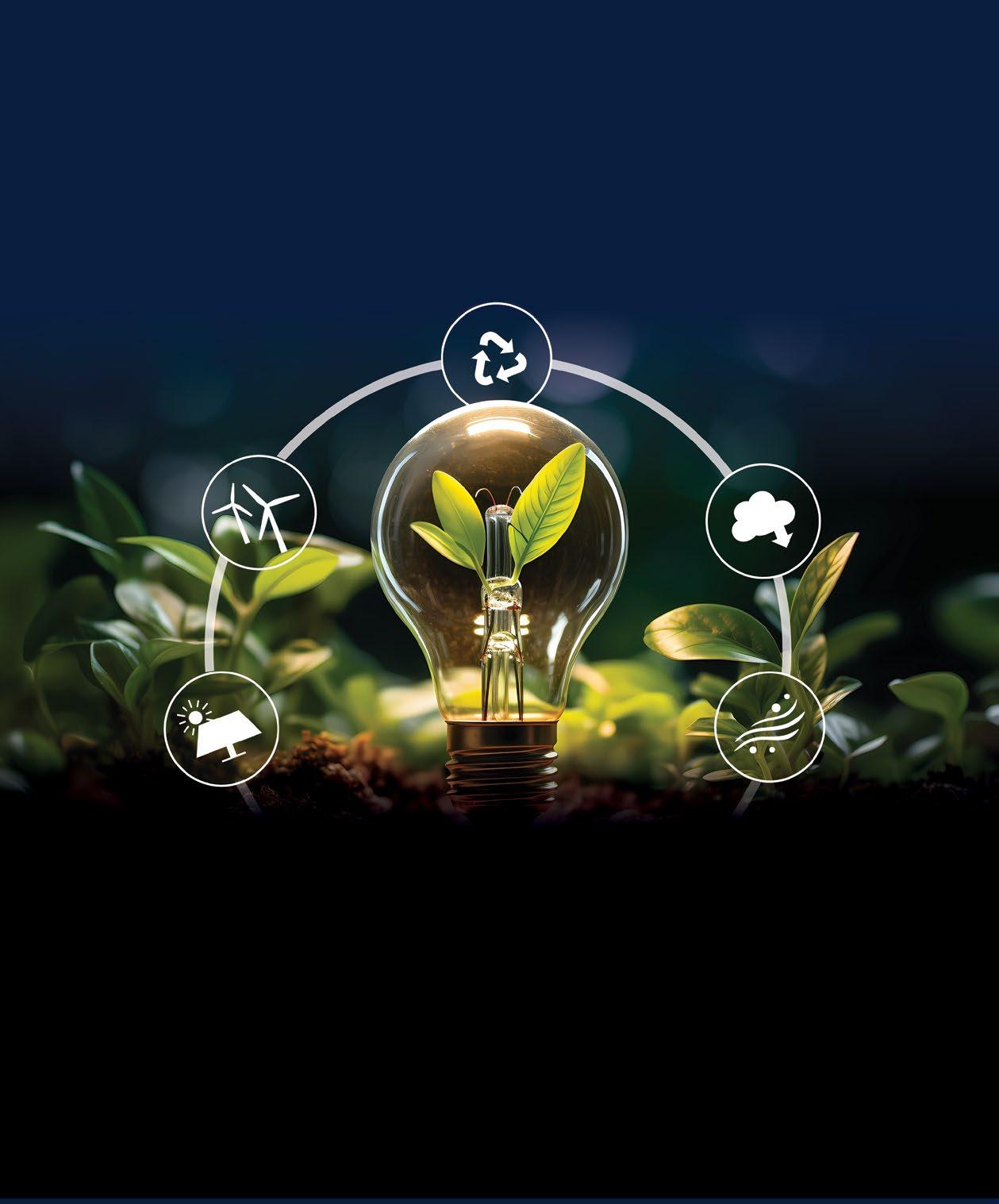

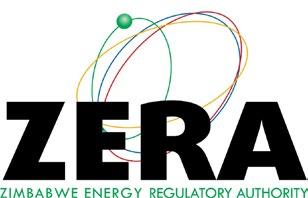
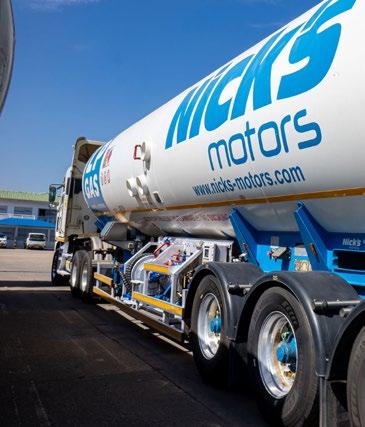
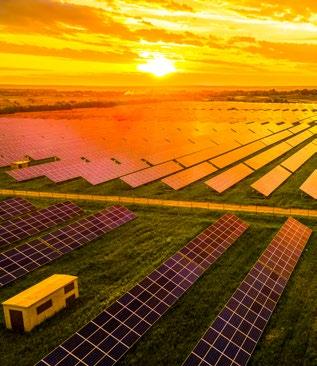
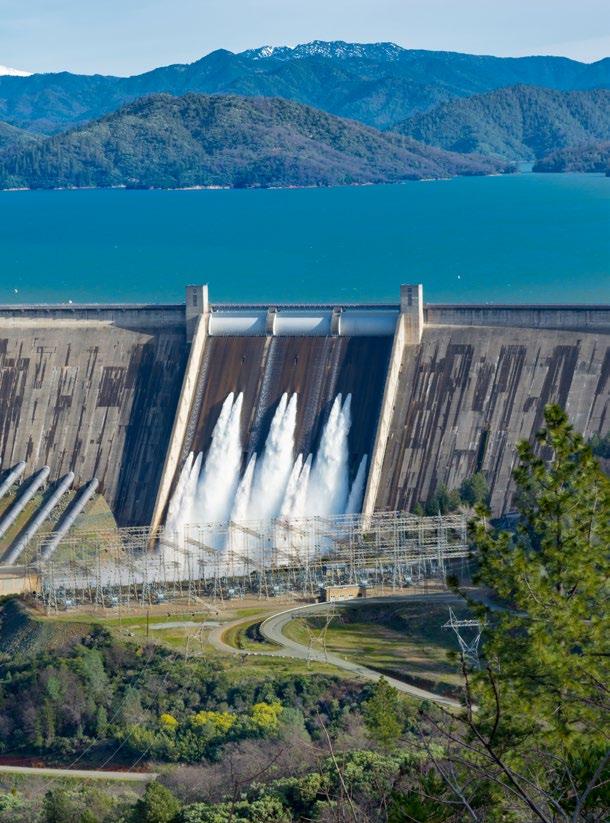
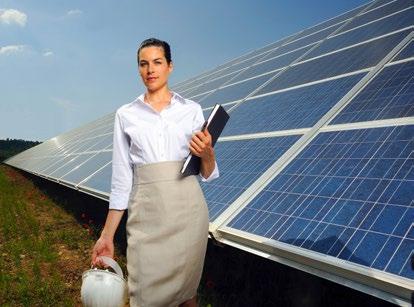
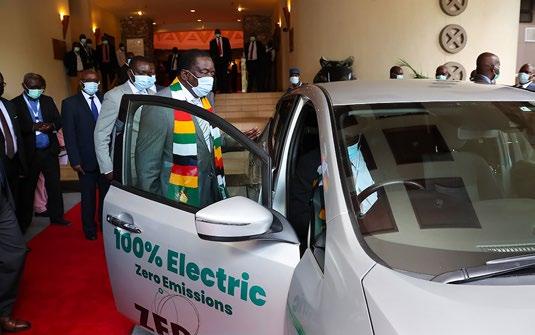


The growth of Zimbabwe's fuel distribution and logistics sector is a story of huge potential based on a growing economy and increasing vehicle ownership that are creating demand.
Fuel distribution and logistics form the backbone of Zimbabwe's economy.
These sectors keep the wheels of industry turning, ensuring essential goods reach store shelves and people get where they need to go.

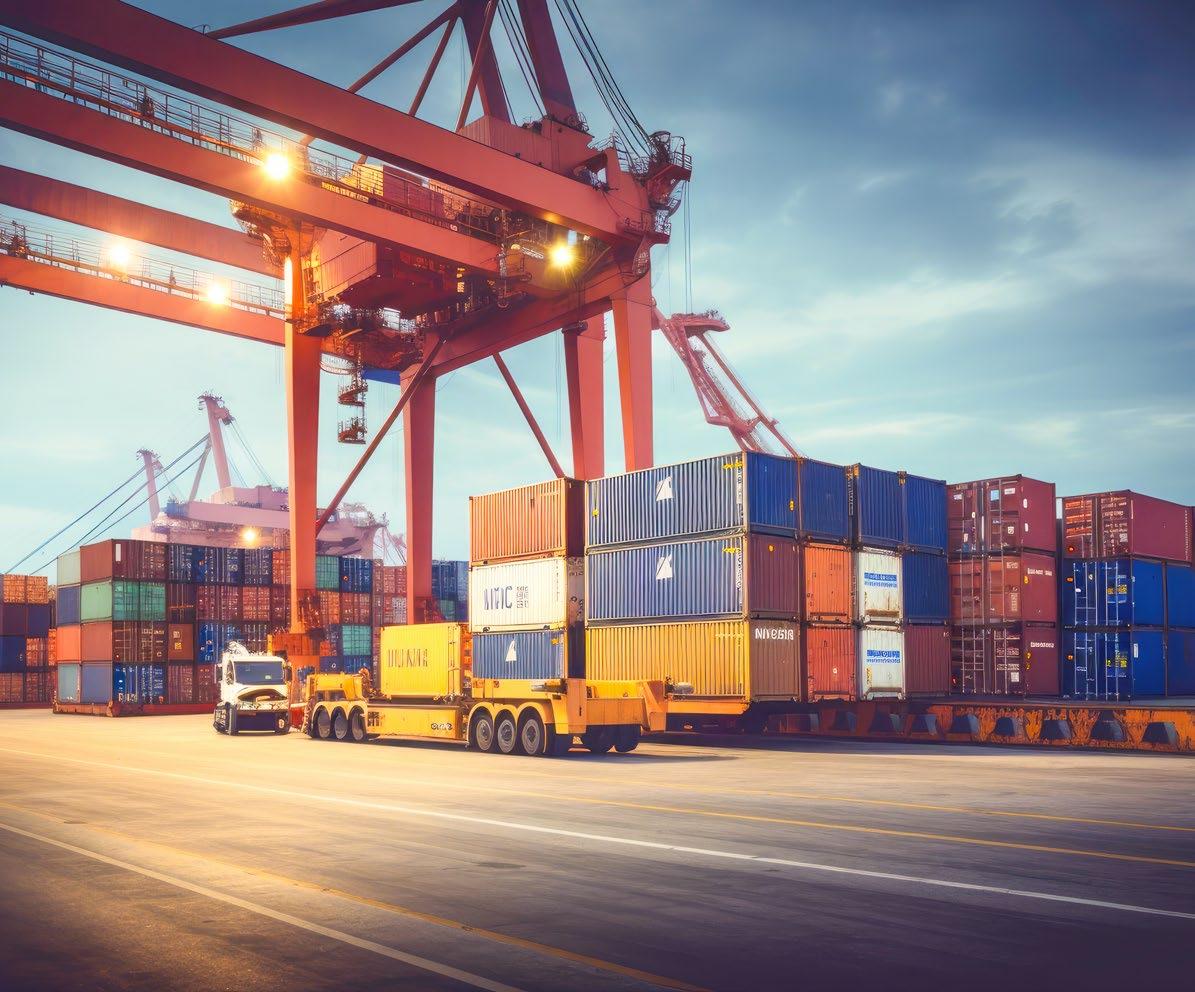
The government’s role, hurdles, and technology:
The recovering Zimbabwean economy is driving the demand for fuel.
More people are buying cars, and businesses require transportation, leading to increased fuel consumption.
This necessitates a robust distribution network.
Additionally, government initiatives like ethanol blending offer opportunities for local fuel production and potentially less reliance on imports.
However, significant hurdles impede smooth growth.
One of the major constraints is that outdated storage facilities and an inadequate pipeline network increase inefficiencies and raise transportation costs.
Another challenge is the prevalence of informal fuel markets.
While they may temporarily fill supply gaps, they pose safety hazards and deprive the government of revenue.
Cracking down on these markets requires a more efficient formal distribution system.
However, technology offers a glimmer of hope.
Embracing digital solutions for fuel management and logistics optimisation can streamline operations and improve transparency.
Mobile payment systems can also expedite transactions and reduce reliance on cash.
Fuel imports and their distribution and logistics:
Zimbabwe relies heavily on imported fuel, primarily refined products like petrol, diesel, and liquefied petroleum gas (LPG).
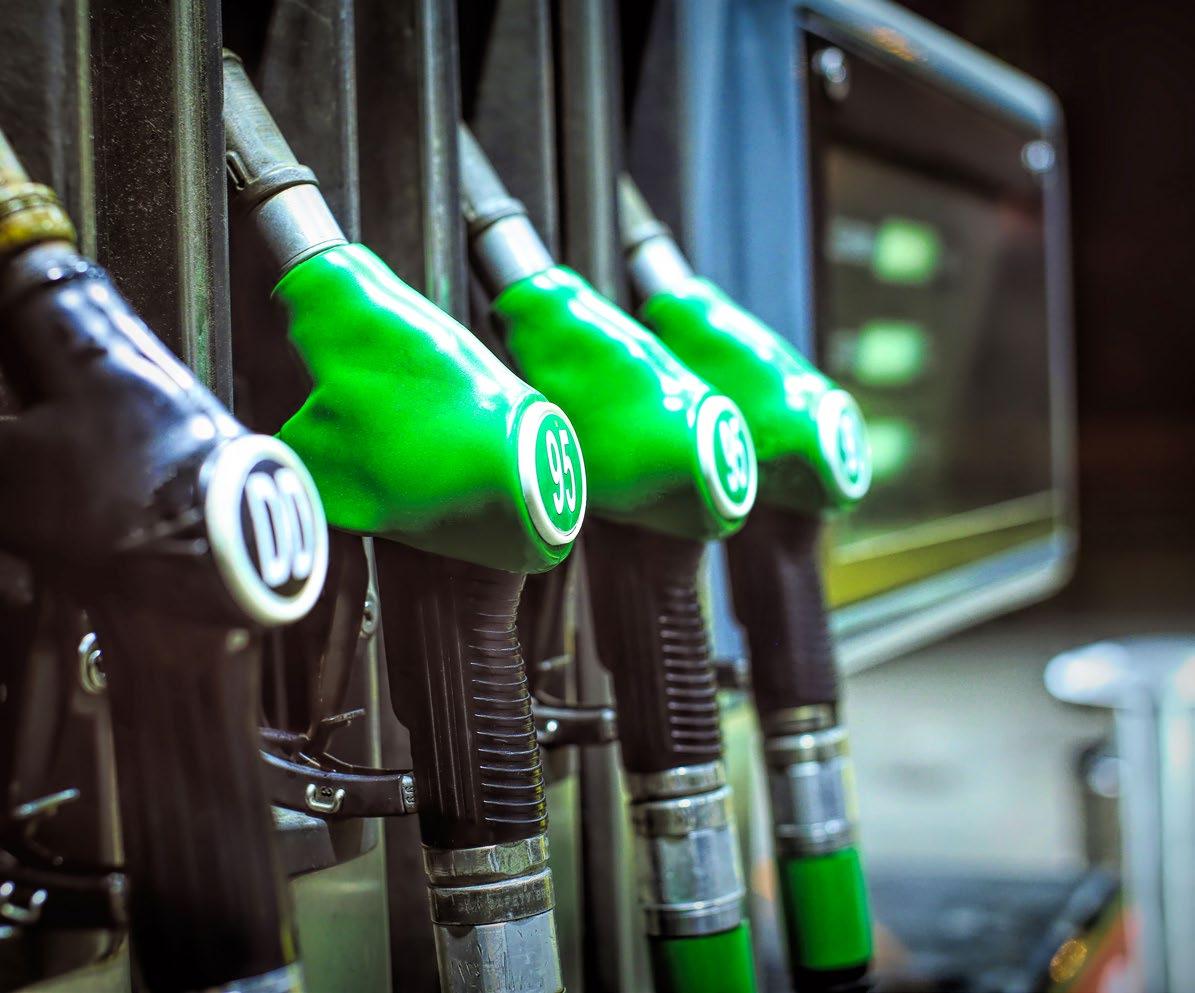
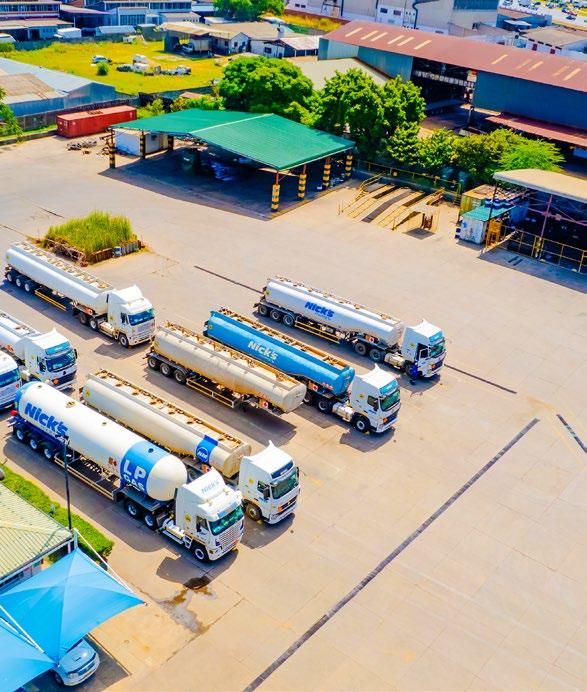
The fuel enters the country through a few key points, primarily ports in neighbouring countries like Beira (Mozambique) and Durban (South Africa).
From there, it's transported to storage facilities in major cities like Harare, Bulawayo, and Mutare.
The fuel distribution follows a well-defined chain, which includes importation, where companies like the National Oil Company of Zimbabwe (NOCZIM) handle the procurement and import of fuel.

Storage comes in where the bulk storage facilities at key locations hold imported fuel before distribution.
Wholesale distribution involves licenced companies that will pick up bulk fuel for transportation.
Retail distribution is the last, and it is the stage where fuel reaches consumers through petrol stations spread across the country.
Some of the local players:
Logistics play a vital role in ensuring fuel reaches its destination efficiently and involve a robust road transport infrastructure.
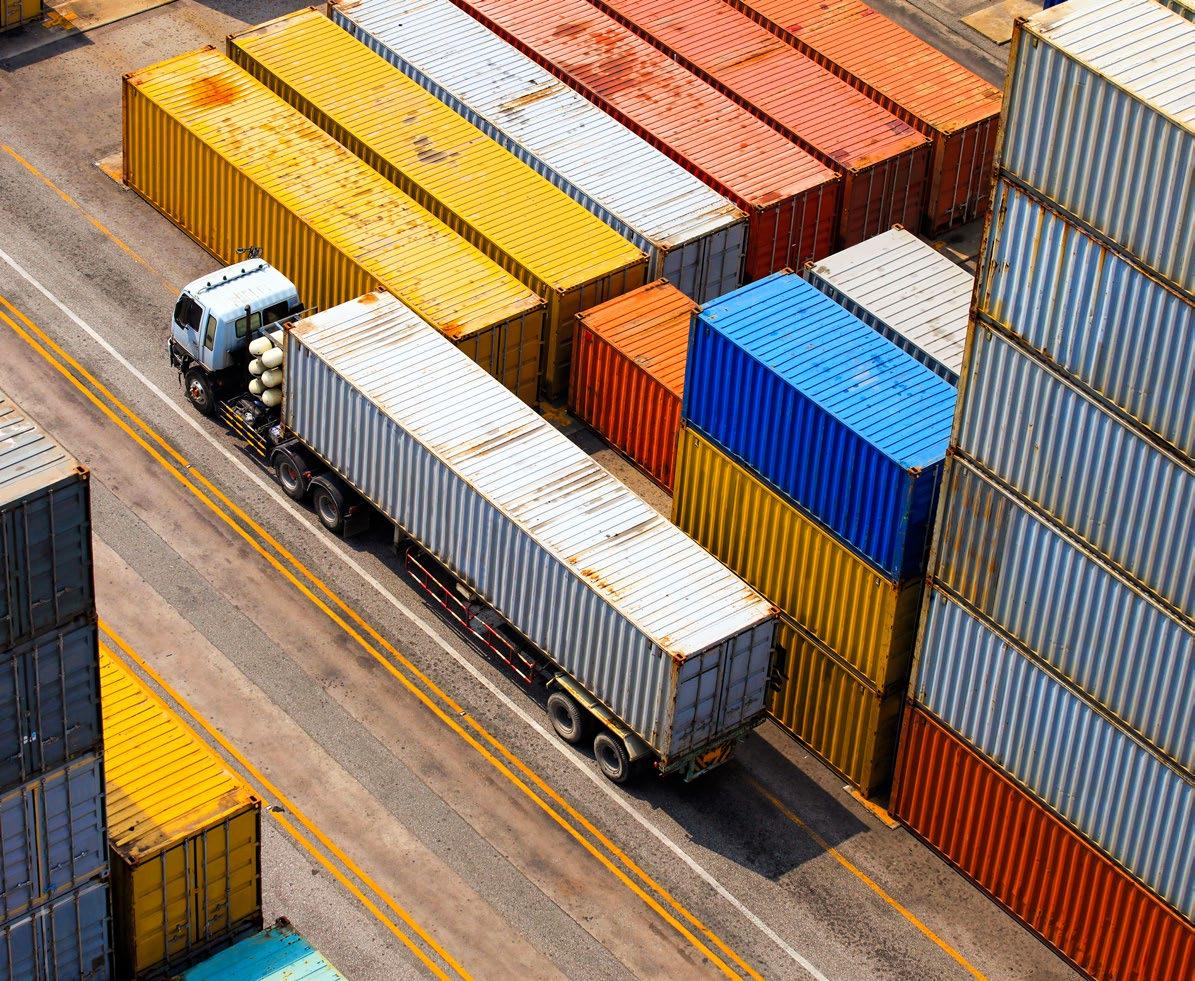
Some local and leading companies like Darwizi Transport, Nicks Motors, and FBM Haulage come to the forefront here, utilising tankers to transport bulk fuel across the country.
Darwizi Transport is a leading name in fuel transportation, boasting a large fleet of tankers and extensive experience navigating Zimbabwe's roads.
Their efficient operations ensure timely deliveries across the country.
Nicks Motors plays a vital role in fuel distribution.
Their fleet of tankers keeps fuel flowing to various destinations, ensuring businesses and consumers have access to what they need.
FBM Haulage offers fuel transportation services along with other goods.
Their expertise in navigating complex logistics helps keep fuel deliveries on schedule.
The future:
The future of Zimbabwe's fuel distribution and logistics hinges on overcoming
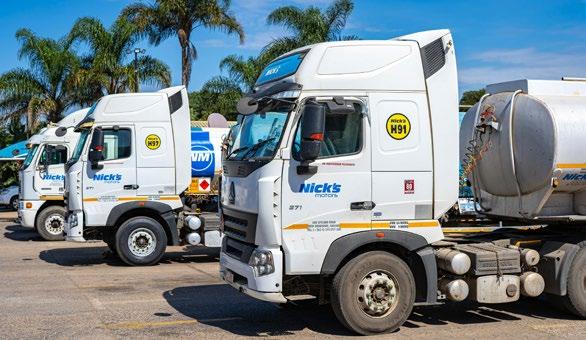
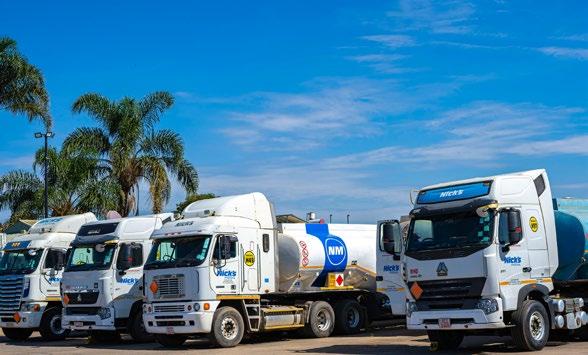

inherent challenges. Streamlining foreign currency access, investing in infrastructure development, and fostering a stable regulatory environment are crucial.
Additionally, promoting formal distribution channels and embracing technological advancements are vital for a more efficient and sustainable sector.
The future will also depend on collaboration between stakeholders.
We might see a lot of investment in infrastructure that is already occurring, like the Feruka Pipeline, which is currently being constructed and is 70% complete.
Upgrading and maintaining roads will streamline transportation, reducing costs and delays.
Other things to consider are the implementation of technology for fleet management, route optimisation, and real-time tracking, which can improve efficiency.
Public-private partnerships (PPPs) are becoming a common trend.
Collaboration between government and private companies can foster investment and innovation in the sector.
The sector has the potential for growth, driven by a rising economy and increasing demand, but has to withstand significant challenges like foreign currency shortages, infrastructure limitations, and informal markets that must be addressed.
Also, by implementing strategic solutions and embracing innovation, Zimbabwe can unlock the true potential of this vital sector and ensure a smoother journey for the future.

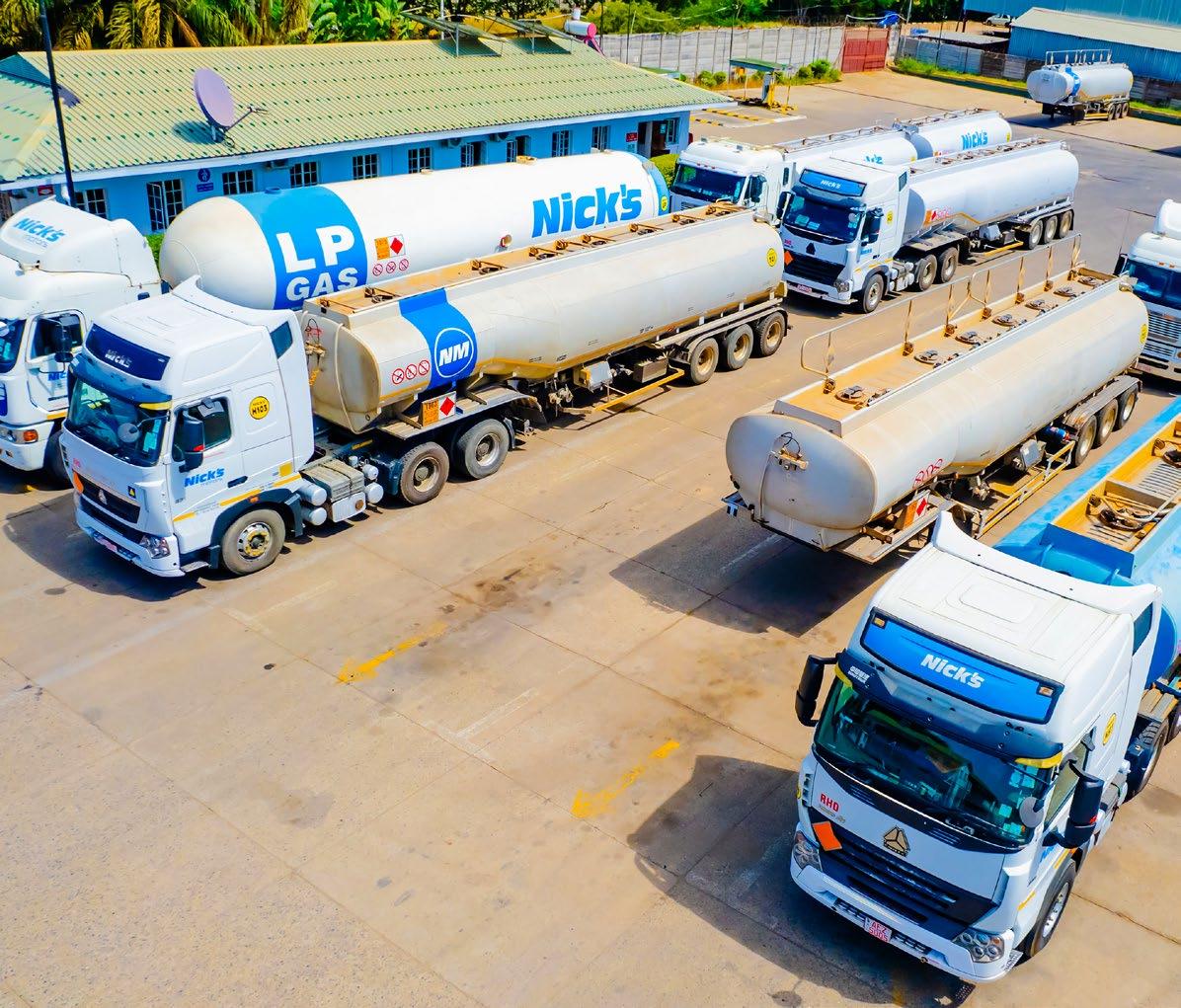
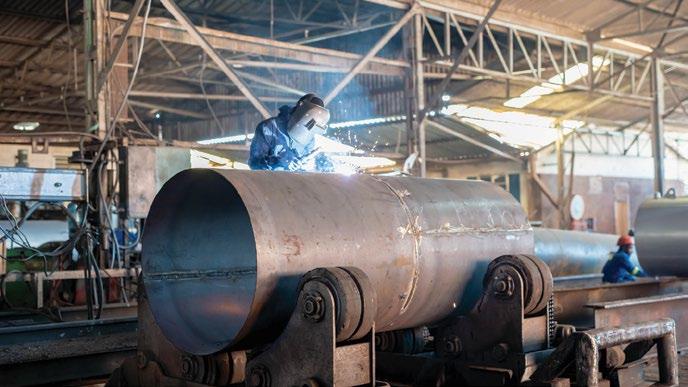
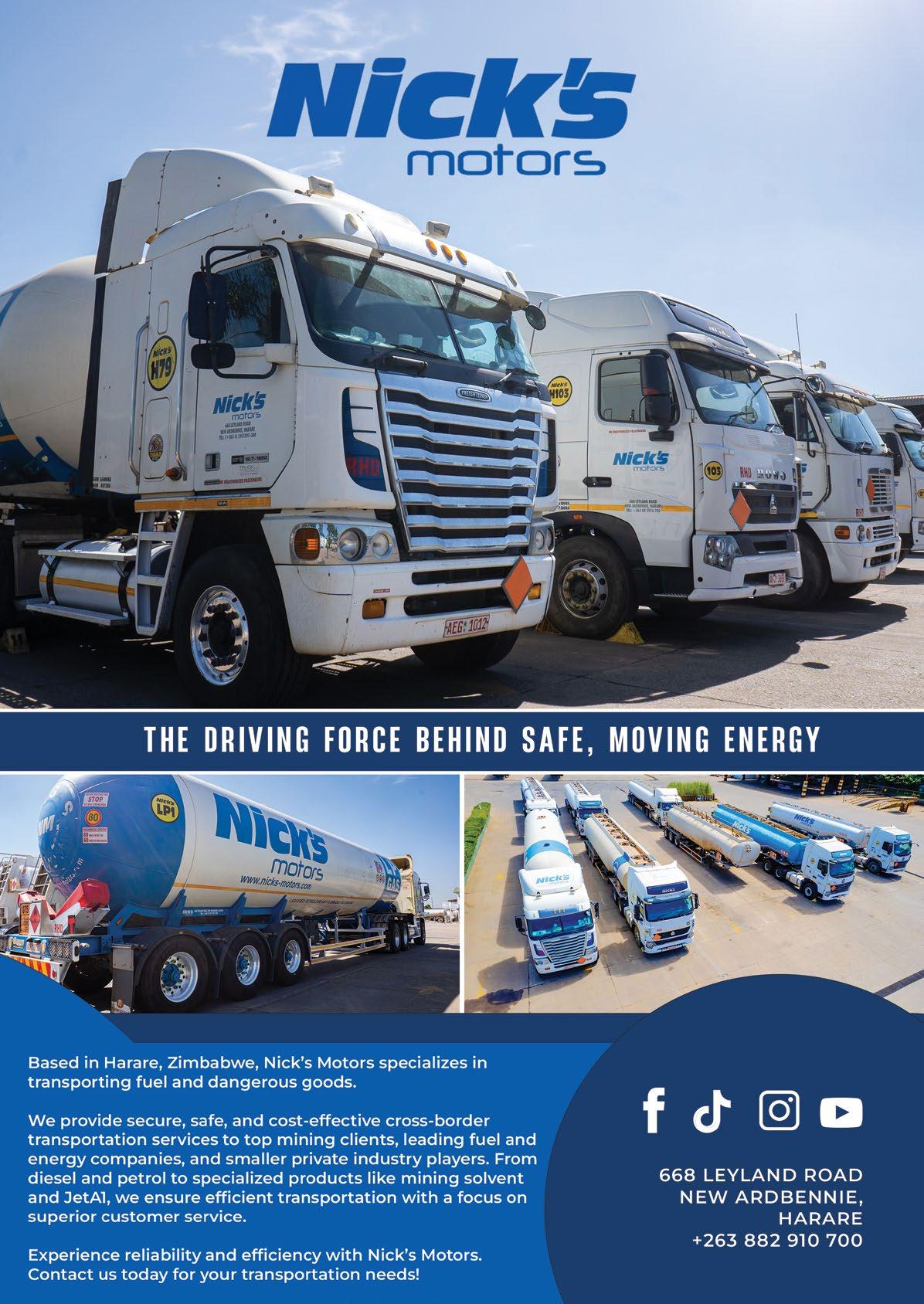
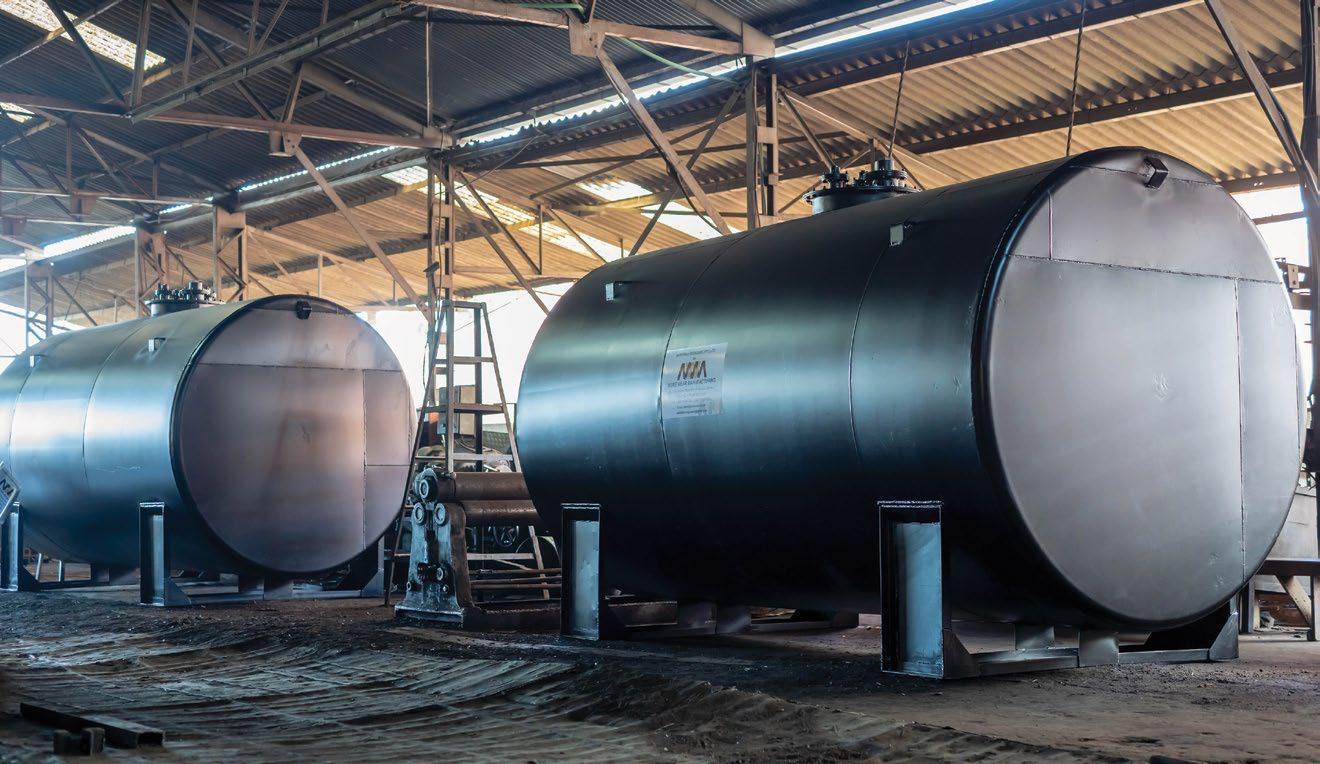
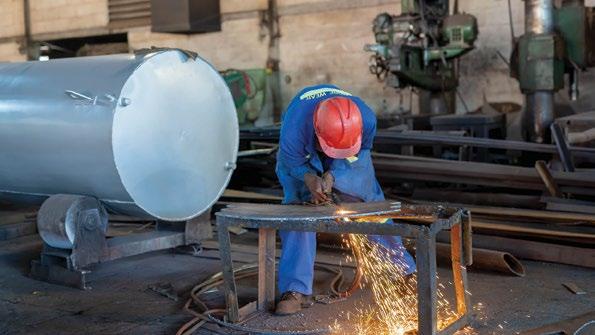

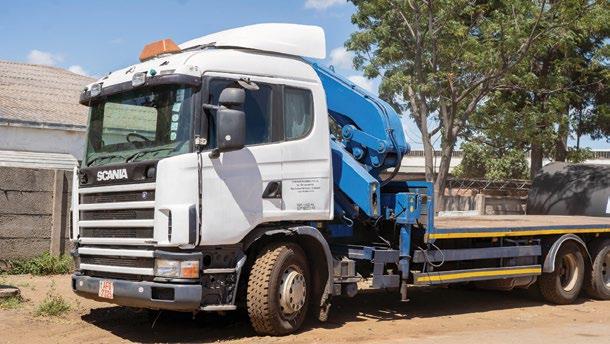
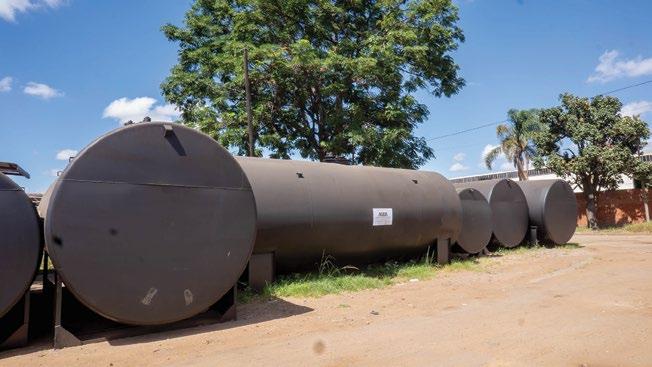
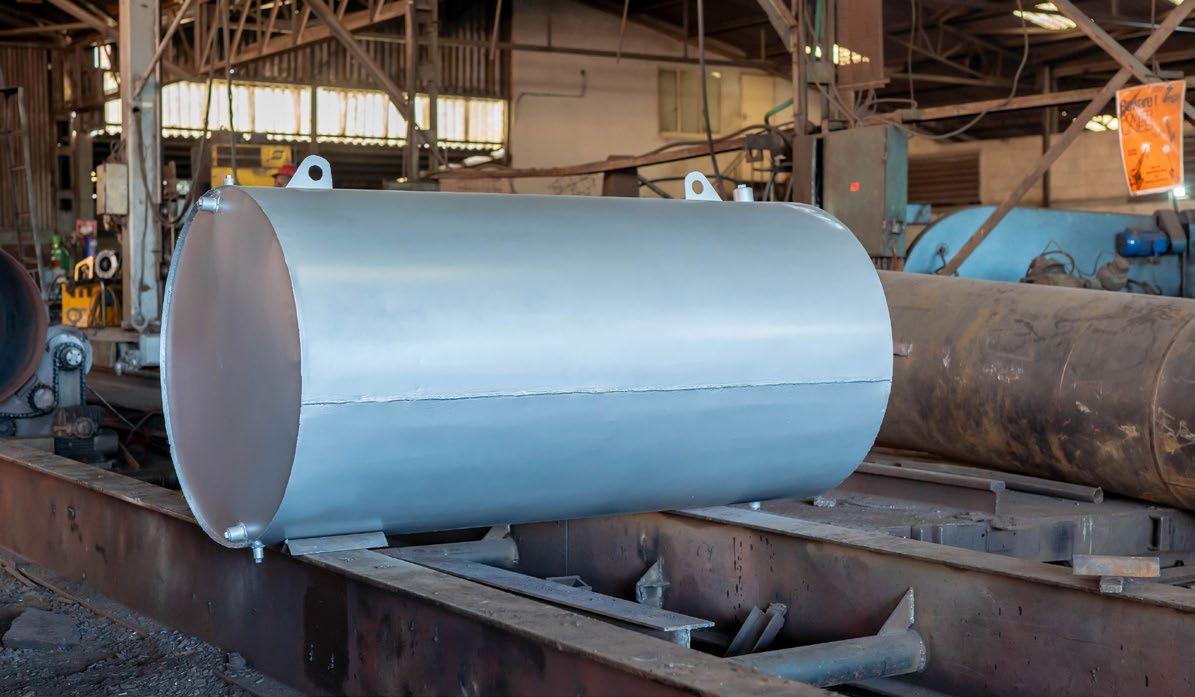

Text by Martin Chemhere
Operating from Harare’s New Ardbennie Industrial Area, More Wear Manufacturing, prides itself with a rich history and a reputation for excellence in steel fabrication.
The company has risen to become a leading manufacturer of diverse steel products, serving various sectors of the Zimbabwean economy and beyond.
Their product portfolio boasts an impressive array, catering to the critical needs of industries or sectors like mining, agriculture, transport, construction, food processing, local authorities, manufacturing and energy.
Fuel Storage for Every Need:
The company takes pride in its expertise in crafting both underground and aboveground fuel storage tanks. These tanks cater to various needs, ranging from industrial applications to private fuel storage for farms and residences.
Manufactured with highquality steel and adhering to stringent safety standards, the high-quality fuel storage tanks guarantee reliability and durability as well as certification by independent inspection authorities.
Keeping Businesses Running Smoothly:
Beyond fuel storage, the company offers air receivers, vital components in compressed air systems. These vessels store compressed air, ensuring a consistent and readily available source of power for various industrial processes. This not only enhances efficiency but also plays a crucial role in maintaining operational continuity.
Transportation Made Easy:
The company’s expertise extends to the realm of trailers, catering to both farm-related transportation
and high-speed cargo movement.
Their farm trailers facilitate the efficient transport of agricultural produce, while their high-speed trailers allow for the swift and safe delivery of goods across the country.
Supporting the Mining Industry:
More Wear plays a significant role in the backbone of the Zimbabwean economy – the mining sector. They manufacture leach tanks, essential for extracting valuable minerals from ore through a chemical process. Granby cars, coco pans and more are also made.
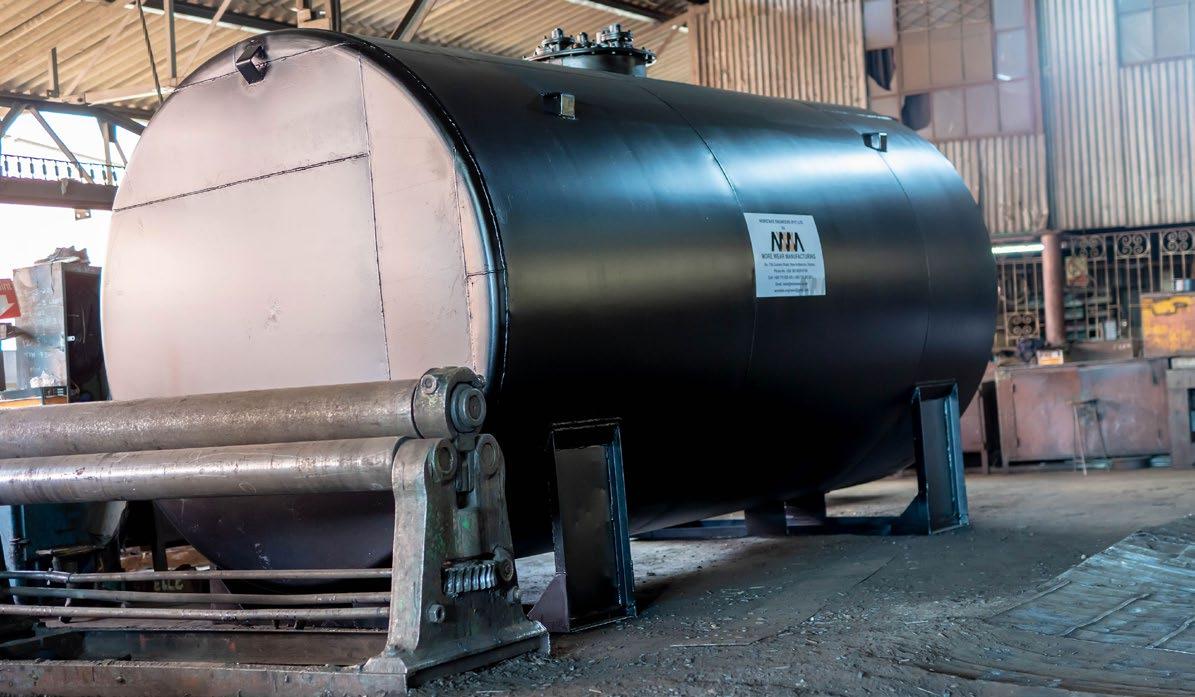
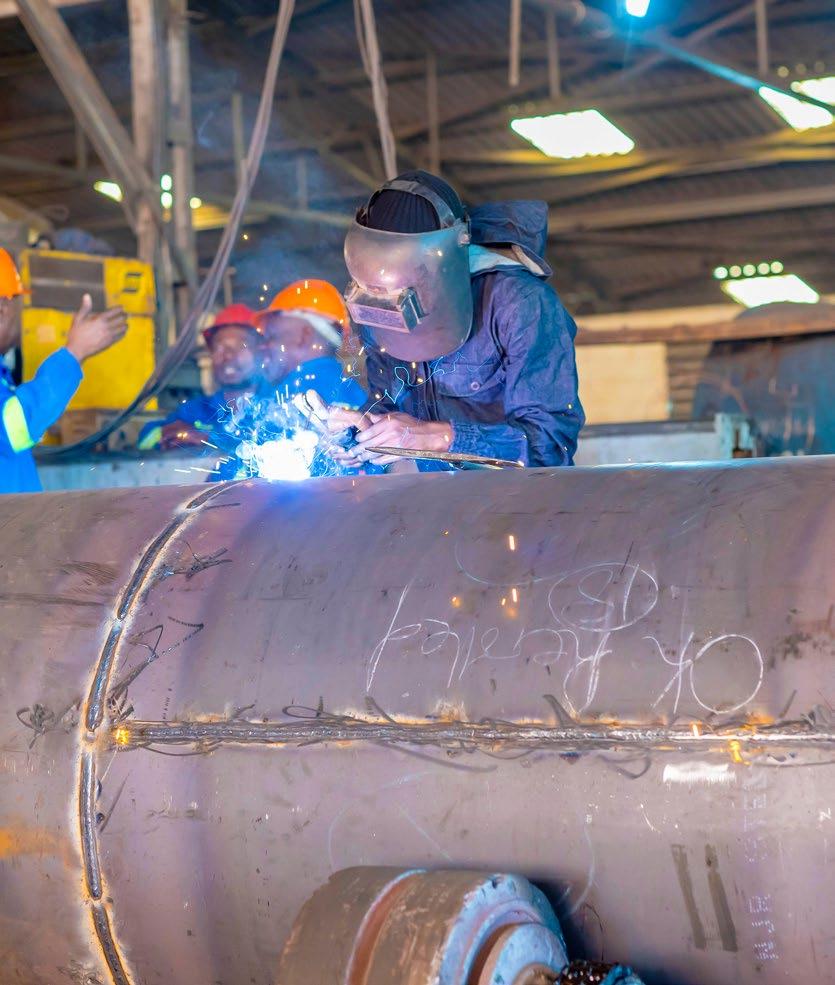
This expertise ensures efficient and cost-effective mineral extraction, contributing directly to the mining industry’s success.
Beyond the Standard:
Offerings extend far beyond the above core products, to include the manufacture of large bore steel pipes and chimneys, catering to construction projects and infrastructure development.
Additionally, their steel ducts contribute to efficient ventilation systems in buildings, while skip bins and swing litter bins provide waste management solutions for various settings and local authorities.
Committed to Service:
Committed to go beyond the production of high-quality steel products, they also offer a comprehensive range of services, including plant installations, maintenance, and demolitions.
This one-stop-shop approach provides clients with the convenience of a single point of contact for all their steel fabrication needs.
Investing in Innovation:
To maintain their competitive edge and cater to the evolving needs of their clients, continuous investment in innovation is prioritized.
They employ a team of experienced and qualified engineers and competent artisans (coded welders, boilermakers, riggers, electricians, machinists and fitters) who meticulously oversee every stage of the manufacturing process, ensuring the highest quality standards are met.
Reaching New Horizons:
The company understands the logistical challenges associated with heavy machinery and steel products. To address this, they operate a 10-tonne crane truck, facilitating efficient deliveries throughout Zimbabwe.
This commitment to timely and hassle-free delivery further strengthens their customer service and reinforces their position as a reliable partner for businesses across the country.
A Legacy of Excellence:
More Wear Manufacturing stands as a testament to Zimbabwean ingenuity and dedication to quality.
Their diverse product portfolio, unwavering commitment to service, and continuous pursuit of innovation have positioned them as a leading force in the steel fabrication industry.
As they navigate the future, the company is well-positioned to continue playing a crucial role in the development and growth of Zimbabwe’s diverse industries.
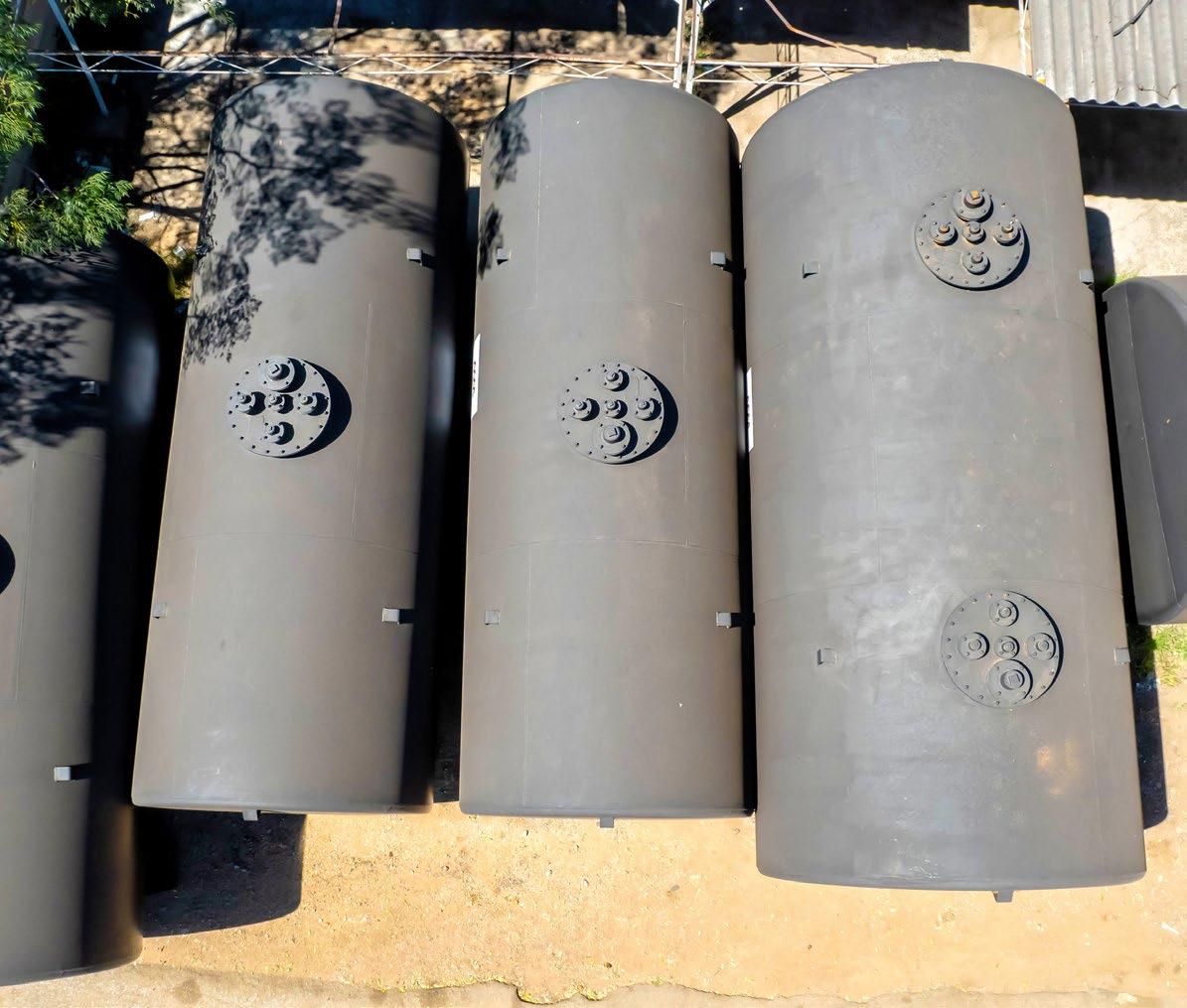
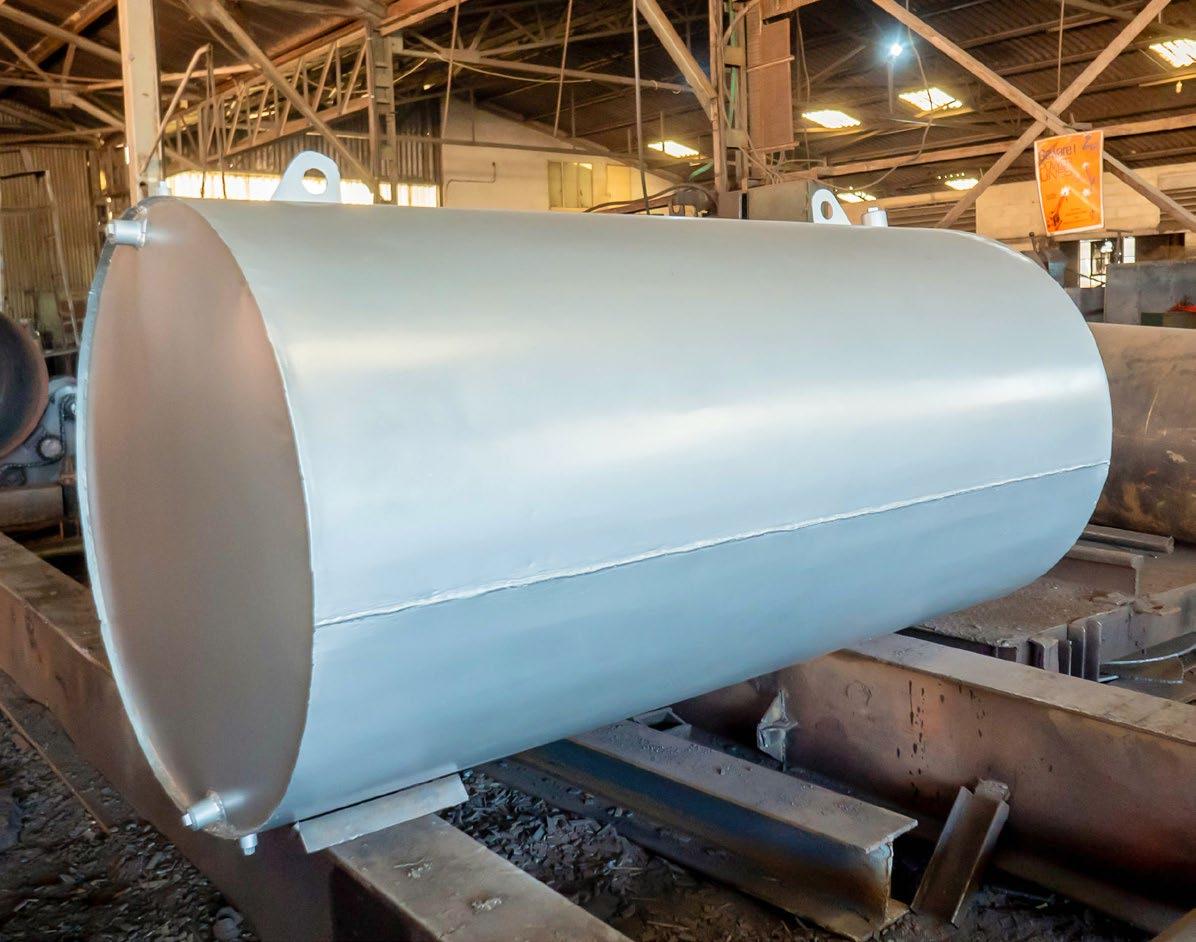
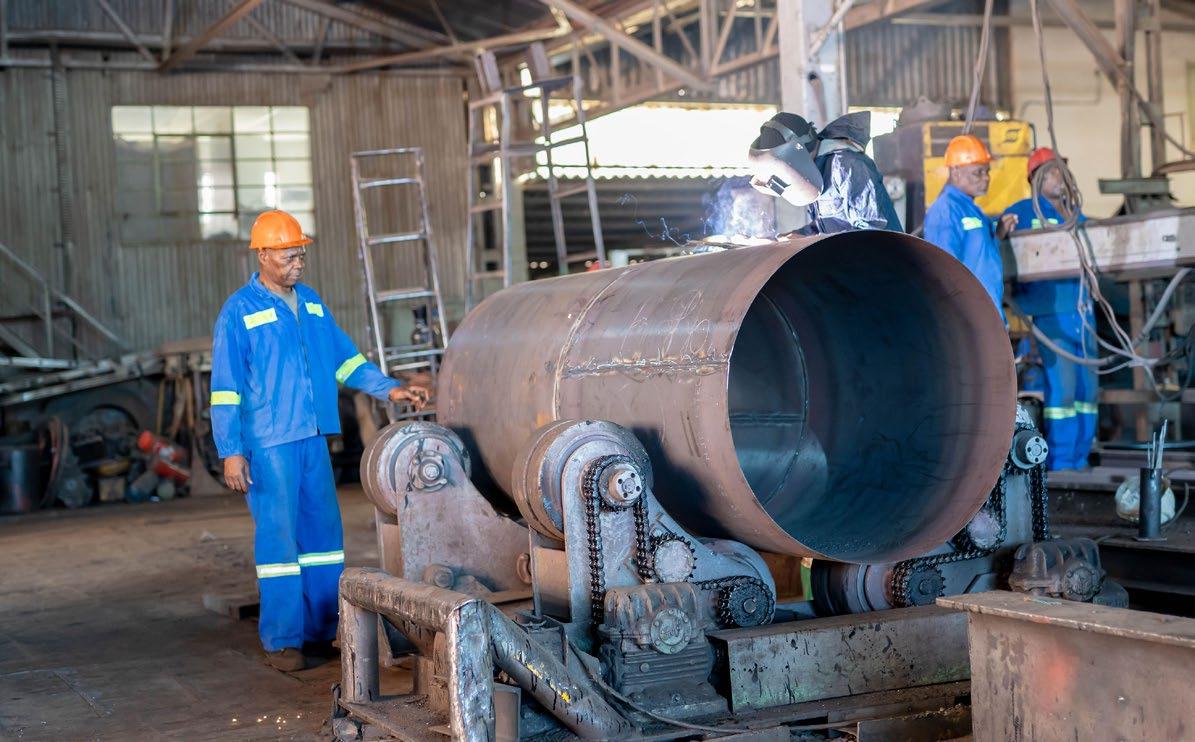
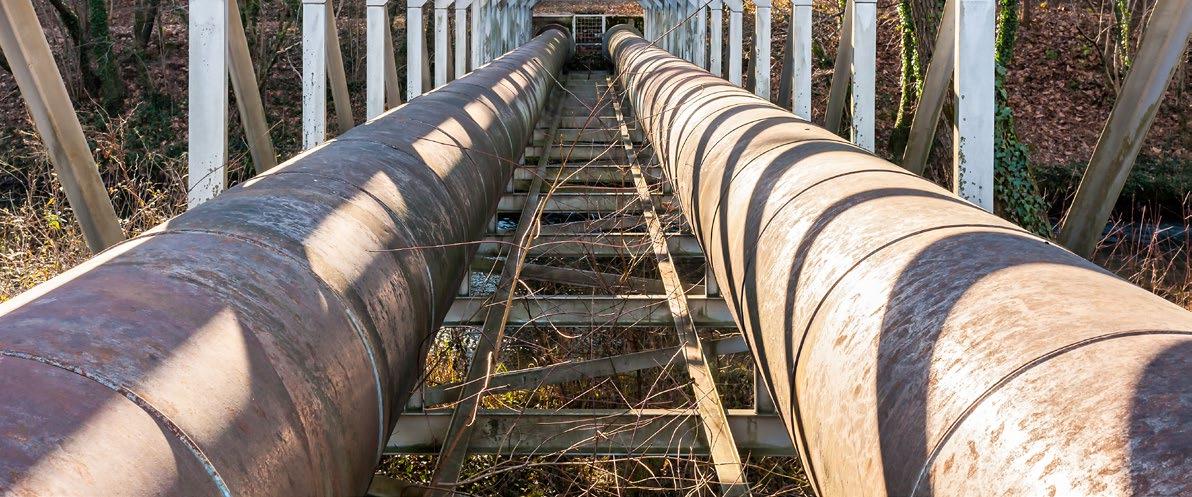
The highly anticipated Feruka Pipeline, a critical infrastructure project linking Beira, Mozambique, to Harare, Zimbabwe, is nearing completion, with significant progress achieved in recent months.
As of March 5, 2024, the pipeline is estimated to be 70% complete, marking a significant milestone towards its operationalization.
This 434-kilometer pipeline, with a capacity of transporting up to 1.3 million cubic meters of refined fuel products annually, is set to revolutionize fuel supply in landlocked Zimbabwe.
Currently, Zimbabwe relies heavily on road tankers for fuel transportation, a method prone to inefficiencies, delays, and higher costs. The pipeline offers a more efficient and cost-effective solution.
The pipeline will significantly reduce Zimbabwe’s dependence on road transportation for fuel imports, thereby mitigating potential disruptions caused by road closures, fuel shortages, and fluctuating global fuel prices.
It will be a much cost-effective project as pipeline transportation is generally cheaper than road transport, offering significant cost savings for fuel importers and consumers in Zimbabwe.
The pipeline will facilitate faster and more reliable fuel delivery, streamlining supply chains and reducing reliance on stockpiling.
By replacing road tankers, the pipeline is expected to contribute to a reduction in carbon emissions and improve air quality.
The project, valued at approximately US$1 billion, is a collaborative effort between the governments of Mozambique and Zimbabwe, spearheaded by the Zimbabwe National Oil Company (ZNOC) and the Mozambican state-owned oil and gas company, Empresa Nacional de Hidrocarbonetos de Moçambique (ENH).
Construction of the pipeline commenced in 2020 and has progressed steadily despite encountering various challenges. Initial delays were attributed to securing financing and navigating complex regulatory procedures.
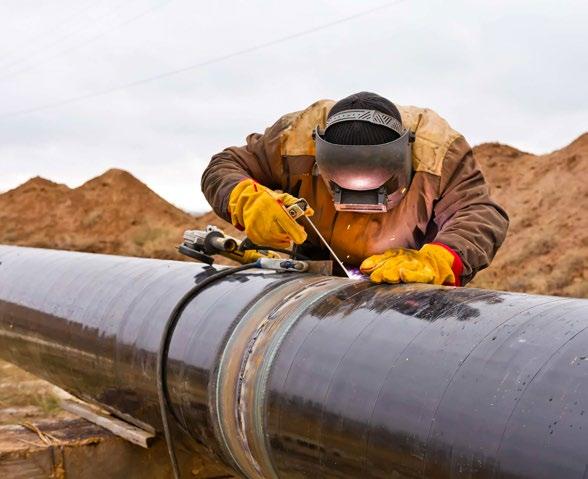
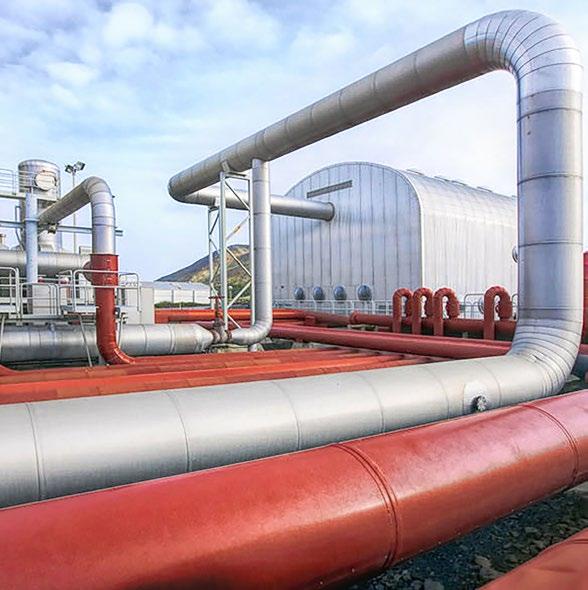
Additionally, the COVID-19 pandemic posed logistical hurdles, impacting the movement of personnel and materials.
However, with concerted efforts from stakeholders and the easing of pandemic restrictions, construction has gained significant momentum.
As of March 2024, the majority of the pipeline has been laid, and construction is focused on completing pumping stations and storage facilities at both terminals.
The successful completion of the Feruka Pipeline is expected to unlock a multitude of benefits for both Mozambique and Zimbabwe.
In addition to the aforementioned advantages, the project is anticipated to potentially stimulate economic activity in both countries by creating employment opportunities during construction and operation phases.
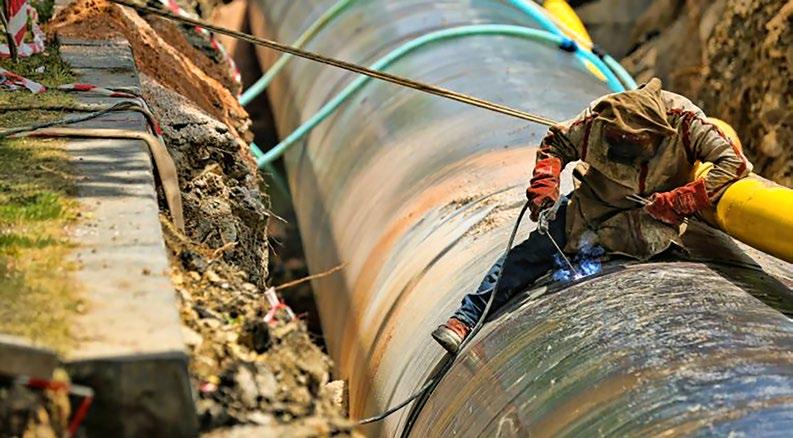
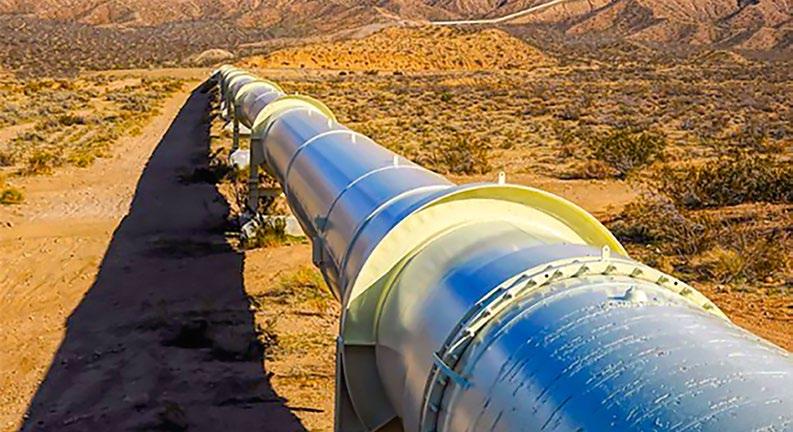


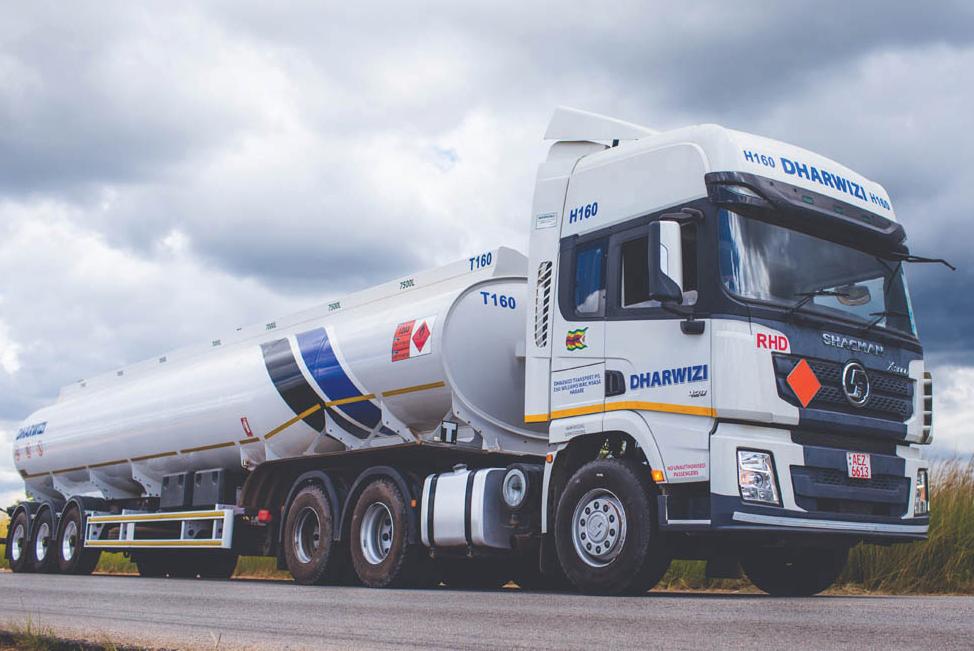
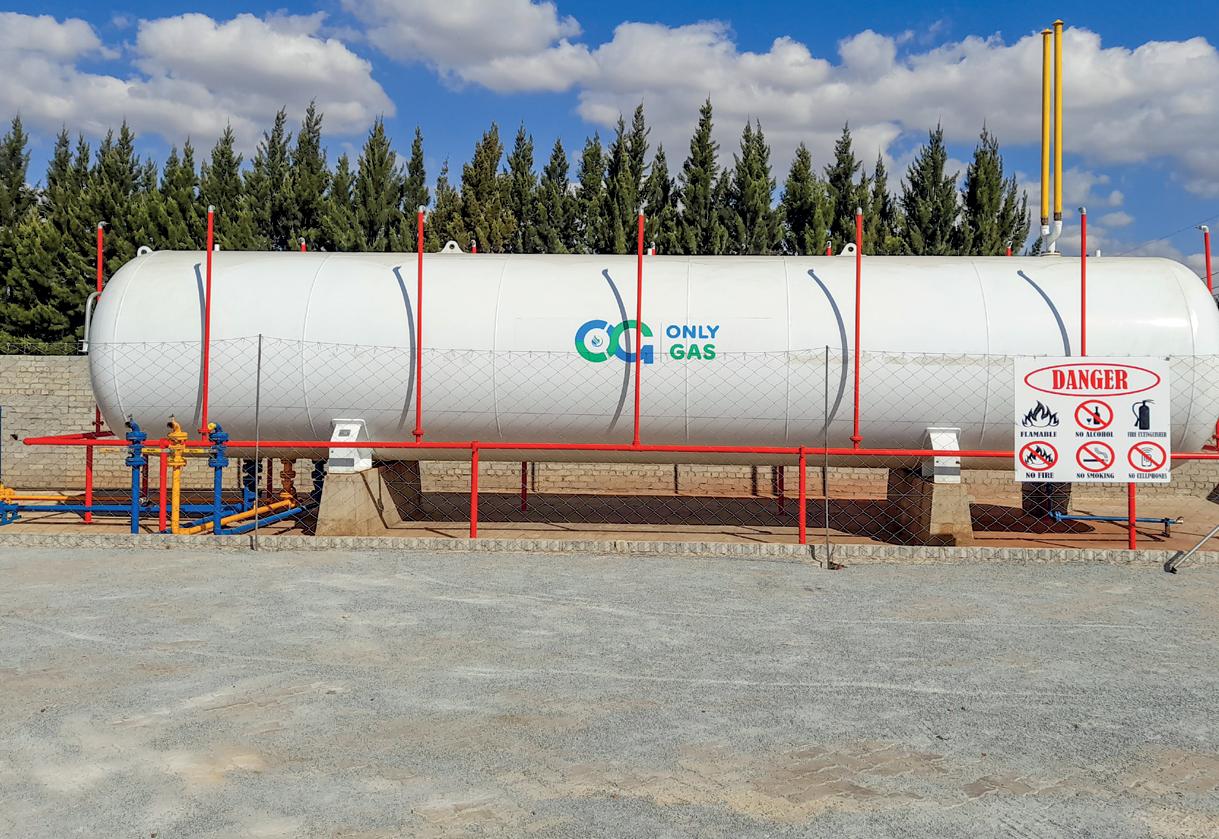
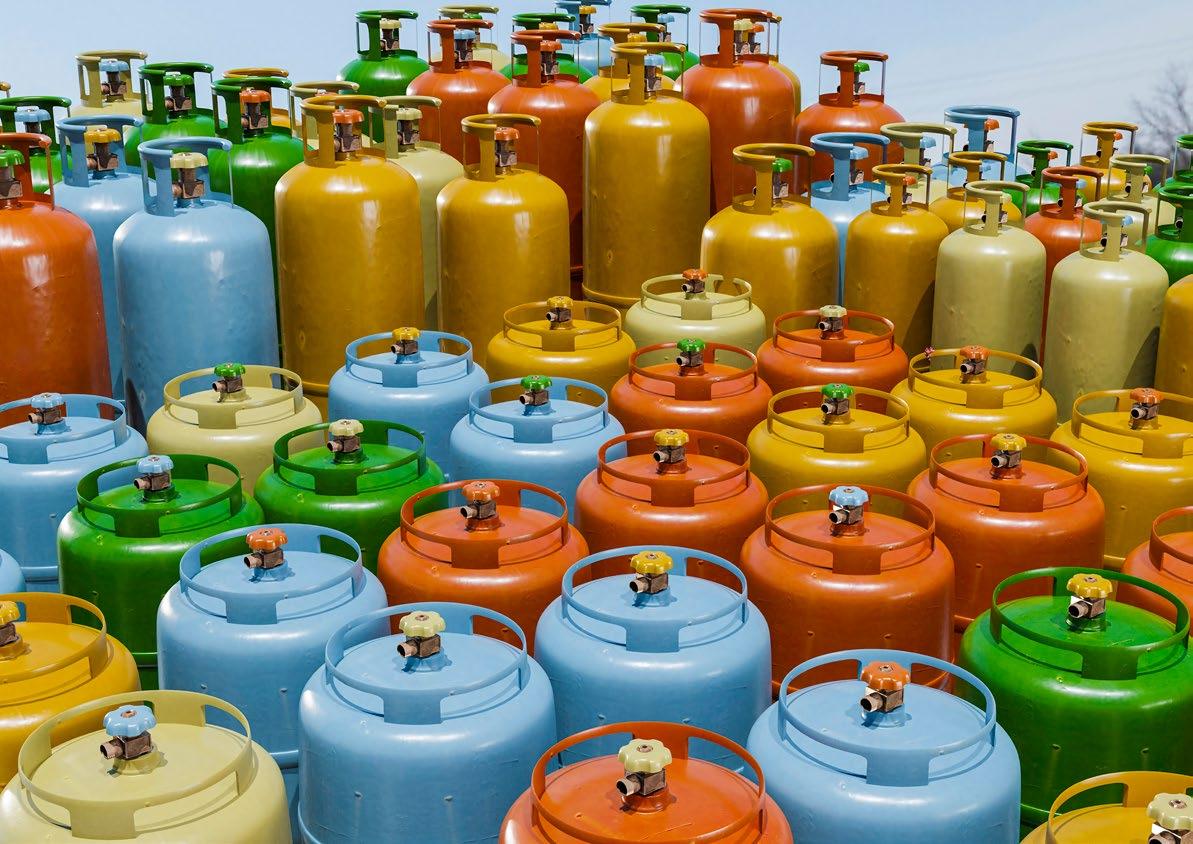
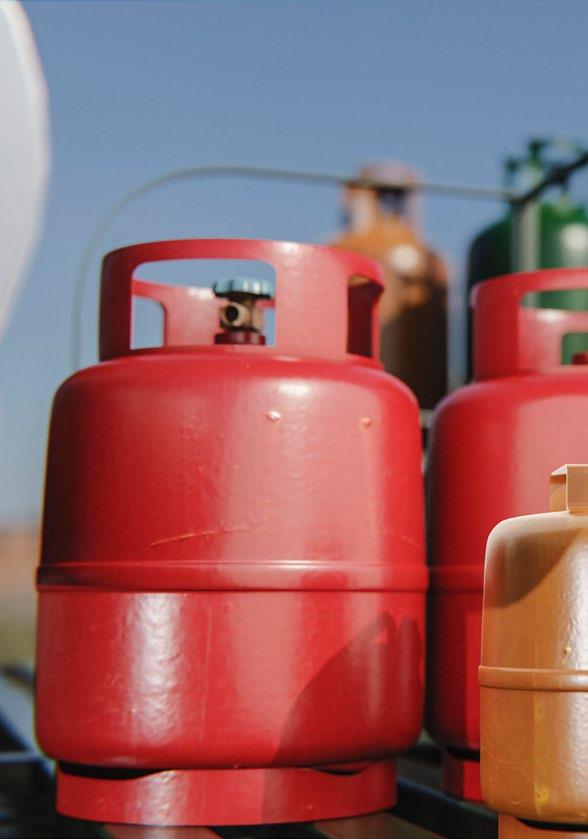
The Liquid Petroleum Gas Sellers Association of Zimbabwe (LPGSAZ) successfully hosted its inaugural breakfast meeting in Harare, at the Rainbow Towers Hotel.
The LPGSAZ is a non-profit organization comprised of licensed retail and wholesale operators in the liquid petroleum gas industry. Their mission is to promote best practices and foster high standards within the industry.
Leading the keynote speaking sessions was the Permanent Secretary of Energy and Power Development.
Additional speaking highlights were from ZERA, whose presentation was titled “Growing LPG Business: Contributing Towards Access to Clean Energy by
2030”, EMA who discussed hazardous substances statutes and codes in Zimbabwe, and the City of Harare Fire Department outlining fire department licensing procedures.
Judging by the esteemed speakers, delegates undoubtedly benefited from the insightful presentations and engaging discussions with government representatives. The organizers plan to host more events in the future aimed at adding value to the LPG business sector and fostering beneficial networks within the industry.
Attendees were also encouraged to use this opportunity to join the LPGSAZ association and enjoy the various benefits associated with membership.
Some of the benefits of being a member include:
• Effective Representation with Authorities on Matters Affecting Business.
• Speaking with one strong voice on matters affecting business.
• Industry insights from expert research and publications on LPG industry and products.
• Business intelligence from quarterly newsletters and bulletins on LPG industry indices, opportunities and challenges.
• Access to operator’s manual.
• Discounted Training Programs.
• Business Seminars and retreats.
• Participation in Networking Events.
• Trade expos and exhibitions.
• Promotion of Safety practices to protect industry reputation and enhance uptake of LPG as the best alternative source of energy.
The meeting with the government on “Growing the LPG Business in Zimbabwe” was an exciting and productive encounter.
Stakeholders from across the country showed considerable interest and offered overwhelming support.
This important event served as a valuable platform for the LPG industry, fostering an exchange of ideas and building connections.

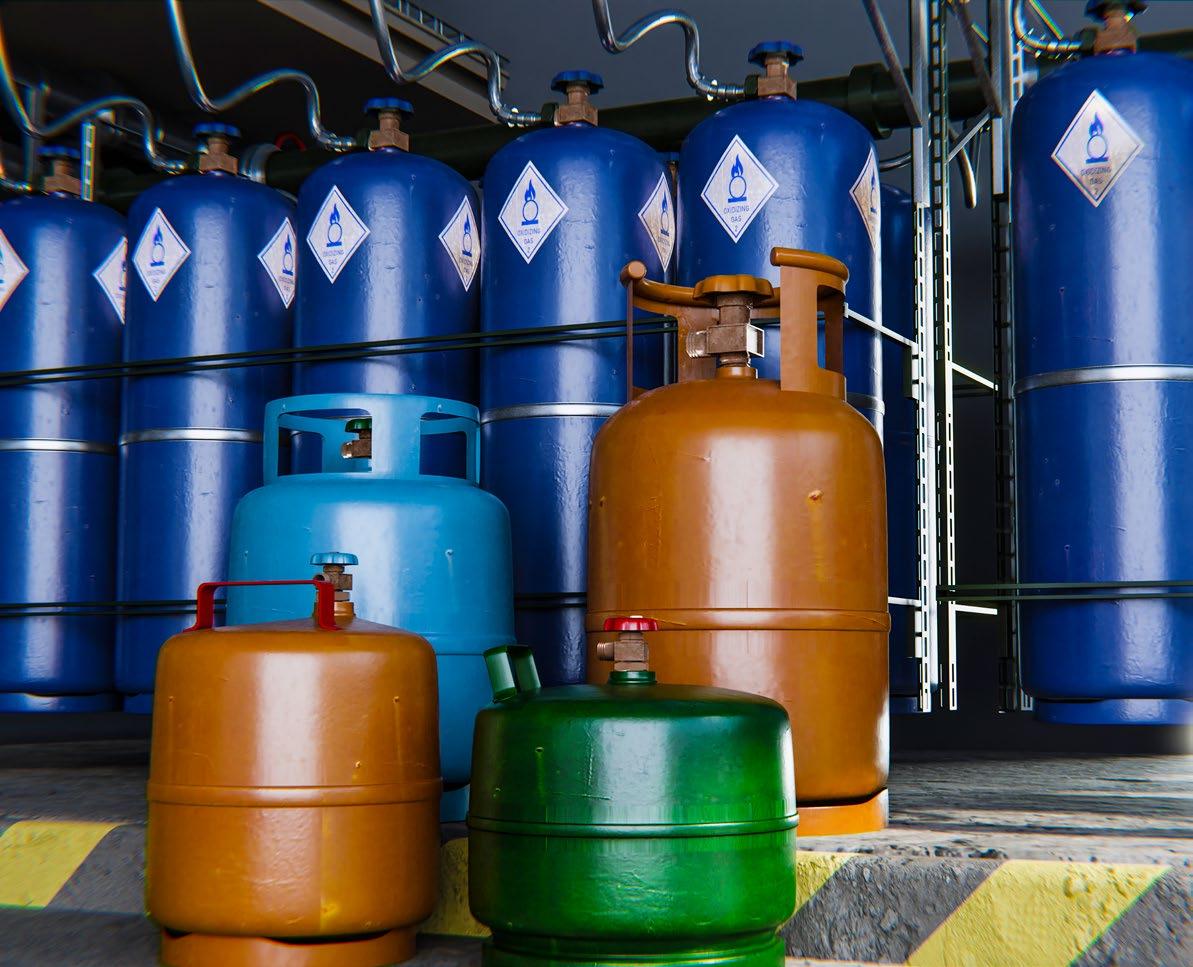
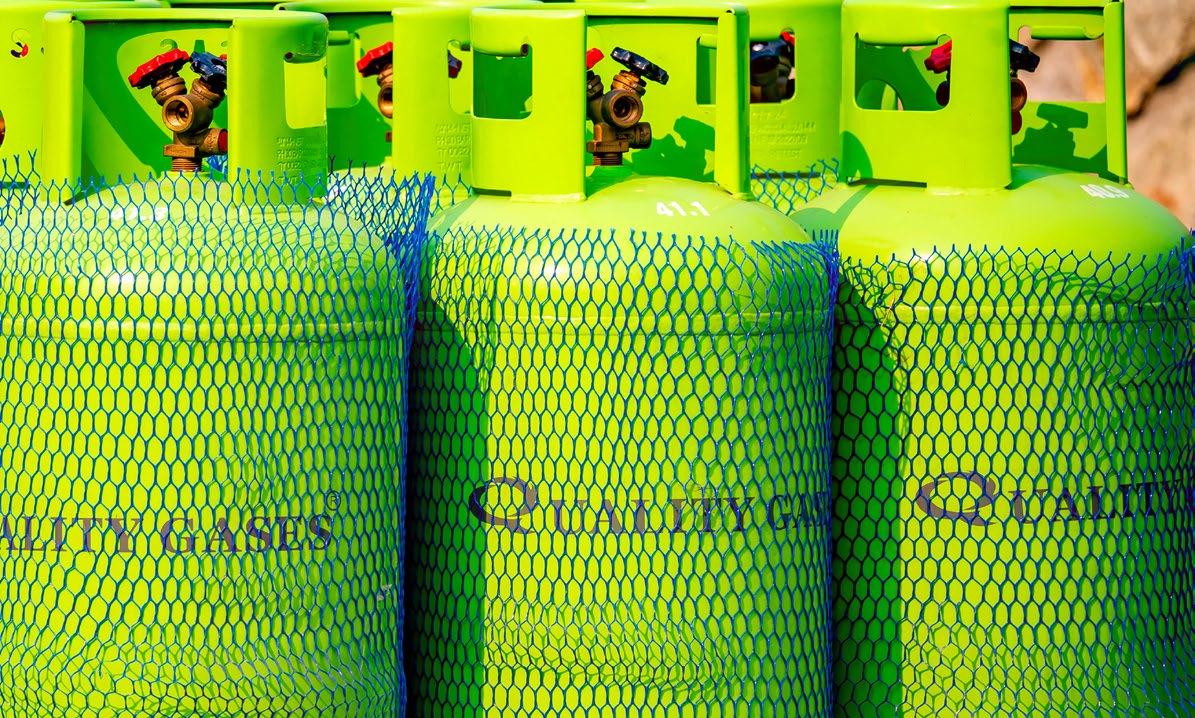
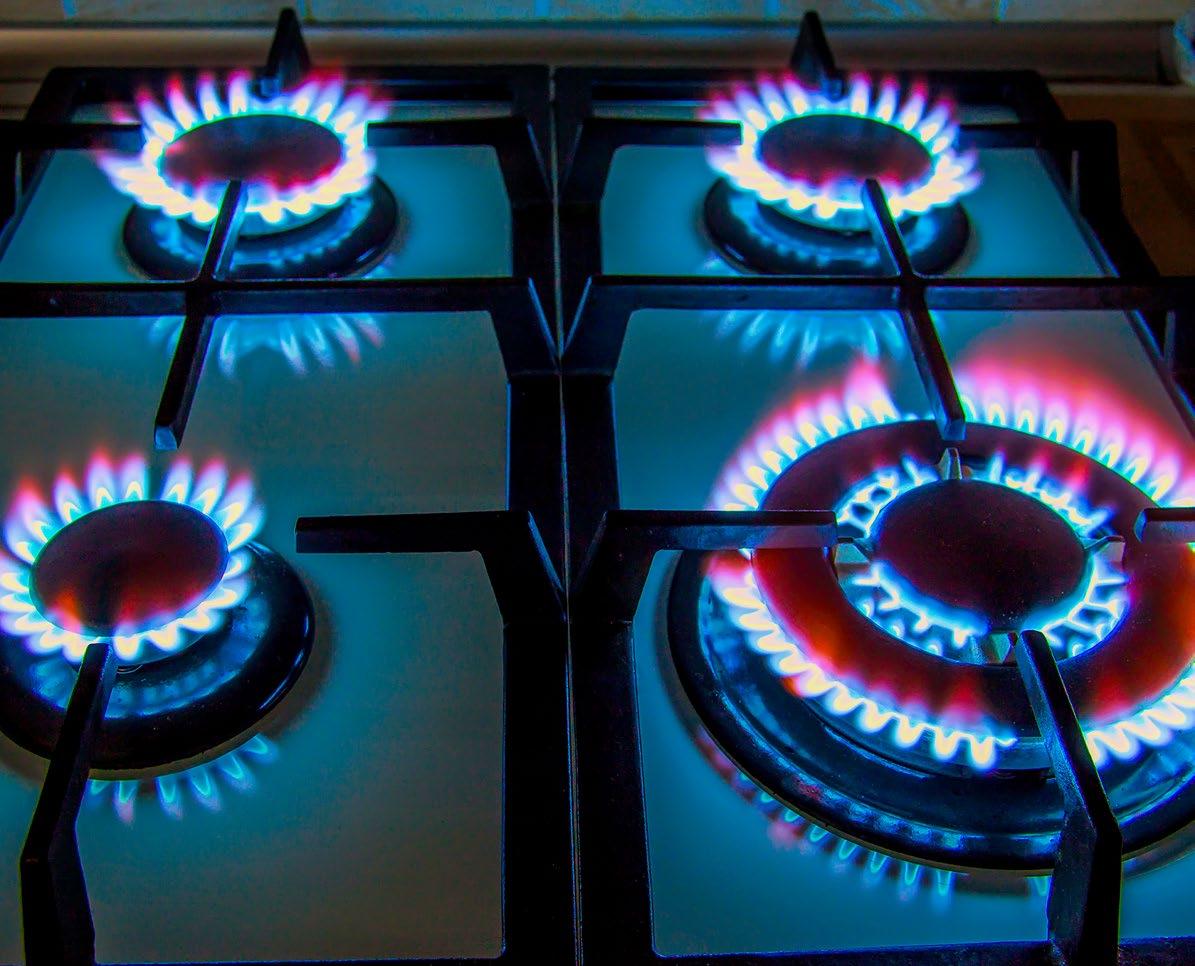
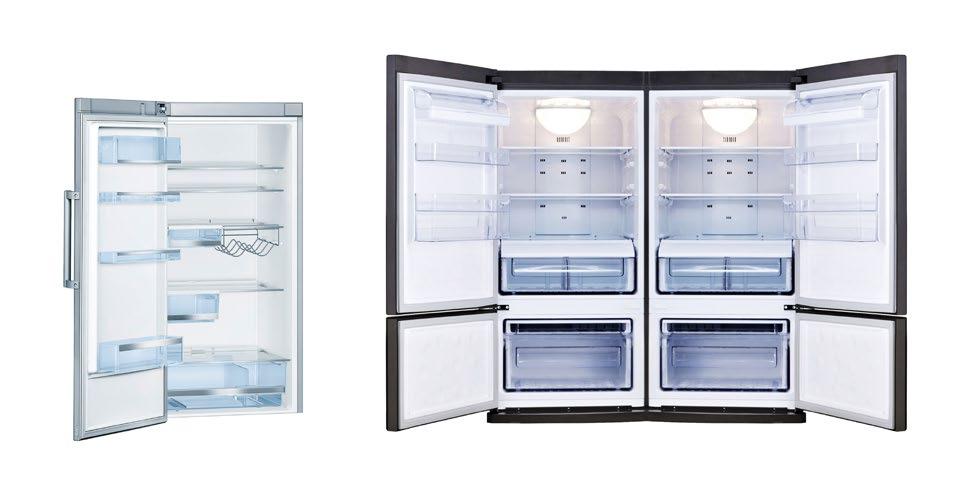
Solar power is rapidly transforming how we live, and now it's reaching into our kitchens with the introduction of solar fridges.
The fridges are brought to the local market by local company T & C Gas Equipment and Accessories, known for their reliable gas products and who expect to make waves with the products.
This exciting development caters to the growing demand for eco-friendly and sustainable solutions in the Zimbabwean market.
But what exactly makes solar fridges so advantageous?
The solar fridges offer a revolutionary way to keep your food fresh.
These fridges run on solar power, eliminating dependence on the national grid and reducing reliance on fossil fuels.
This is particularly beneficial in areas with frequent power outages or limited access to electricity.
Solar fridges are a revolutionary step towards a more sustainable kitchen.
With their ability to keep food fresh, reduce reliance on the grid, and minimize environmental impact, they offer a compelling option for Zimbabwean households seeking a greener and more cost-effective way to preserve their food.
While specific details about the fridges, like size and capacity, are unavailable on their website yet, their launch signifies a commitment to a greener future.
Imagine the convenience of having fresh produce and chilled beverages readily available, powered by the abundant Zimbabwean sunshine!
T & C Gas isn't just about solar solutions.
They remain a one-stop shop for all your kitchen and gas appliance needs.
From single-plate to multiburner options, they provide a variety of gas stoves to suit your cooking style and space and they stock a range of gas tank sizes, ensuring you have a reliable fuel source for your gas appliances.
Their product selection extends beyond gas, with a variety of electrical appliances like ovens and refrigerators. Look out for established brands like Bosch in their catalogue.
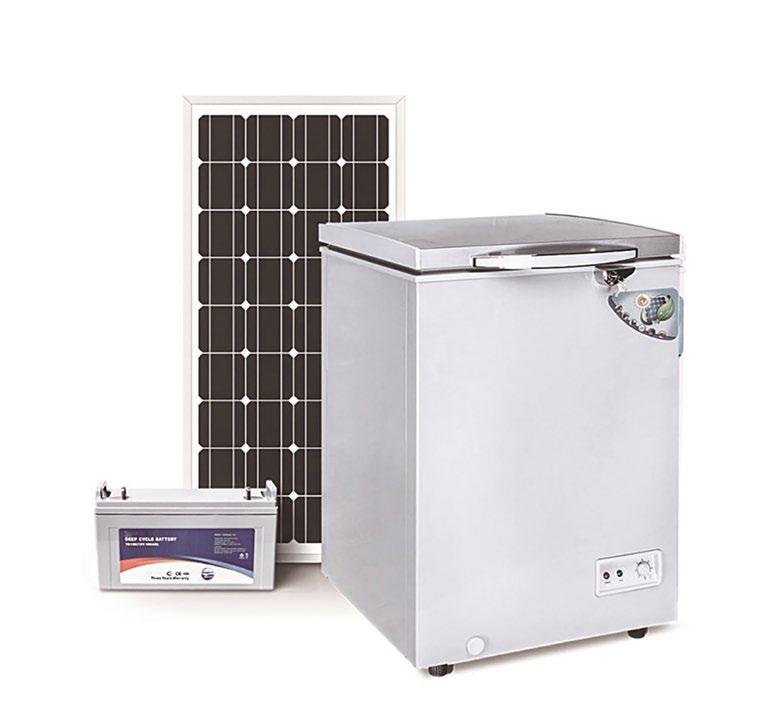
The company's introduction of solar fridges is a positive step towards a more sustainable future for Zimbabwe.
Their provision of eco-friendly options alongside their established gas and electrical appliance range, ensures that that they cater to the evolving needs of the Zimbabwean market.
With their commitment to quality products and exceptional service, the company is well-positioned to be a leader in the country's kitchen appliance landscape.
So, whether you're looking to harness the power of the sun
for refrigeration or seeking reliable gas and electrical appliances, T & C Gas is a name to remember.
Visit their showroom / store located at Samalex Shopping Mall Corner 7th St and Kwame Nkrumah for a firsthand look at their offerings.
Or give them a call to explore the possibilities for a greener and more convenient kitchen experience.
Their friendly staff can answer all your questions about the solar fridges and other appliances.
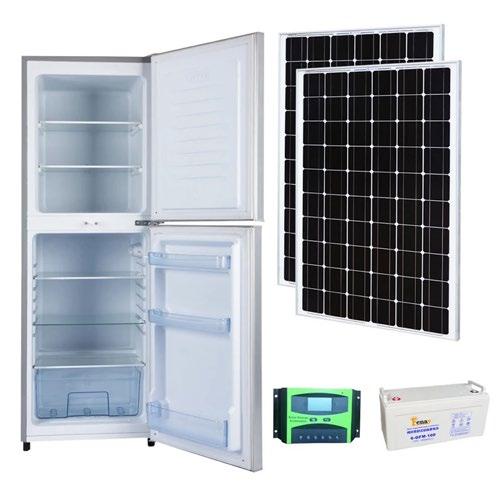
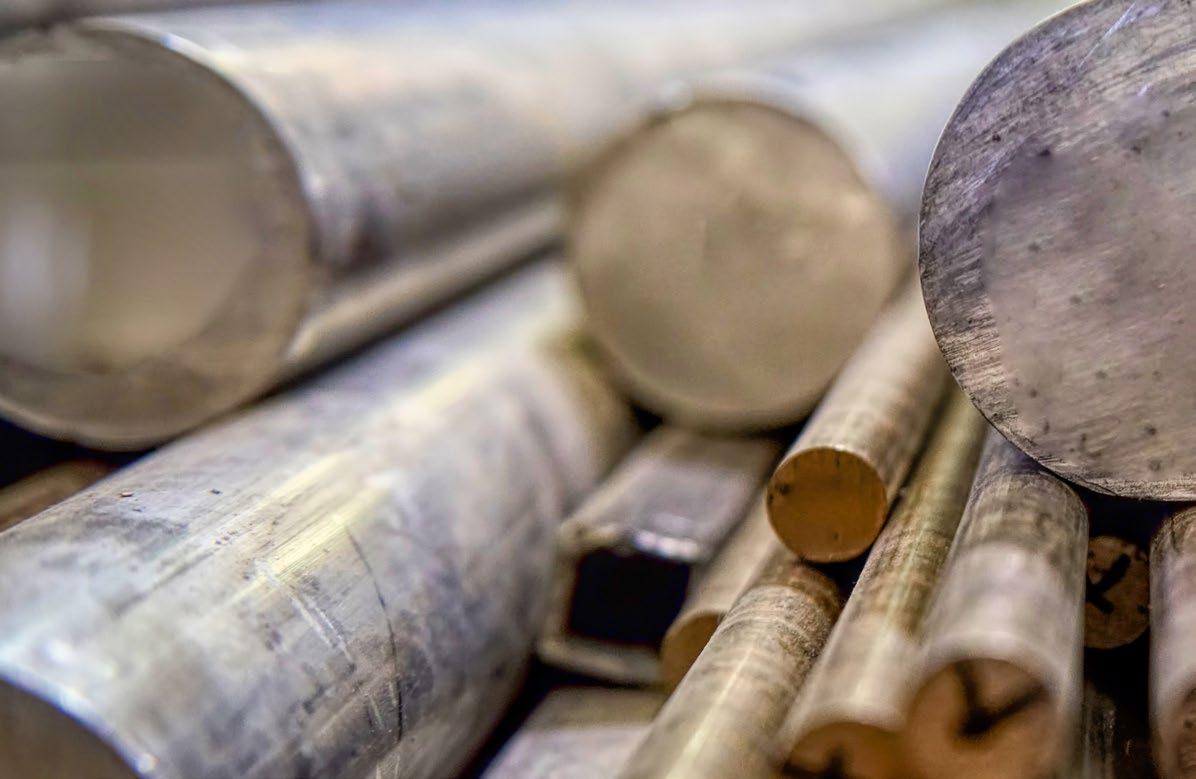
The US$1.5 billion steel plant in Manhize near Mvuma has been completed and is set to be commissioned on June 10th this year.
Constructed by Chinese stainless steel producer Tsingshan Holdings Group Limited, through its subsidiary, Dinson Iron and Steel Company (Disco),
it is one of Africa’s largest integrated steelworks.
The blast furnace, sinter plant, and raw material complex will undergo a test run between March and April, with commissioning tentatively scheduled for June 10th.
Zimbabwe’s steel manufacturing project, opening as scheduled, will significantly contribute to the country’s steel industry, utilizing locally-mined raw materials and generating
numerous new employment opportunities.
Disco anticipates producing 600,000 tonnes of goods in the first phase. In the second phase, this production is anticipated to quadruple, to 1.2 million tonnes.
Dinson has outlined their production plan, which calls for producing pig iron first then steel bars and billets later this year.
The project’s production levels are expected to rise significantly, reaching 3.2 million tonnes by the third phase and five million tonnes annually in the final phase,
providing diverse steel products and employment opportunities.
Net revenues are predicted to reach US$10 million in the first phase of production and to rise dramatically to US$4.25 billion in the fourth phase.
The project, strategically located within the African Continental Free Trade Area, aims to tap into a significant consumer base and contribute to the country’s GDP.
Moreover, the initiative will drastically cut the costs related to obtaining raw materials, especially in sectors like construction where steel is essential for constructing infrastructure.


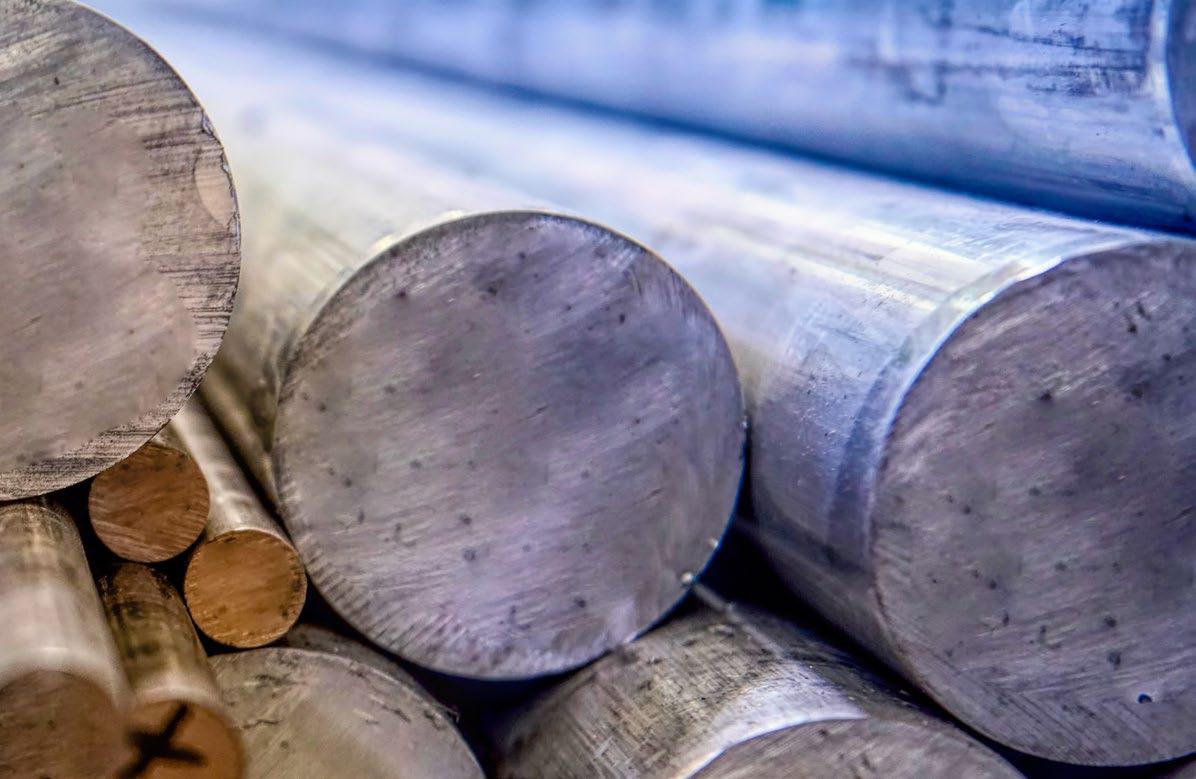

In a significant development for Zimbabwe’s mining industry, the Gwanda Lithium Mine has recently opened its doors, heralding a new era of economic growth and opportunity.
Situated in the mineralrich region of Gwanda, this lithium mine holds the promise of not only boosting the country’s mineral exports but also positioning Zimbabwe as a key player in the global lithium market.
The Gwanda Lithium Mine is located in the southern part of Zimbabwe, known for its abundance of lithium deposits.
With lithium being a crucial element in the production of batteries for electric vehicles and renewable energy storage systems, the mine’s opening is a testament to Zimbabwe’s commitment to diversifying its economy and capitalizing on its natural resources.
The launch of the Gwanda Lithium Mine represents a significant investment in Zimbabwe’s mining sector with the project backed by both local and international investors.
The development of the mine has created employment opportunities for local communities, stimulating economic growth and
fostering sustainable development in the region.
One of the key highlights of the Gwanda Lithium Mine is its adoption of advanced mining technologies and environmentally friendly practices.
The mine is equipped with state-of-the-art machinery and processes that prioritize safety, efficiency, and environmental sustainability.
This commitment to responsible mining practices sets a new standard for the industry in Zimbabwe.
The opening of the Gwanda Lithium Mine is expected to have far-reaching economic benefits for Zimbabwe.
Beyond generating revenue through lithium exports, the mine has the potential to attract further investment in the mining sector and create a ripple effect of economic growth in related industries.
The increased production of lithium also positions Zimbabwe as a key player in the global market for battery.
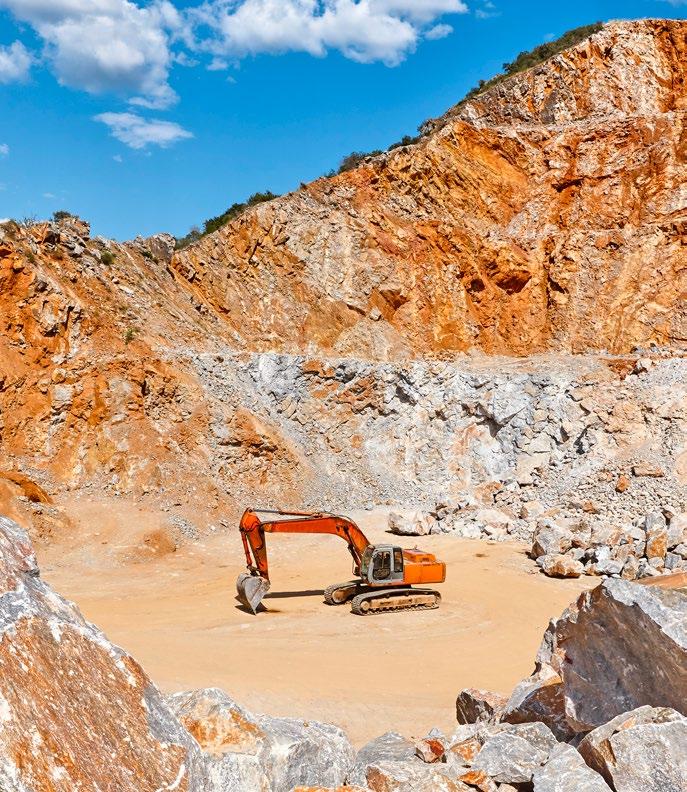


minerals.
The Zimbabwean government has played a crucial role in facilitating the development of the Gwanda Lithium Mine through supportive policies and regulatory frameworks.
By creating an enabling environment for mining investments, the government has demonstrated its commitment to harnessing the country’s mineral wealth for sustainable development.
As the Gwanda Lithium Mine ramps up production and expands its operations, it is poised to become a cornerstone of Zimbabwe’s mining sector.
The mine’s success will not only benefit local communities and investors but also contribute to the country’s overall economic prosperity and global competitiveness in the lithium market.
The opening of the Gwanda Lithium Mine marks a significant milestone in Zimbabwe’s mining industry, showcasing the country’s potential as a major player in the global lithium market.
With its strategic location, technological advancements, and economic impact, the mine represents a beacon of hope for sustainable development and prosperity in Zimbabwe’s mineral-rich regions.

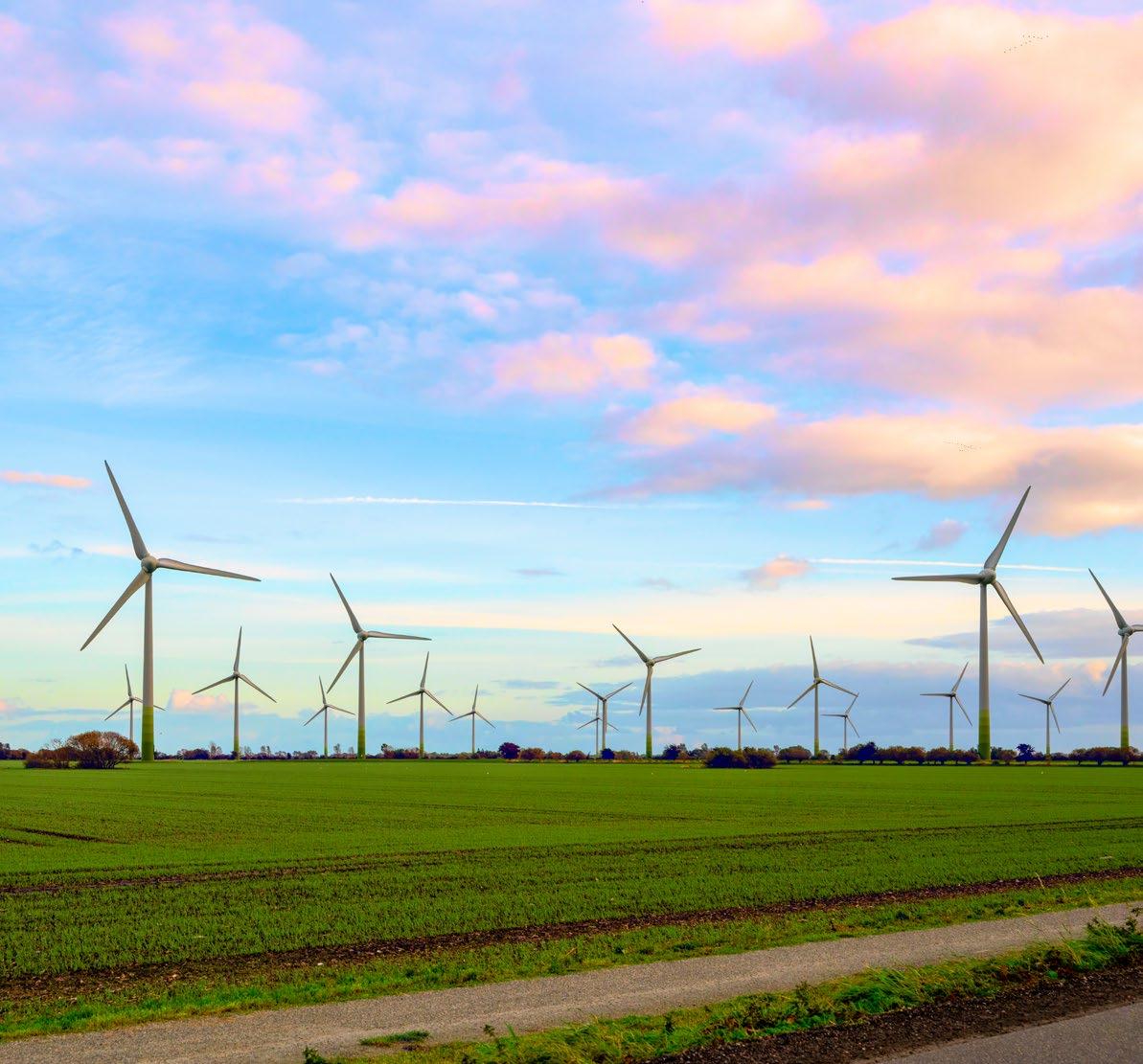
Optate Africa is said to have expressed its interest in constructing a wind power facility with a capacity of 200 megawatts (MW) in close proximity to the town of Plumtree.
In order to establish the plant, it has submitted a request to Mangwe Rural District Council for a 25-year lease on 100 hectares of land.
With the support of GE, a leading turbine manufacturing and development company, Optate Africa is collaborating on a project to finance and construct a wind farm in Zimbabwe. This initiative reflects Zimbabwe’s recent efforts to increase its reliance on renewable energy sources.
After private companies’ bids for the wind energy feasibility study exceeded the estimated budget in 2018, the government decided to revive its plans in 2022 to integrate wind power into the national energy mix.
This was done in order to address domestic power deficits and prepare for the expected increase in power demand.
Unlike other forms of energy production, wind power is a clean and
sustainable source of energy that does not contribute to harmful emissions, deplete natural resources, or cause environmental damage during the extraction, transport, and waste management processes.
As outlined in the Zimbabwe National Renewable Energy Policy, the government has set a target to achieve 1.1GW of renewable energy production by 2025, accounting for approximately 16.5 percent of the total energy capacity.
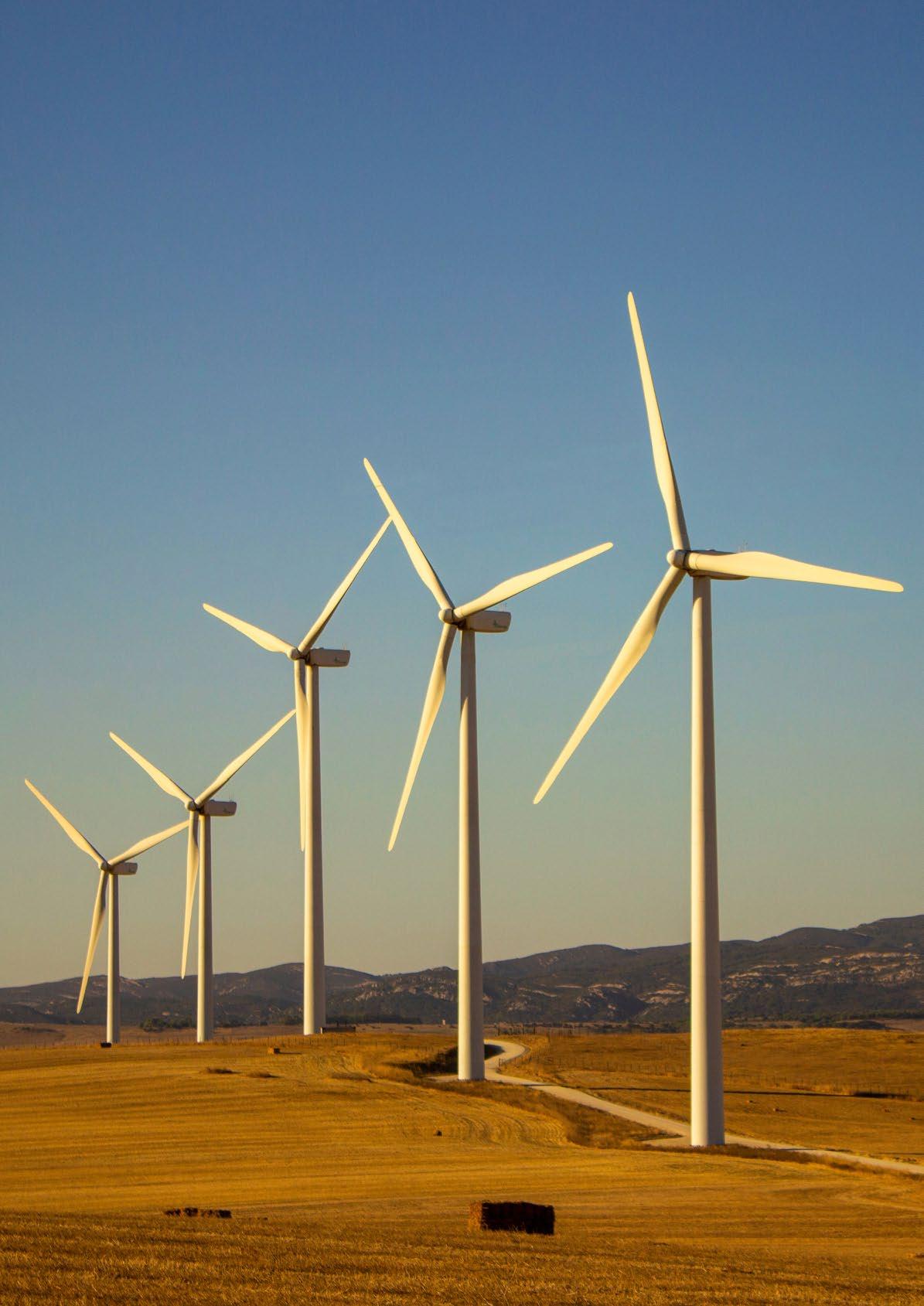
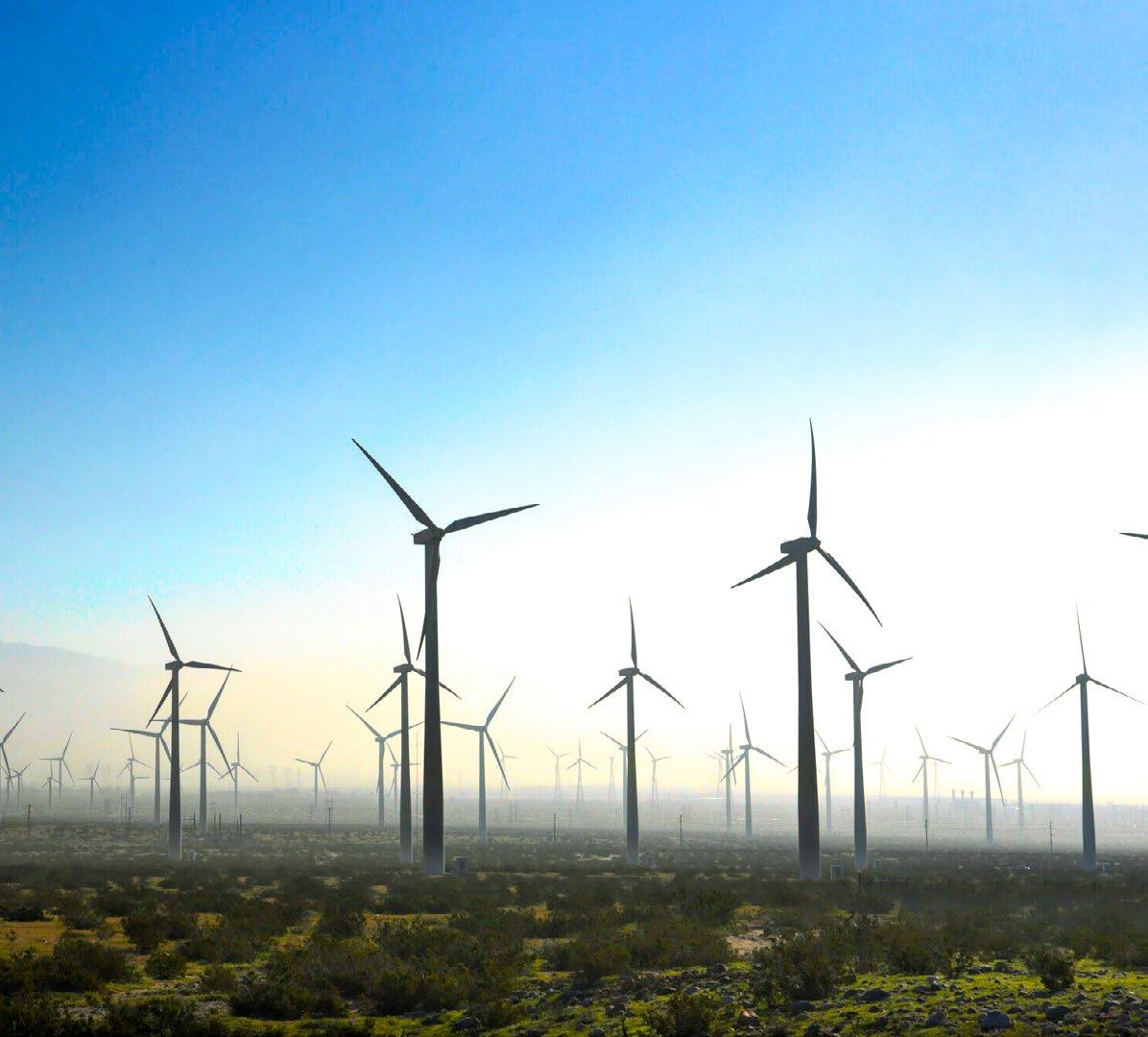
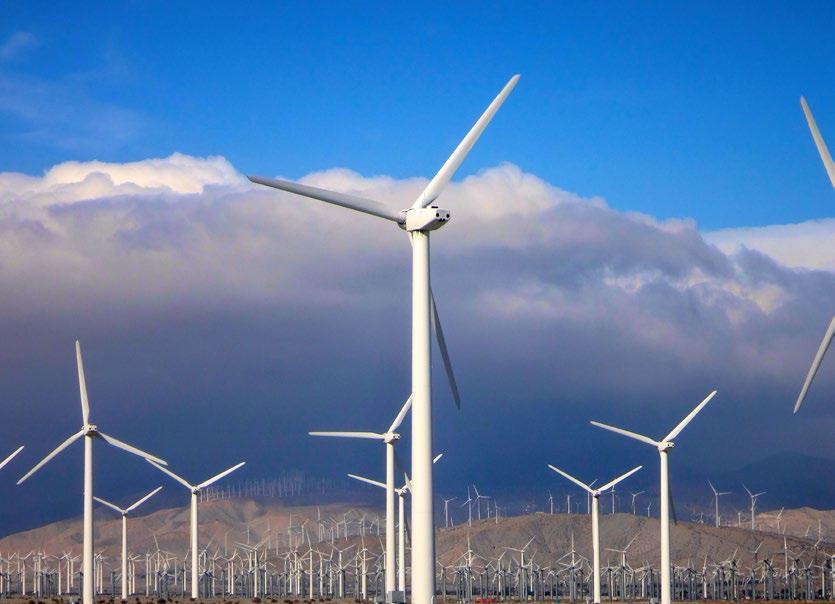
Optate Africa has announced that a portion of the electricity generated from this initiative will be supplied to the Zimbabwe Electricity Transmission and Distribution Company (ZETDC).
The project will divide its power output, with a portion being sold to ZETDC through a 25-year Power Purchase Agreement, while the remainder will be supplied to the Southern African Power Pool (SAPP), as stated in media reports.
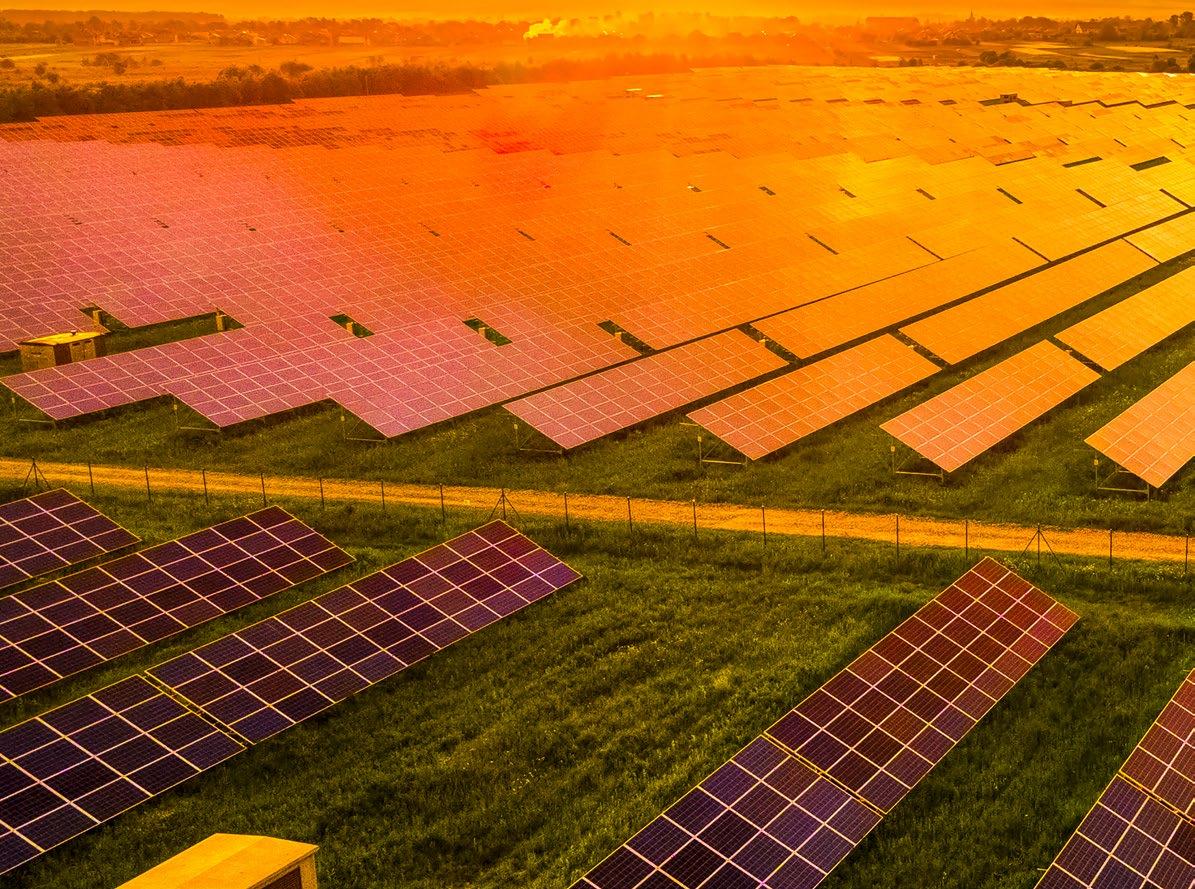
Centragrid Solar Systems, a prominent player in the renewable energy sector, has made significant progress in its solar plant projects across Zimbabwe.
These efforts hold immense potential to alleviate the nation’s energy challenges and pave the way for a more sustainable future.
The company’s flagship project is the Nyabira Solar Power Plant, located approximately 35 km along the Harare-Chirundu highway.
Launched in 2020 with an initial capacity of 2.5 Megawatts (MW), the plant has become operational and contributes electricity to the national grid.
The initial phase serves as a crucial stepping stone towards a more ambitious expansion plan.
Recognizing the growing demand for renewable energy in Zimbabwe, the solar energy company has embarked on Phase II of the Nyabira project.
The ambitious expansion aims to significantly increase the plant’s capacity to a remarkable 25 MW. The significant boost will be achieved through the installation of additional solar panels and supporting infrastructure.
The expansion of the Nyabira project has attracted significant financial backing. Old Mutual Investment Group Zimbabwe (OMIZ) has invested $21.5 million, demonstrating the growing confidence in the project’s potential.



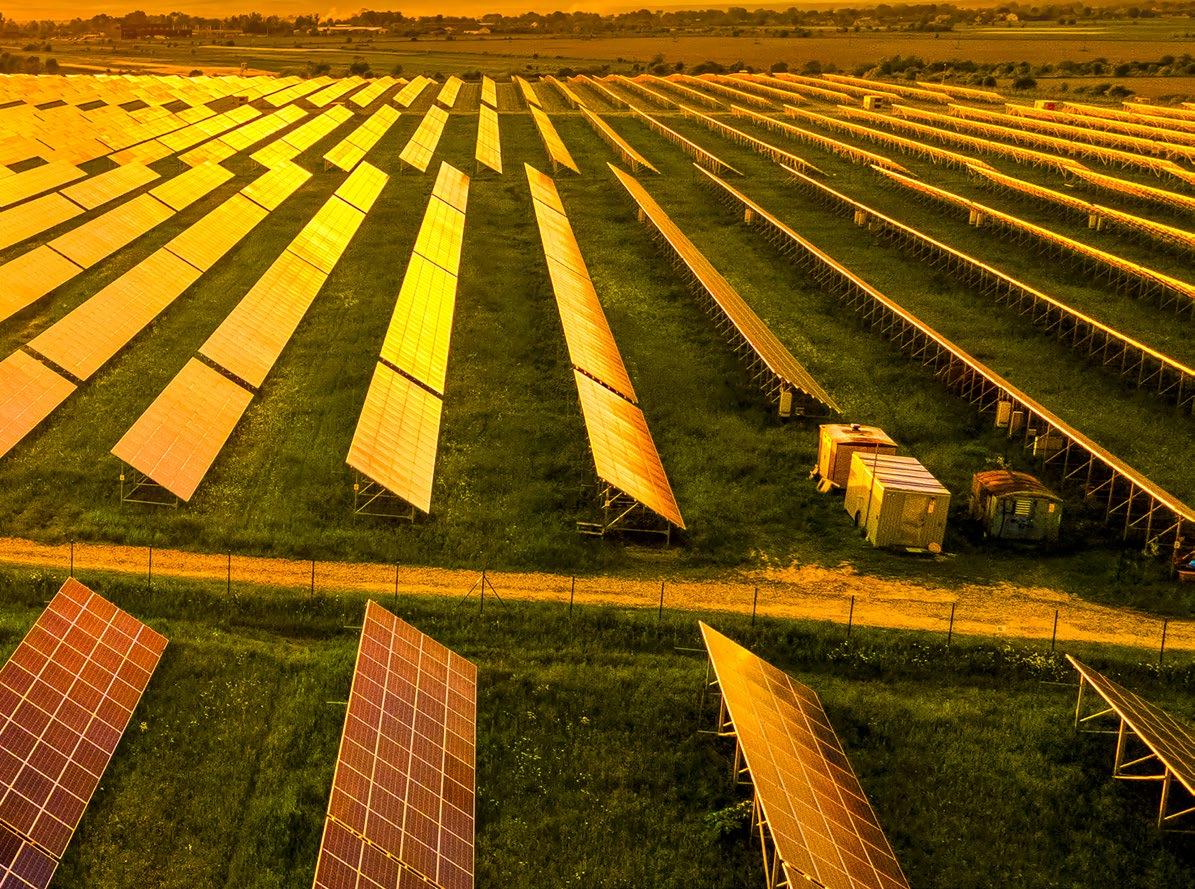
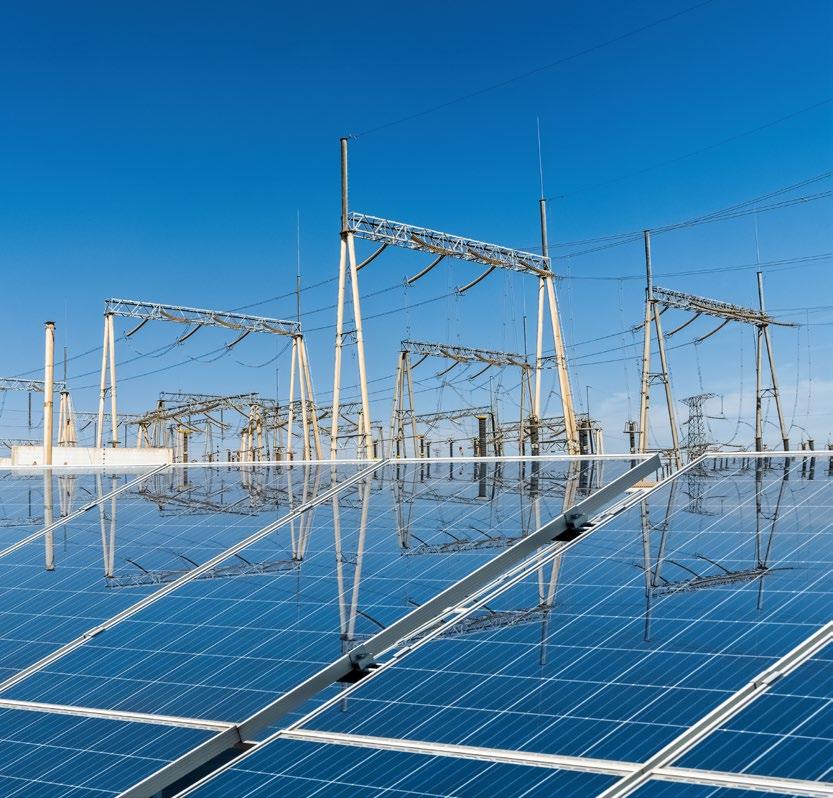
The investment not only supports the expansion but also underscores the growing recognition of solar energy as a viable solution to Zimbabwe’s energy woes.
The company’s commitment to renewable energy extends beyond the Nyabira project. The company is actively exploring opportunities to develop additional solar power plants across the country.
These potential projects have the potential to further increase Zimbabwe’s solar energy generation capacity, contributing to a more diversified and sustainable energy mix.
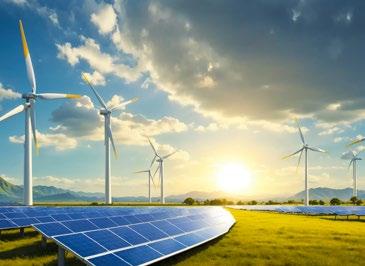

The successful completion of the Nyabira expansion and the development of additional solar projects by Centragrid will have a significant impact on Zimbabwe’s energy landscape.
This includes:
• Reduced Reliance on Fossil Fuels: By generating clean and reliable solar energy, the company’s projects will help lessen the country’s dependence on fossil fuels, reducing greenhouse gas emissions and contributing to environmental sustainability.
• Increased Energy Security: Diversifying the energy mix through solar power will enhance Zimbabwe’s energy security, making it less vulnerable to fluctuations in global oil prices and ensuring a more reliable power supply.
• Economic Opportunities: The development and operation of solar power plants create job opportunities in construction, maintenance, and operation, contributing to economic growth and development in the region.
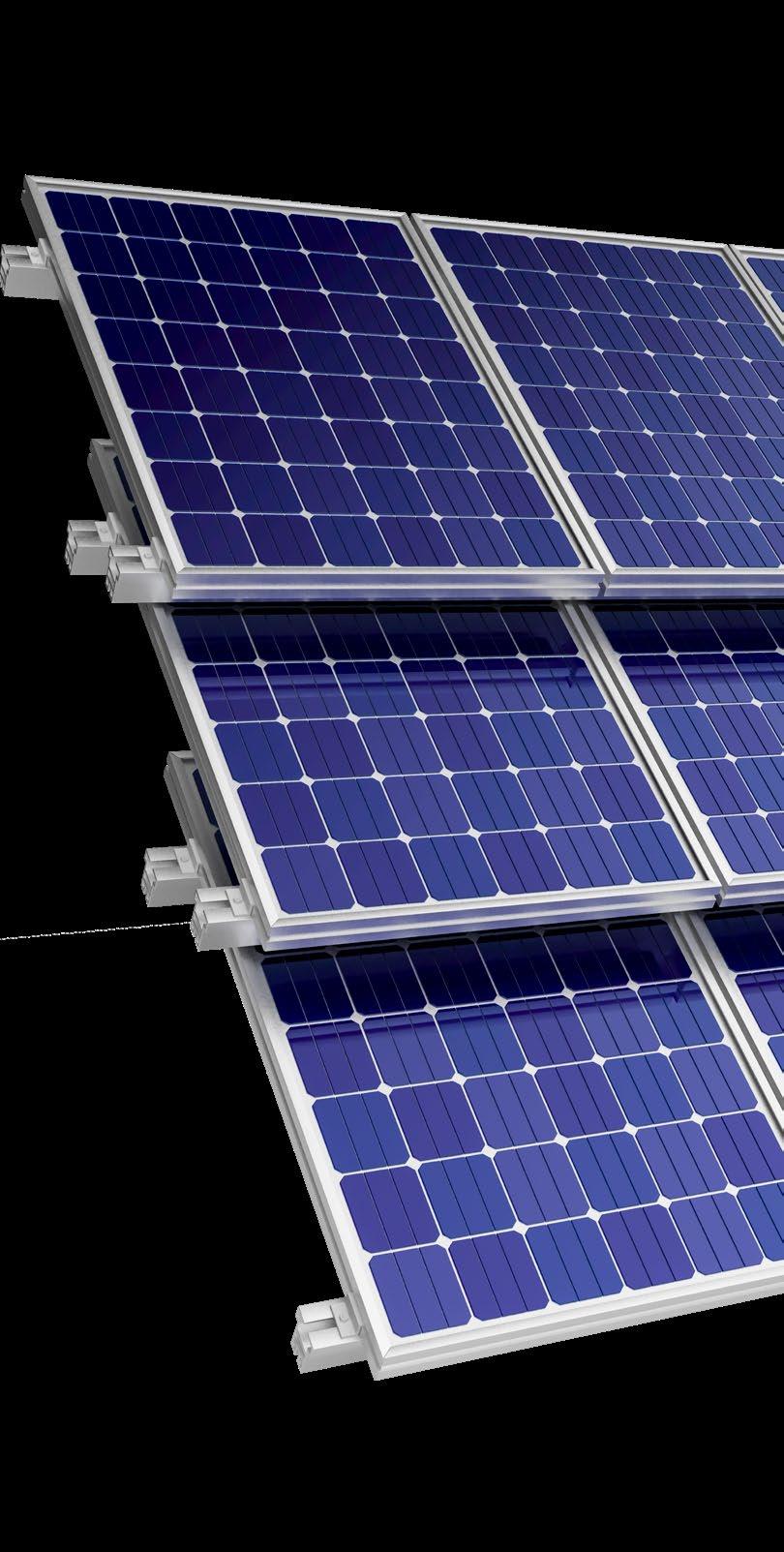

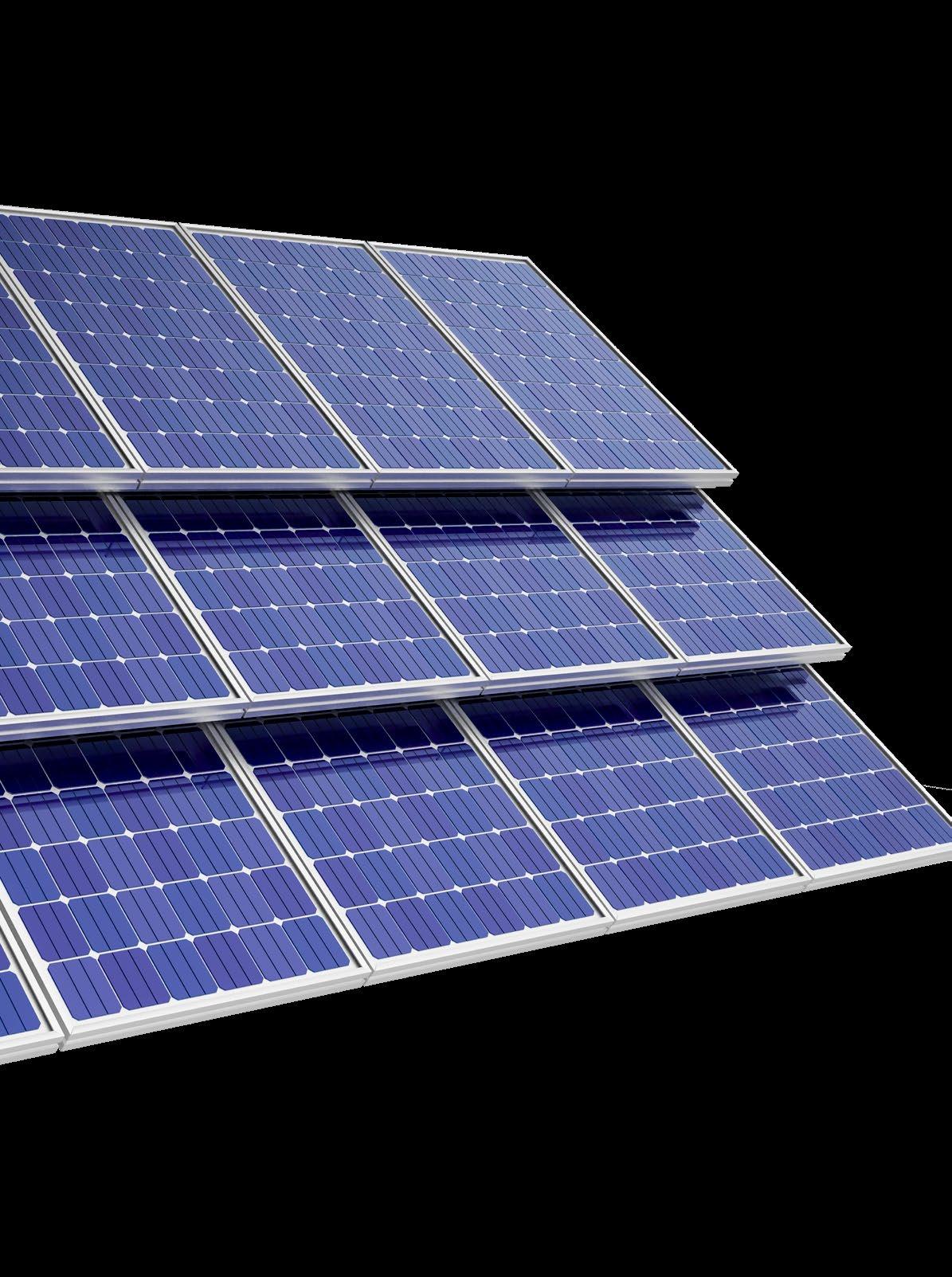
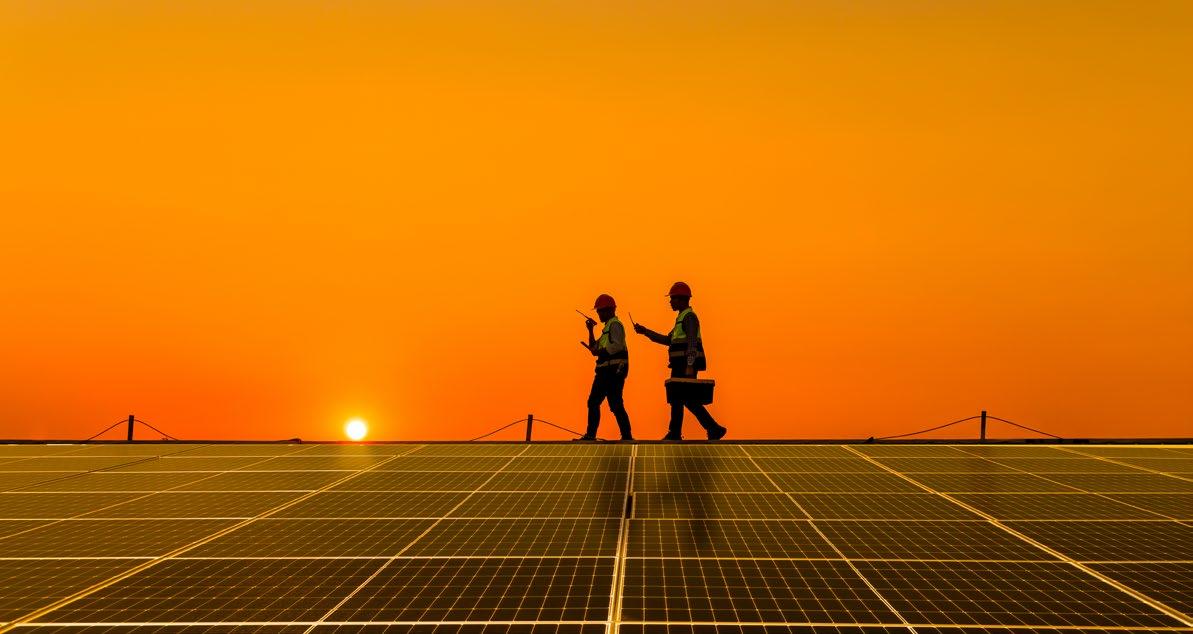

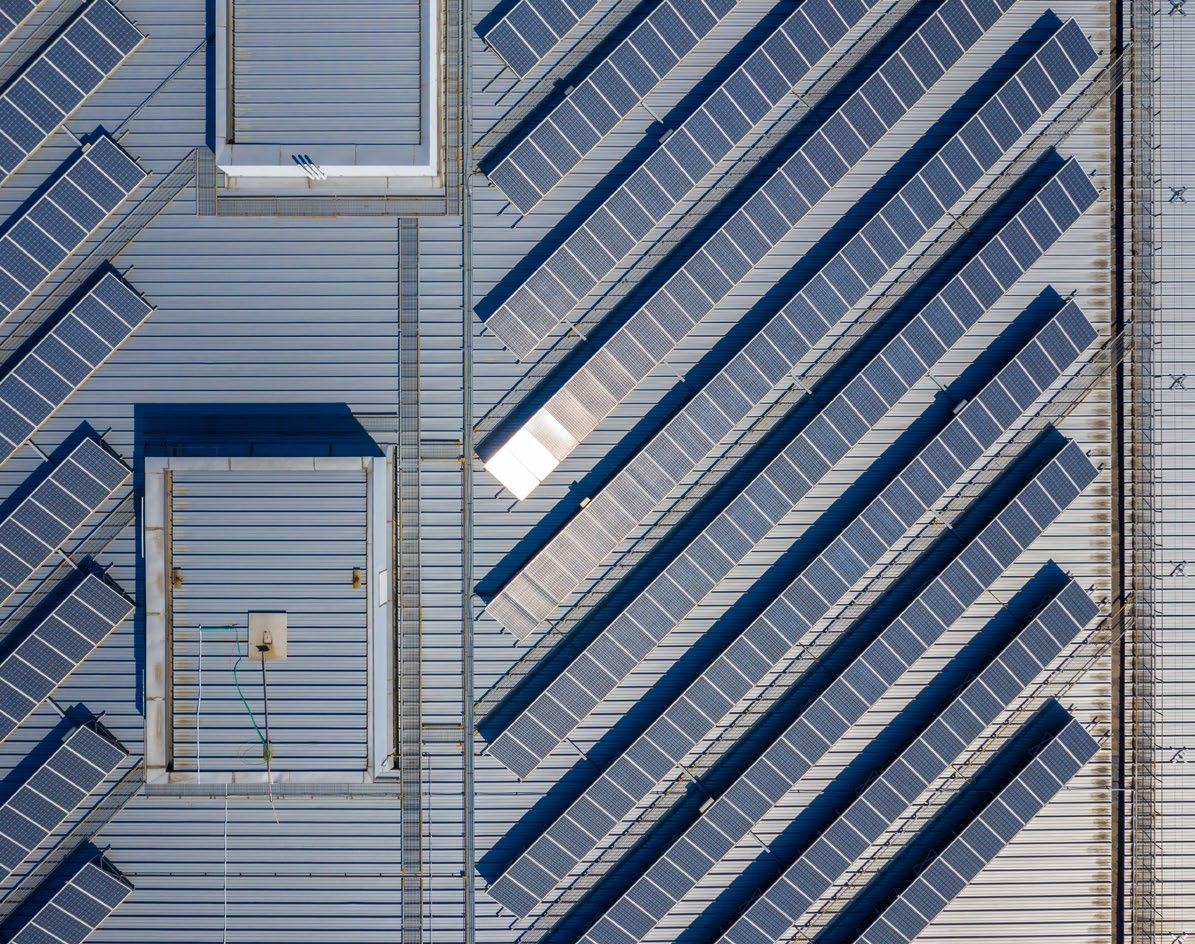
Zimbabwe, like many African nations, faces the challenge of balancing growing energy demands with a need for sustainable solutions. In a positive step towards addressing this, De Green Rhino Solar, a Zimbabwean company, has been licensed under the government project support agreement (GPSA).
The initiative will see the supply of 10 megawatts (MW) of clean electricity to the national grid within the next 12 to 24 months. This development marks a significant milestone in the country’s transition towards renewable energy sources and signifies De Green Rhino’s contribution to a brighter, greener future.

Zimbabwe has grappled with power shortages for several years, hindering economic growth and impacting its citizens’ daily lives. This new project offers a glimmer of hope.
The 10MW of clean electricity generated will contribute to alleviating the strain on the existing national grid, potentially leading to more stable and reliable power supply for households and businesses.
Beyond addressing immediate energy needs, the project holds significant potential for long-term economic and environmental benefits. The project is expected to create employment opportunities
during the construction and operation phases, boosting the local economy.
Additionally, by utilizing solar power, the company will contribute to reducing Zimbabwe’s reliance on fossil fuels, thereby mitigating greenhouse gas emissions and fostering a cleaner environment.
De Green Rhino’s project is not an isolated effort. The Zimbabwean government has shown commitment to promoting renewable energy sources through various initiatives, including the recent licensing of 10 new Independent Power Producers (IPPs) expected
to contribute a combined 271MW to the national grid in the next two years.
This collaborative effort demonstrates a national push towards a more sustainable energy future.
Despite the positive outlook, De Green Rhino’s project, and the broader transition towards renewable energy in Zimbabwe, face several challenges.
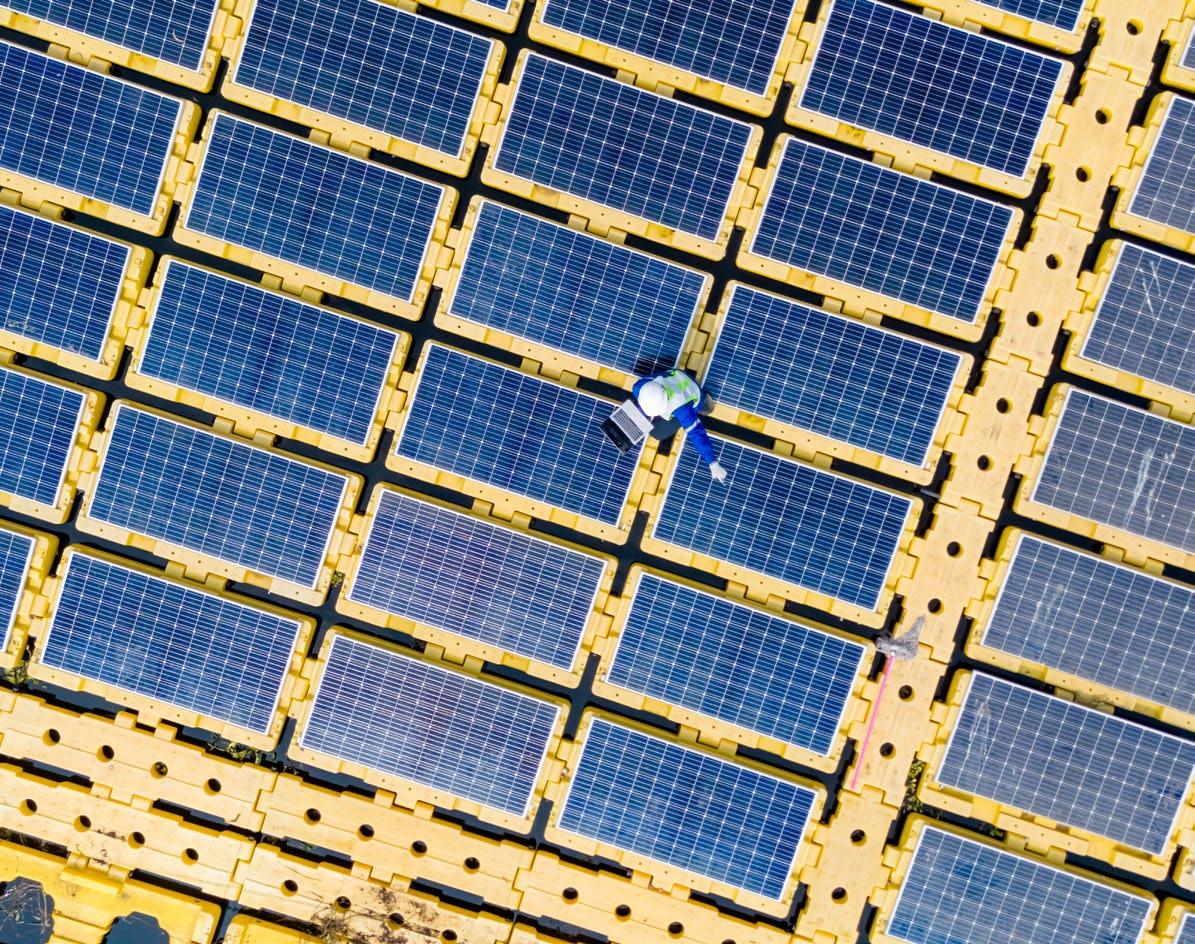
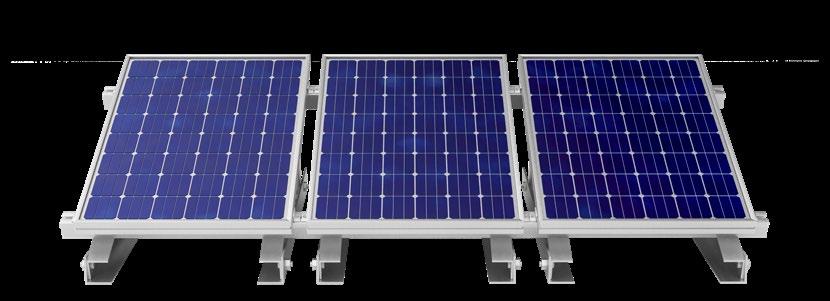
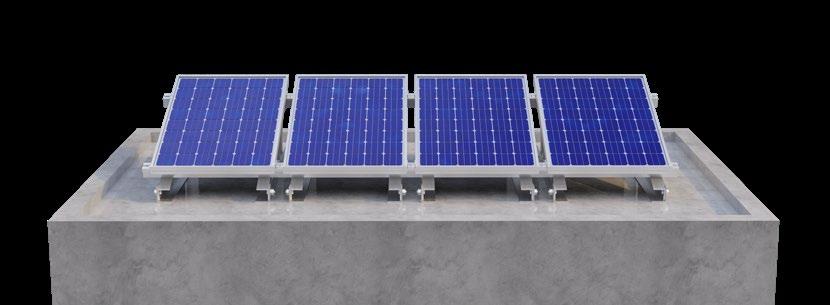

Securing financing, navigating regulatory hurdles, and ensuring efficient integration of renewable energy sources into the existing grid are some of the obstacles that need to be overcome.
However, with continued government support, private sector investment, and technological advancements, these challenges can be addressed, paving the way for a more sustainable and secure energy future for Zimbabwe.
The solar energy company’s project serves as a beacon of hope, not only for addressing Zimbabwe’s immediate energy needs but also for setting the stage for a longterm transition towards a cleaner and more sustainable energy future.
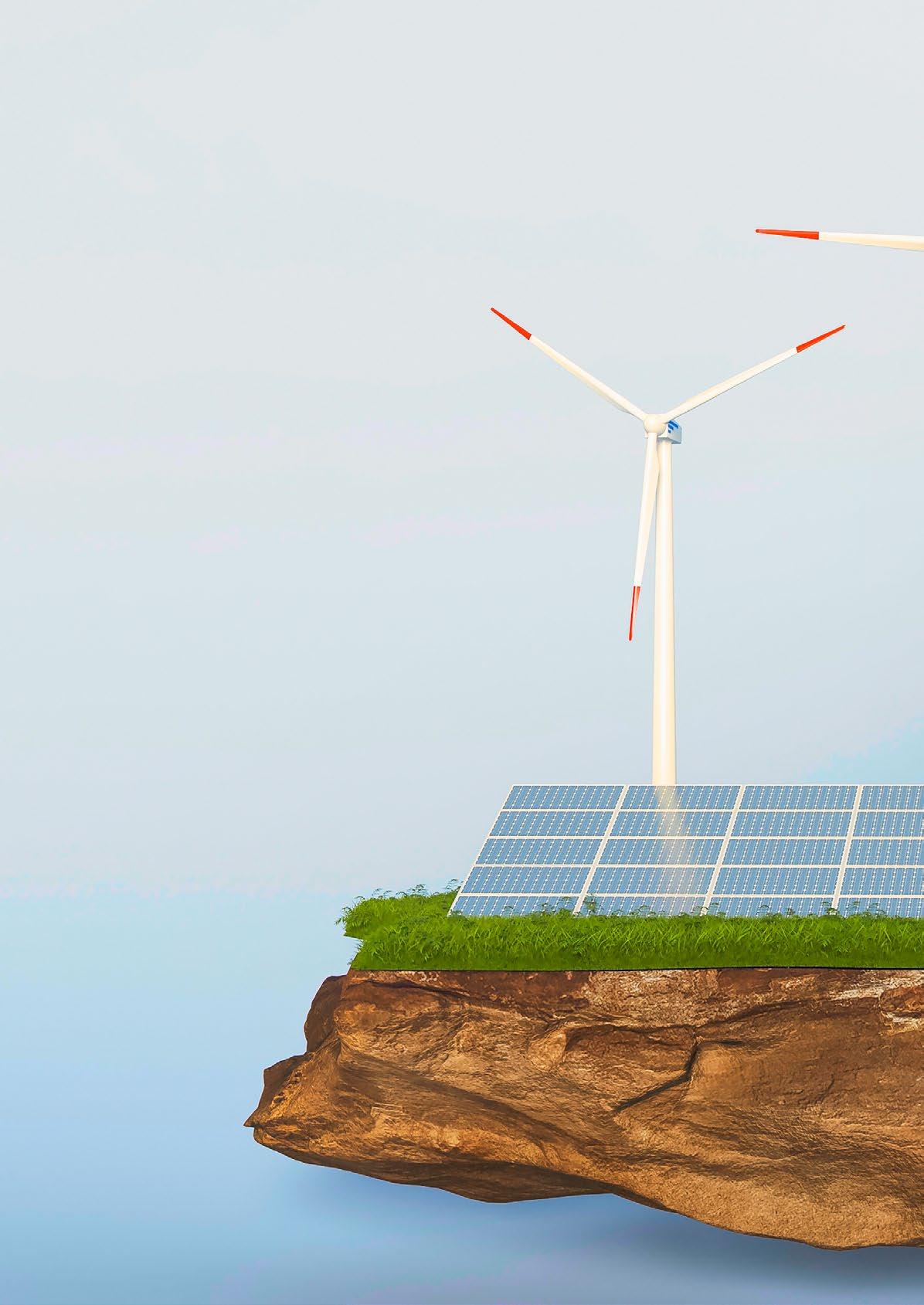
Through continued collaboration between the government, private sector, and local communities, Zimbabwe can unlock the immense potential of renewable energy, ensuring a brighter future for generations to come.
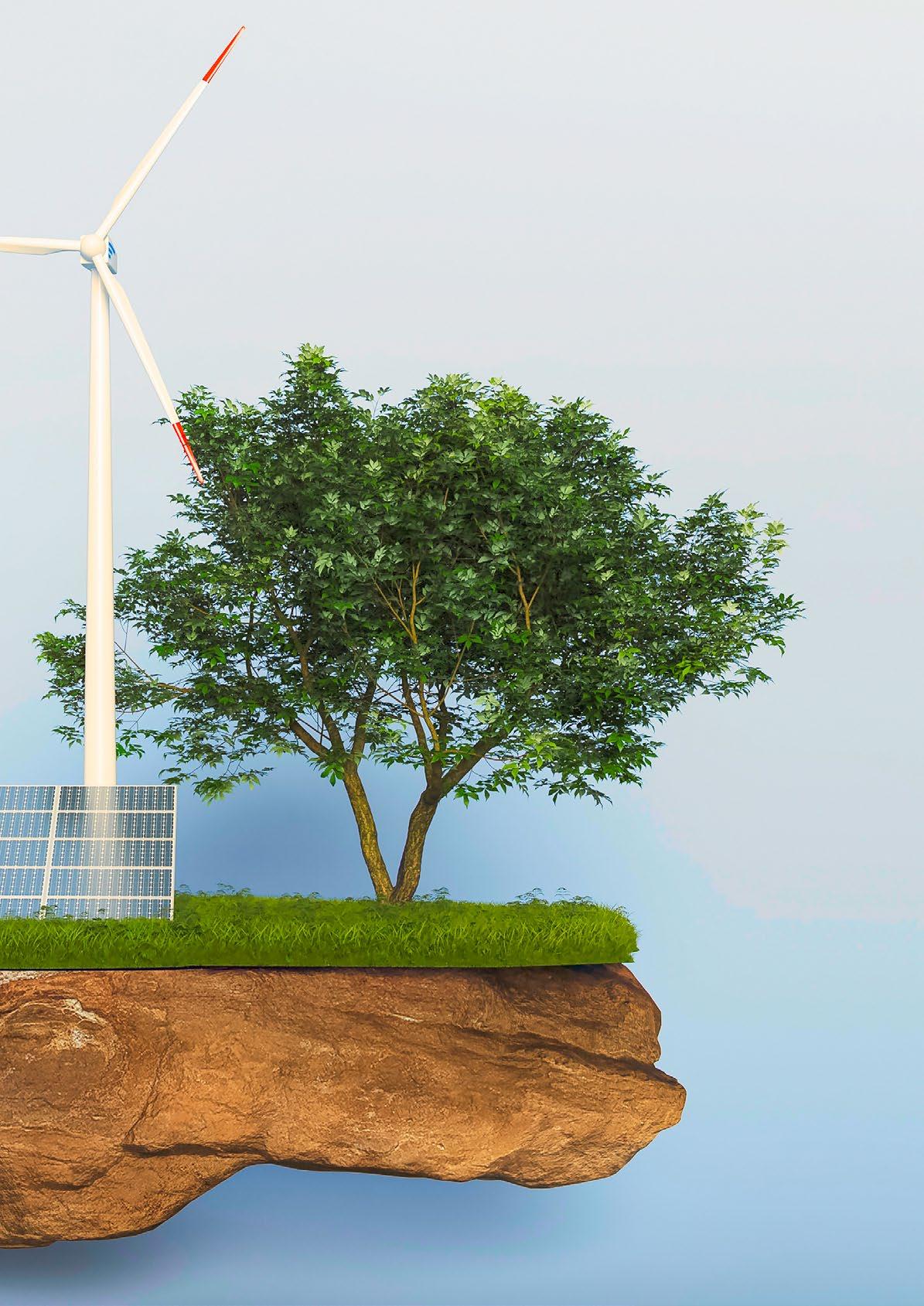
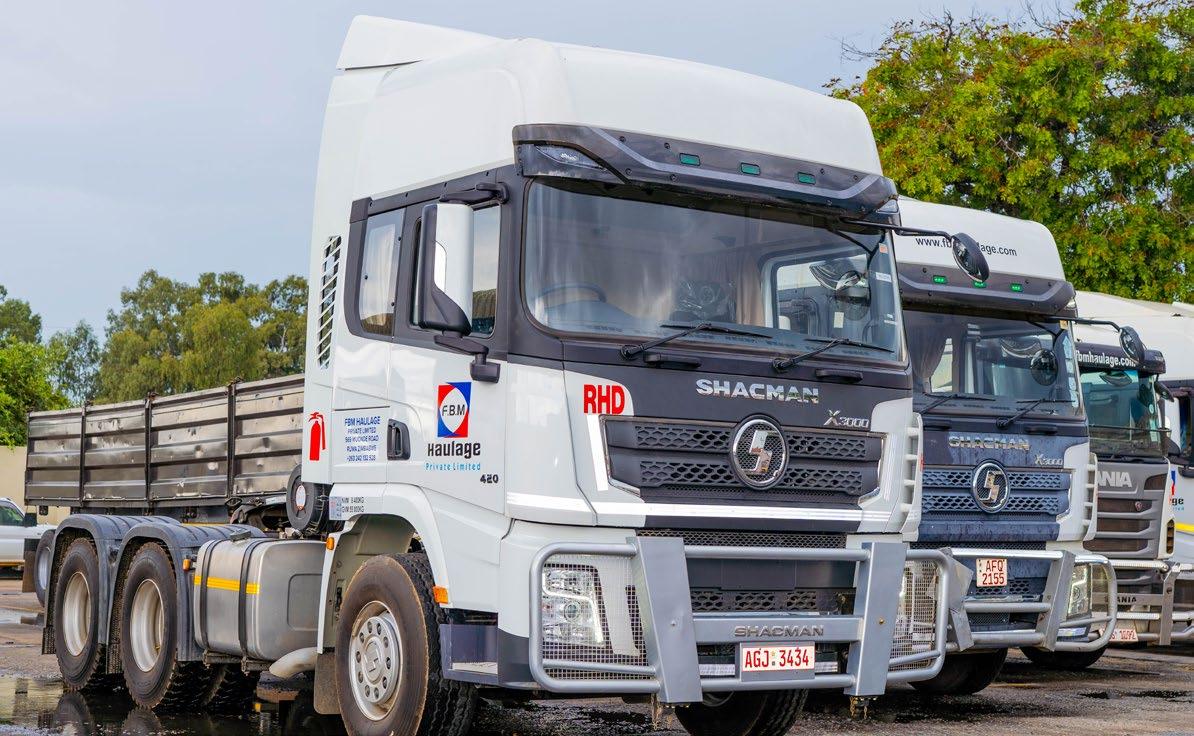
Transport and logistics
company FBM Haulage was established in 1995 by Mike and Miriam Munyawarara.
The Munyawarara siblings' initials, Farai Brian and Mike, are the source of the moniker FBM.
Almost thirty years after their founding, they have expanded from a modest single-truck enterprise to a sizable fleet, offering complete haulage and logistics solutions.

They have also expanded their services to include petroleum tankers, such as FBM Tankers, a subsidiary that is currently experiencing considerable market success.
This has laid the groundwork for future growth in the size of the specialist fleet.
“FBM is expanding in tandem with Zimbabwe's rapidly expanding transport and logistics sector.
Our company exists to offer a service that is essential to both our clients' and the nation's economic development.
Because we are an essential component of the clients that depend on our services, we never stop making investments in a dependable fleet, which is the foundation of our business,” said Mike Munyawarara, FBM Haulage Managing Director.
Strategic intent:
The company's main goal is to offer regional and Zimbabwean clients a comprehensive logistical service that covers freight, fuel, and storage facilities.
They intend to make a bigger impact in the SADC area and are excited about growing their specialised freight operations in Beira and Zambia.
Text by Martin Chemhere Images by FotohausOther possibilities for regional prosperity, though, shall be considered as they present themselves.
In order to get a larger market share in both specialised cargo and regular haulage services, FBM Haulage plans to grow the size of its fleet.
“Despite our solid track record of safety and dependability, we still aim to make the necessary advancements to position ourselves as the industry leaders in the provision of the safest and most resilient trucks.
As we move closer to our market leadership ambitions, we'll keep making investments in the training and working conditions of our drivers,” said the managing director.
Insurance cover and fleet standards:
FBM Haulage has complete insurance coverage for all of its individual and commercial vehicles with NICOZ Diamond.
They also have a goods-intransit insurance for any shipment that is transported.
In addition to the relatively new fleet, regular fleet maintenance as part of risk management guarantees that significant servicing is performed every 20,000 km and pre-trip inspections are completed at each depot entry.
The trucks are all freightliner and Scania G-Series versions with excellent safety and dependability credentials.
The company follow a regular maintenance schedule that is never altered because all service procedures are completed completely before they leave for their assigned responsibilities.
The fleet is kept in pretty good condition, with the average age being no older than seven years, which significantly lowers the frequency of breakdowns and wear and tear.
FBM Haulage is proud to offer specialist tankers with a 45-000 litre capacity.
They have a number of haulage trucks in addition to their specialty fleet, which includes bulk-sided and floatbed tri-axle trailers.
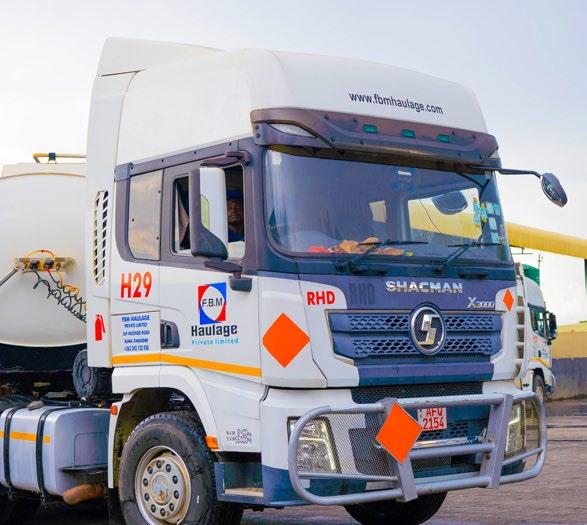
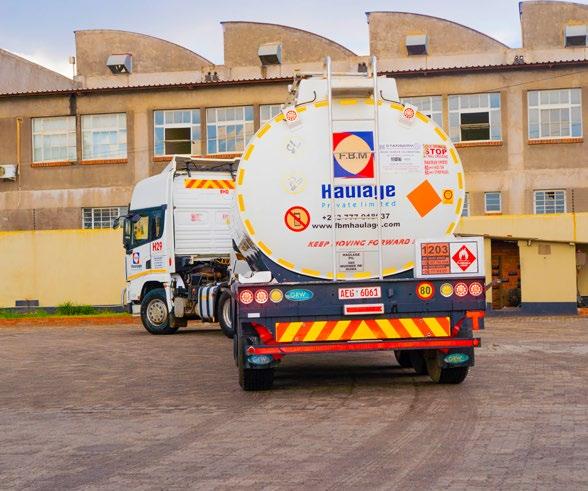
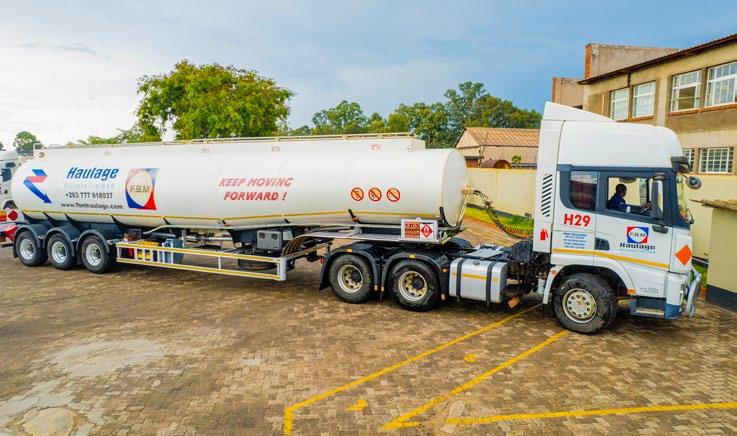
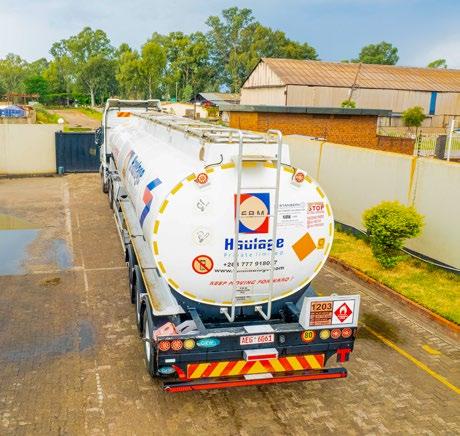

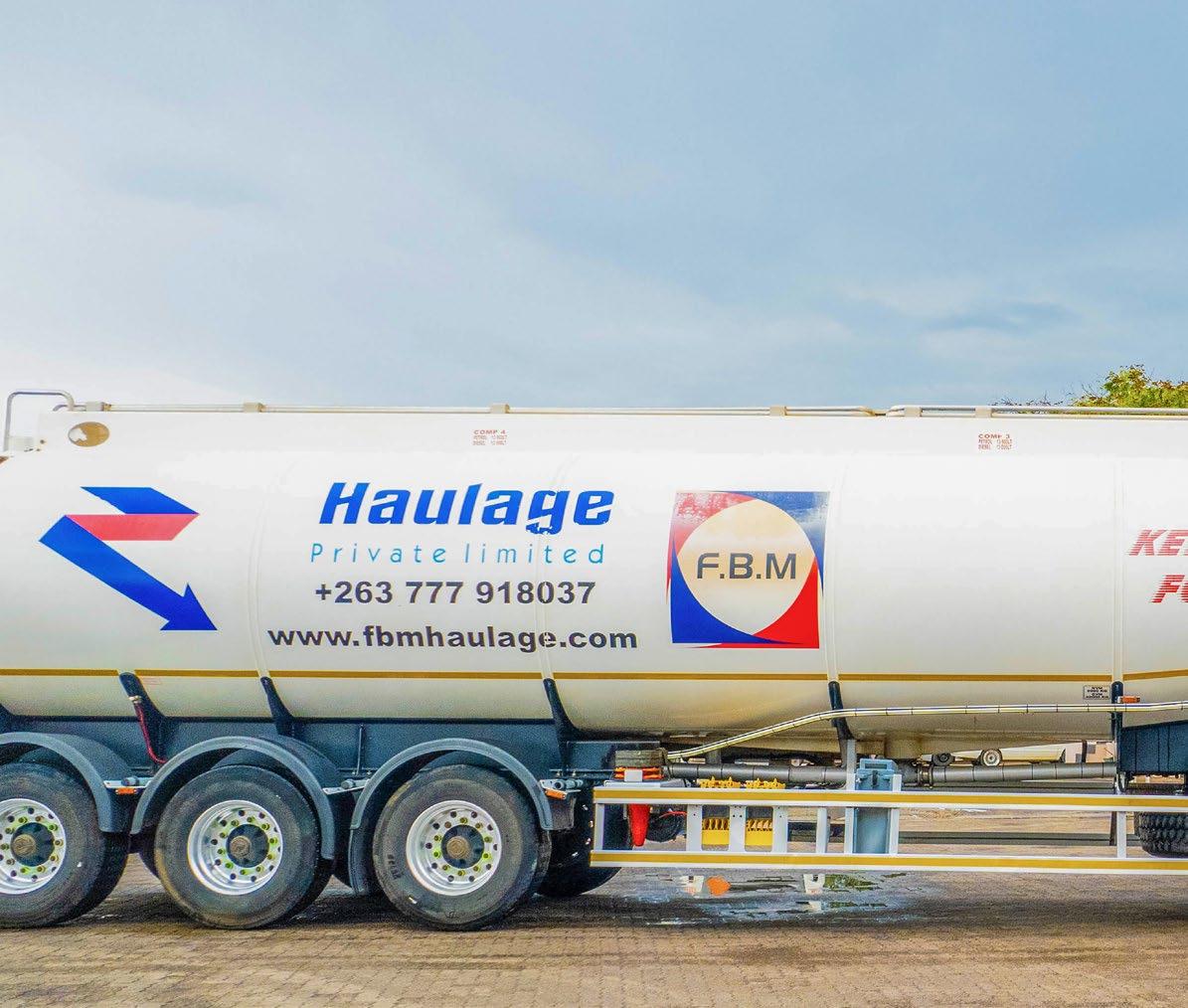
The fleet variety helps them to meet the needs of the most demanding customers in the local and regional marketplaces.
“Our drivers have eight years of cumulative experience on average, have all completed defensive driving training, HAZCHEM training, and undergo refresher courses every 12 months.
We have a very devoted group of drivers that have worked for us for an average of eight years, which just serves to polish this cap.
The average age of our drivers is 35,” said Munyawarara.
Every vehicle has a mix-telematics tracking device installed, which allows for accurate client updates and effective monitoring of all delivery schedules.
Tracking makes it more likely that trucks and goods will be found in the case of a theft incidence.
FBM sees investing in the newest fleet management technologies as essential to their goal of providing excellent customer service.
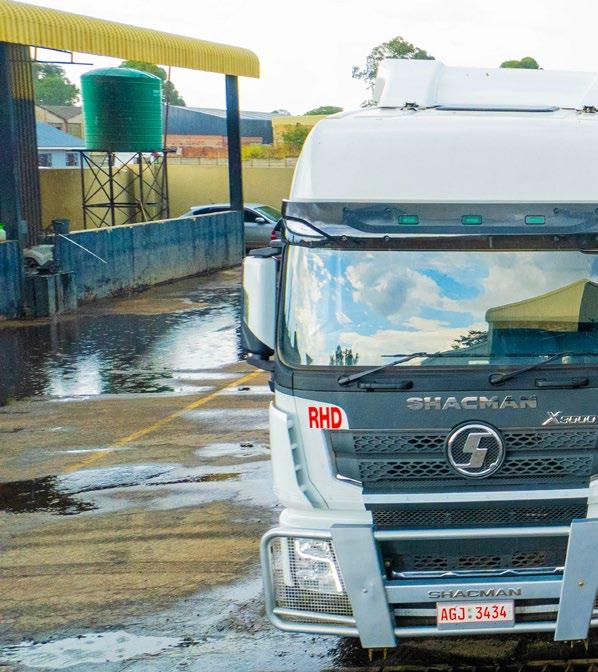

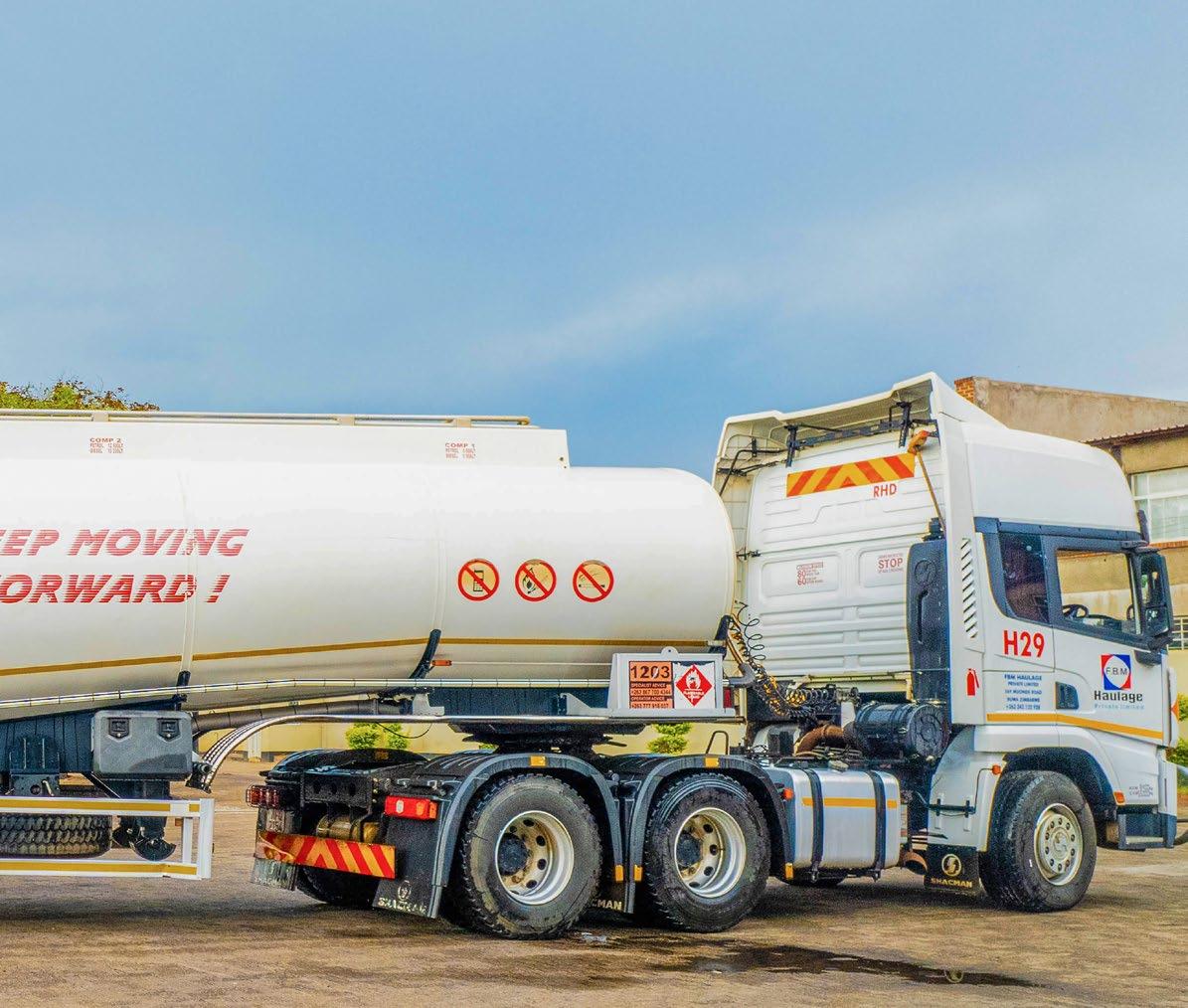
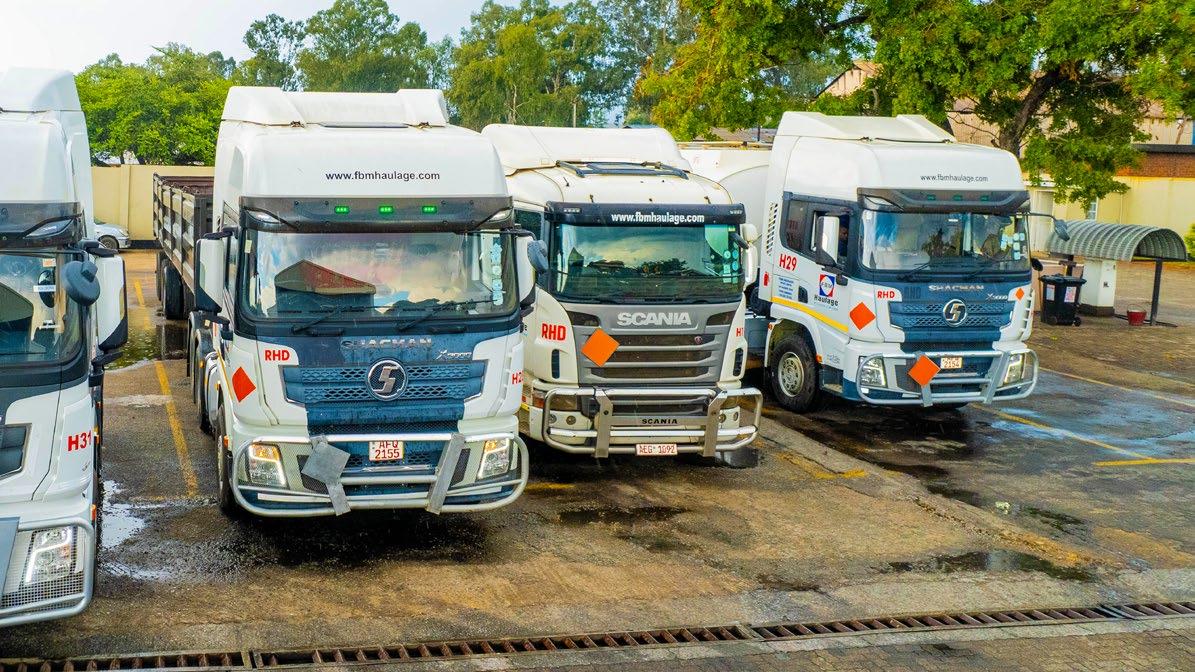


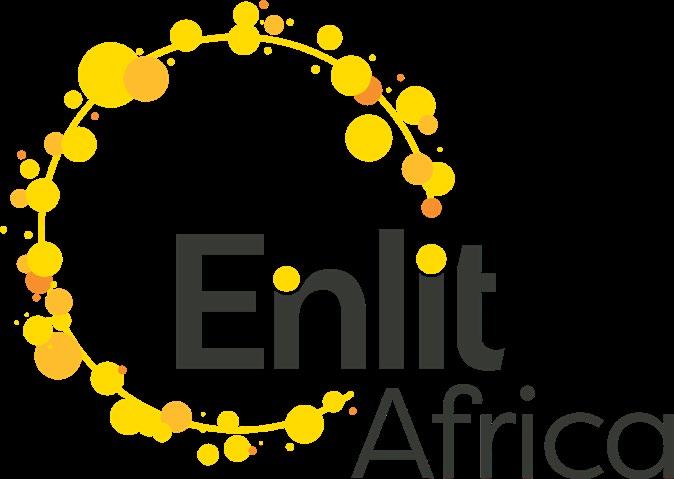
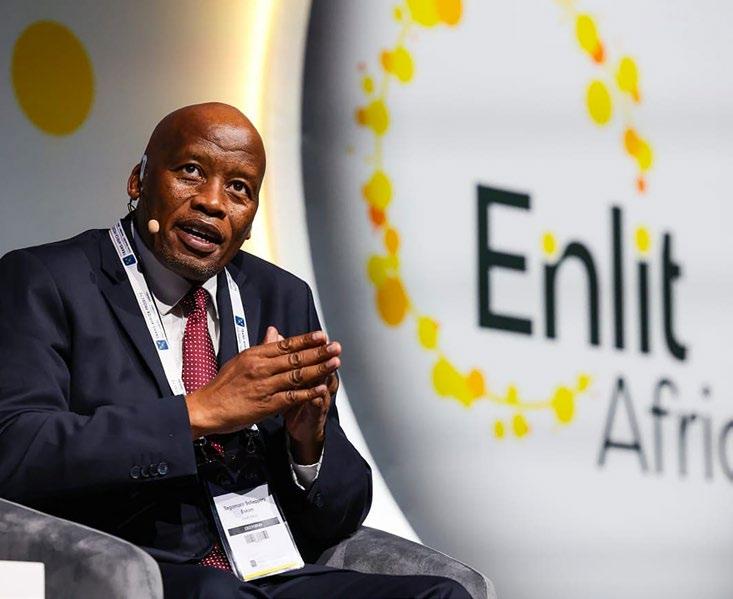
Enlit Africa is pleased to share the major programme themes for the upcoming Enlit Africa 2024, taking place from 28-30 May 2024 at the CTICC in Cape Town, South Africa.
The edition promises to provide a transformative and engaging experience with leaders in Africa's power, energy and water sector.
Enlit Africa will return with a packed programme and a world-class exhibition showcasing the latest technology and services on offer in the power, energy and water sectors.
Known for its compelling content and speakers, Enlit Africa includes a live conference, exhibition, workshops and co-located events – plus product launches, innovative technology showcases, site visits, networking, and more.
The programme covers topics such as Generation, Transmission, Distribution, Alternative Energy Solutions,
Storage, and Energy Finance in a truly end-to-end event.
Major themes of the conference programme include:
Strategic track:
Management, finance and investment
• Bankability: the conundrum of Africa’s power projects
• Commercial and industrial self-generation –implications and opportunities
• A road map for the development of power generation in Africa
• Total grid collapse –what do you need to know?
• The rise of the machines: Is AI something to be worried about?
• Policy enablers for private sector participation in the power sector
• Are carbon markets maturing enough to support Africa’s development needs?
Strategic track: Smart energy, transmission, distribution and beyond
• Generation options for Africa in the context of the JET (Justice Energy Transition)
• Unpacking the scope of SA's updated IRP Framework
• Grid resilience
• Decentralised energy – the role of hybrid systems
• Opportunities in the services markets for municipalities and utilities
• Loss management –a complex social and technical discussion
• Mini masterclass –understanding and negotiating PPAs
Renewable Energy and Storage
• The role of gas as a transition opportunity
• Hydrogen as a by-product of renewable energy
• Project showcases
• Financing renewable energy
• What is the future of wind in Africa?
Water Hub
• Non-revenue water – stopping revenue leakage
• Climate-resilient water systems
• The digitalisation of the water sector
• Water access vs water scarcity – are we focussing on the right issues?
• Resource management – quality and monitoring
• Water usage and re-use in the industrial sector
Municipal Forum
• Procuring electricity from IPPs
• Grid commercialisation and future energy markets
• Reversing the municipal death spiral – from municipal decay to municipal renewal
• How to design tariffs that factor in fixed costs through variable charges
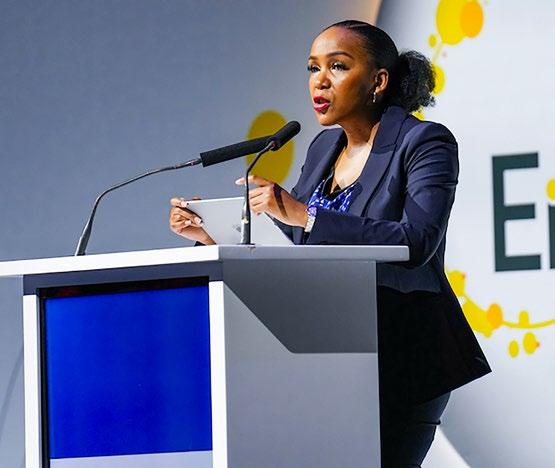
Meanwhile, Enlit Africa’s programming before next year’s event continues. In December 2023 they jointly hosted a webinar together with the U.S. Commercial Service, Power Africa, and the Vuka Group titled “Sub-Saharan Africa Energy Opportunities - Enlit Africa 2024”.
Presentations were made by experts from West, East and Southern Africa about renewable energy opportunities.
Furthermore, delegates heard about how they can be part of the U.S Power Africa Pavilion at the Enlit Africa event in 2024 and the benefits of being part of that pavilion.
There was also the opportunity to learn about upcoming energy opportunities in Sub-Saharan Africa regions of East, West and Southern Africa and a clean tech energy network webinar series focusing on deep dive energy opportunities in targeted countries (Nigeria, Ghana, South Africa, Mozambique, Namibia, Madagascar, and others).

Attendees were also exposed to what Enlit Africa is all about and how to benefit from the U.S Commercial Service Partnership Program matchmaking services at the U.S Power Africa Pavilion; as well as testimonials from previous participants of U.S Power Africa pavilion and matchmaking services connecting U.S companies with local buyers from 10 countries in Sub-Saharan Africa.
The agenda of the webinar included speakers like Tyler Hacking who gave the Welcome Remarks, Tshego Neeuwfen and Boris Adokou who presented on Sub-Saharan Energy Market Updates, Megan Taylor and Claire Volkwyn (Enlit Africa 2024 Program) and Shingai Samudzi (Enlit Africa 2023 Success Story).
Enlit Africa looks forward to welcoming delegates to next year’s edition, Africa's most influential power, energy and water event.

The African energy sector is experiencing a transformative shift with a growing recognition of the essential role women play in driving sustainable energy solutions, innovation, and economic development.
The annual Africa Energy Indaba, a leading advocate for diversity and inclusion in the energy industry, was recently proud to support and champion the vital role of women in shaping the future of Africa's energy landscape.
Despite the traditionally male-dominated nature of the energy sector, African women have increasingly been breaking barriers, making significant contributions, and leading positive change in various aspects of the industry.
The roles for women in the African energy sector are as diverse as they are impactful, including:
Leadership and
Innovation:
African women are taking on leadership positions in energy companies, government agencies, and organisations, driving innovation and advancing clean energy solutions.
Their expertise in areas like renewable energy, sustainability, and energy policy is instrumental in shaping a more sustainable and inclusive energy future.
Community Engagement:
Women play a crucial role in engaging and empowering local communities to embrace clean energy solutions, promoting awareness, education, and local participation in energy projects.
This community-focused approach ensures the successful implementation of energy initiatives while supporting grassroots development.
Entrepreneurship:
African women are increasingly becoming entrepreneurs in the energy sector, establishing and leading their own clean energy businesses, including solar, wind, and bioenergy projects.
Their entrepreneurial endeavours not only contribute to economic growth but also provide solutions to energy access challenges in underserved areas.
Women are actively involved in energy research and development, pioneering technologies and practices that contribute to energy efficiency, environmental sustainability, and energy security in Africa.
The Africa Energy Indaba recognises the importance of gender diversity and is committed to fostering an inclusive work
environment, promoting equal opportunities, and encouraging women to pursue careers in the energy sector.
The event provides a platform for women to engage, learn, explore business opportunities and partnerships aimed at empowering women to take on leadership roles in energy.
Further supporting women in the African Energy Sector, a formal business breakfast will
be hosted on the 6th March 2024 to provide key industry insights to women keen to access the African energy opportunity.
Liz Hart, Managing Director of the Africa Energy Indaba, commented on the significance of women in the African energy sector, stating, "The African energy landscape is undergoing a profound transformation, and women are at the forefront of this positive change.
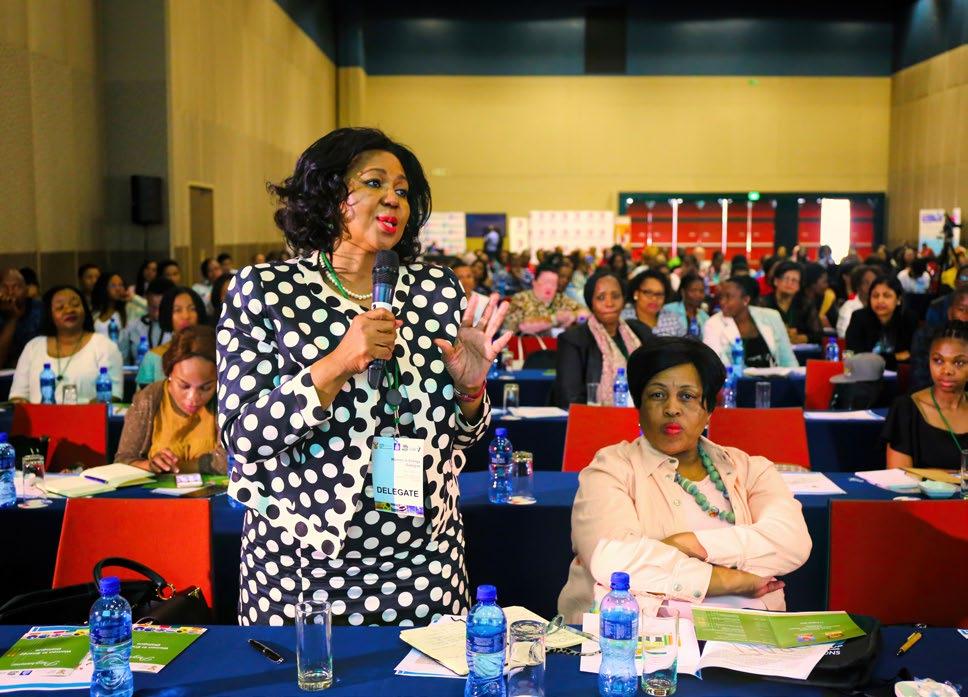
Their contributions are essential in achieving sustainable, reliable, and affordable energy solutions across the continent. We are proud to support and amplify their voices in the industry."
By empowering women in the African energy sector,
the Africa Energy Indaba is helping to address critical energy challenges while simultaneously advancing gender equality and driving economic development.

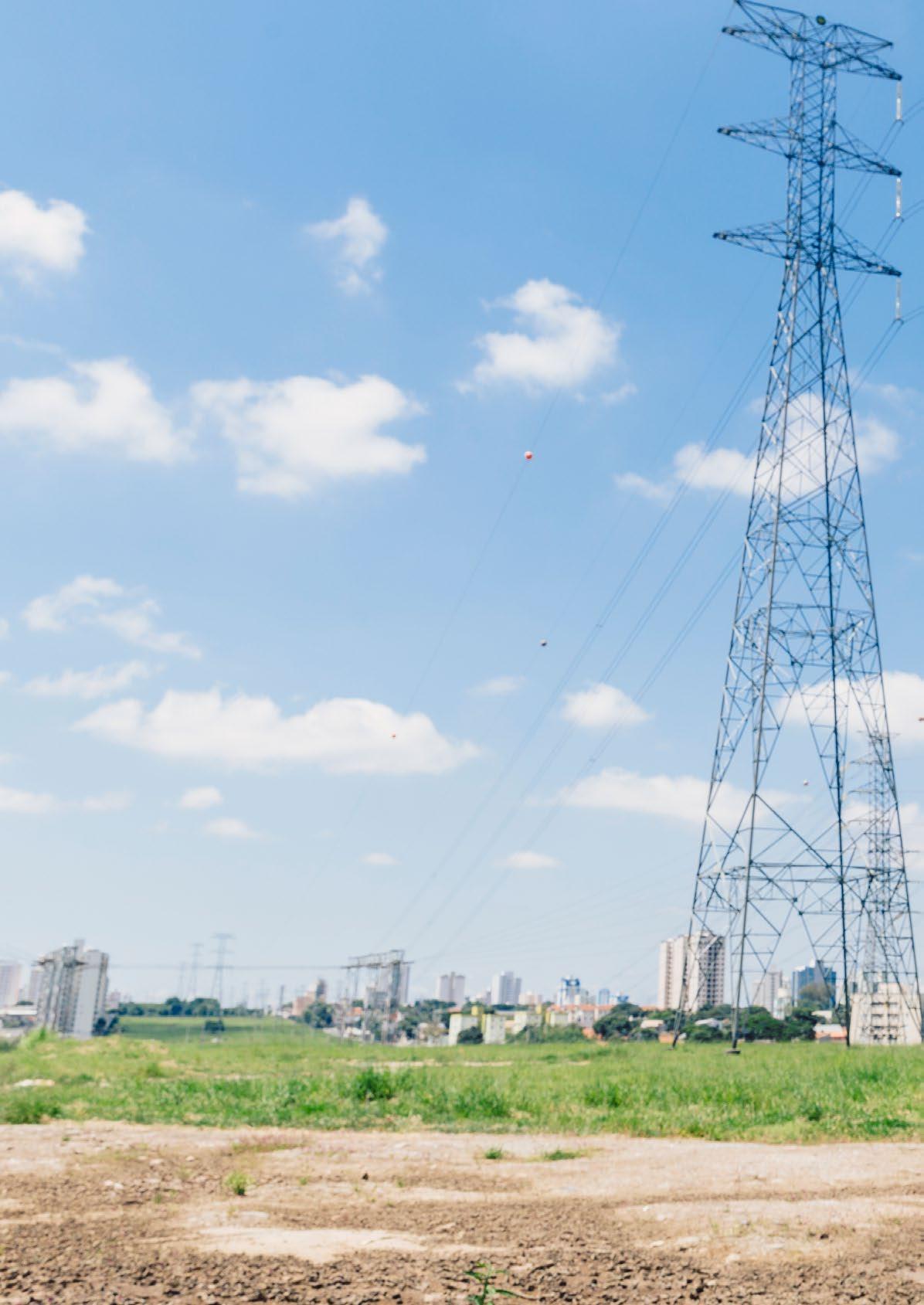
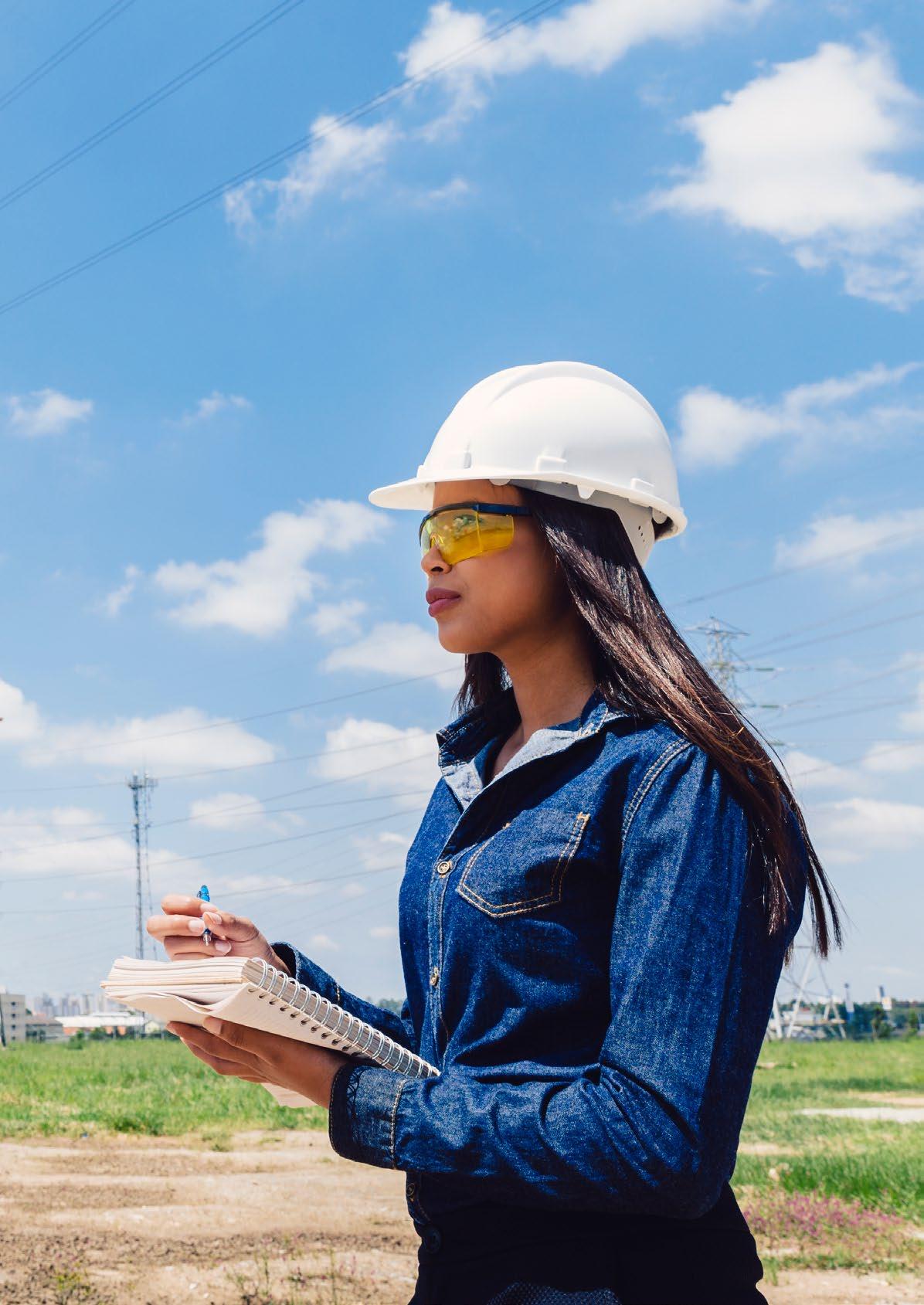
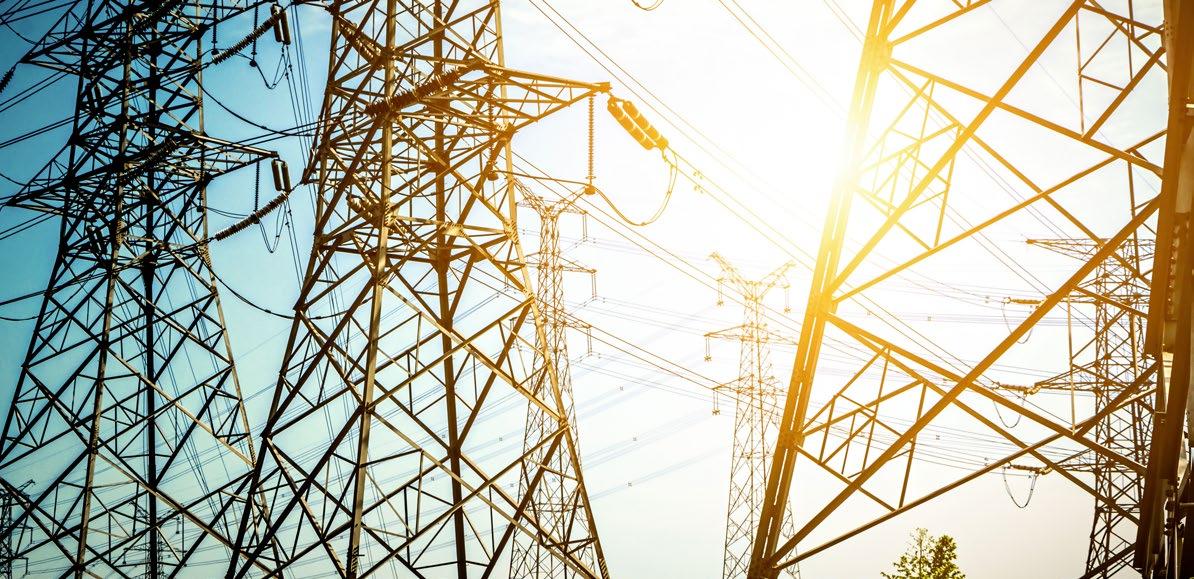
In a recent announcement that has sent ripples through Zimbabwe’s energy sector, the Zambezi River Authority has confirmed its decision to maintain a low water allocation for the Kariba Dam, a key source of hydroelectric power generation in the region.
This move comes in response to depressed dam levels and this decision has significant implications for power generation at the Kariba Hydroelectric Power Station, a critical source of electricity for both Zimbabwe and Zambia.

Zimbabwe and Zambia are each allowed to generate an average of 214MW of power from the Kariba Dam. However the current situation at Kariba Dam paints a stark picture of the challenges facing the region’s energy sector.
Despite having an installed capacity of 1050MW at the Kariba South Station, today’ output stands at only 500MW, highlighting the impact of reduced water flow on power generation.
The decision to maintain a low water allocation at Kariba Dam underscores the urgent
need for strategic planning and innovative solutions in the energy sector.
As water scarcity becomes an increasingly pressing issue in many parts of the world, it is essential for authorities and stakeholders to prioritise water conservation efforts and explore innovative solutions to ensure reliable energy supply.
In response to the challenges posed by low water allocation at Kariba Dam, energy stakeholders are encouraged to consider diversifying their energy mix ad investing in renewable energy sources
to mitigate the impact of fluctuating hydrological conditions.
By embracing clean energy sources such as solar and wind power and promoting energy efficiency measures, Zimbabwe can reduce its reliance on hydroelectricity and build a more resilient and sustainable energy infrastructure.
The current situation at Kariba Dam serves as a wakeup call for Zimbabwe’s energy sector to prioritise resilience and adaptability in the face of changing environmental conditions.
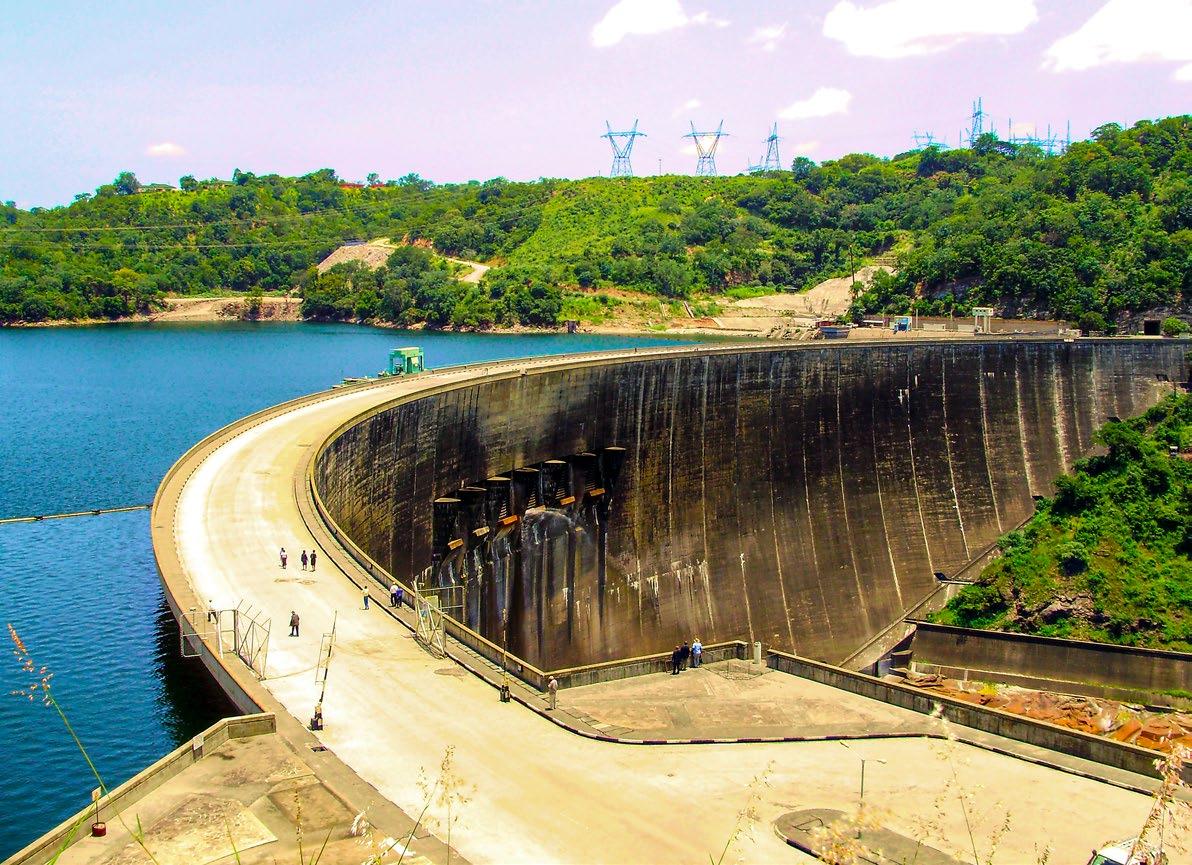
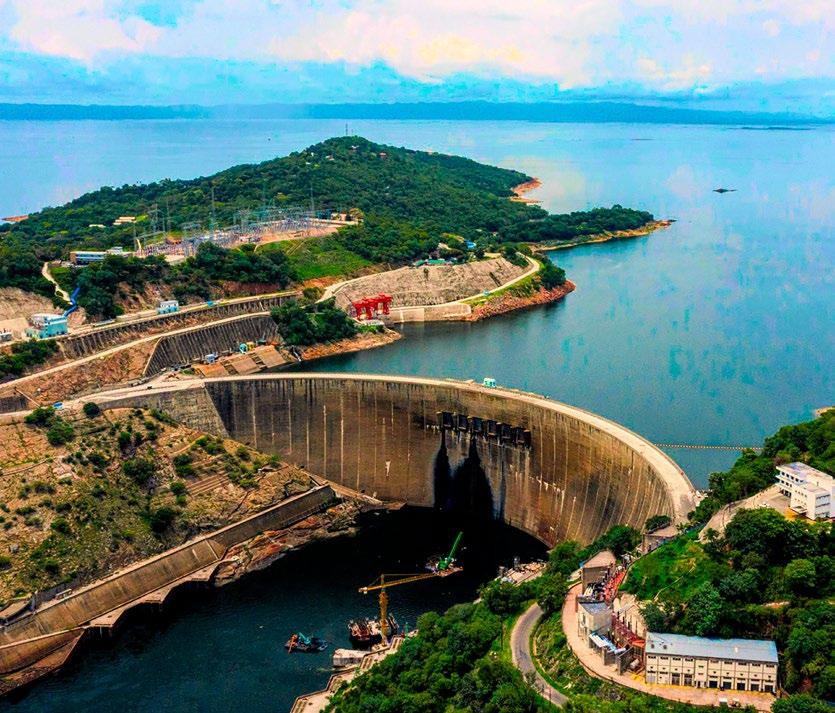

As discussions continue on how best to navigate the challenges of depressed dam levels, collaboration between government agencies, energy authorities, and local communities will be crucial in charting a path towards a more sustainable energy future.
In conclusion, the challenges at Kariba Dam show how connected water, power and climate issues are in Zimbabwe’s energy sector.
By tackling these challenges with new ideas, teamwork and a commitment to sustainability, Zimbabwe can overcome obstacles and create a brighter future for everyone.

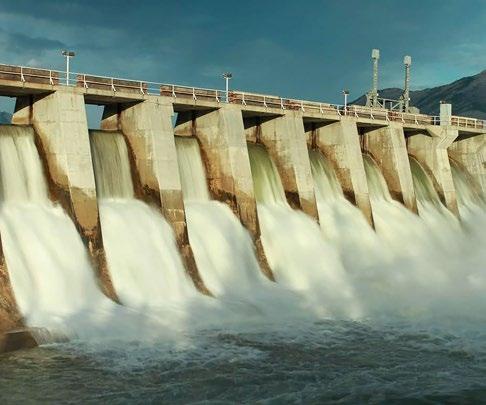
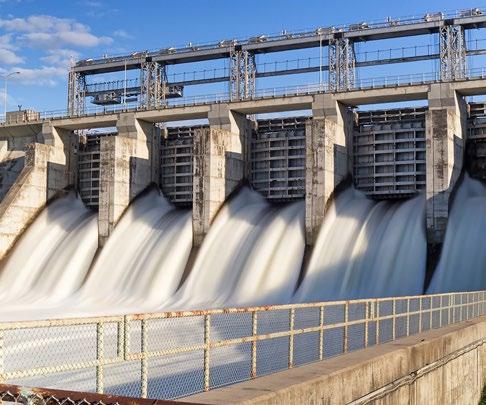
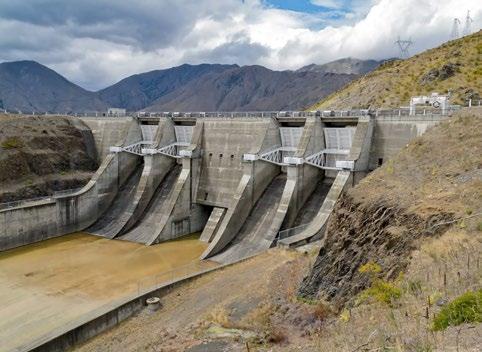
The Zambezi River, a ribbon of life snaking through southern Africa, is poised to become a beacon of renewable energy.
After years of planning and anticipation, the Zambezi River Authority (ZRA) has announced a targeted construction start date of Q1 2025 for the Batoka Gorge Hydro Power Project.
This colossal undertaking, valued at $4.5 billion, promises to be a gamechanger for Zimbabwe and Zambia, addressing their critical power needs while ushering in a new era of sustainable development.
The project, located 54 kilometres downstream of the majestic Victoria Falls, is a marvel of engineering.
Two massive power stations, each with a capacity of 1,200 megawatts (MW), will be constructed on either side of the Zambezi.
This combined 2,400 MW of clean, renewable energy will significantly alleviate the current power shortages plaguing Zambia and Zimbabwe.
Imagine homes bathed in light, factories humming with activity, and entire regions empowered by a reliable source of electricity – that's the transformative potential of Batoka Gorge.
The benefits extend far beyond simply flipping on a switch.
The project is estimated to generate a staggering $734 million upon completion, a boon for the economies of both nations.
This financial injection will fuel further development, create much-needed jobs (over 8,000 during construction alone), and foster regional integration.
Building a project of this scale necessitates meticulous planning and environmental responsibility.
Currently, the ZRA is finalizing optimization studies to ensure the dam's construction and operation adhere to the highest ecological standards.
This commitment is crucial as the Batoka Gorge is an area of outstanding natural beauty.
The Zambezi River ecosystem, a UNESCO World Heritage Site, teems with diverse flora and fauna, and the ZRA is taking steps to minimize any potential impact.
The project has not been without its hurdles. Delays due to various challenges have plagued its progress for some time.
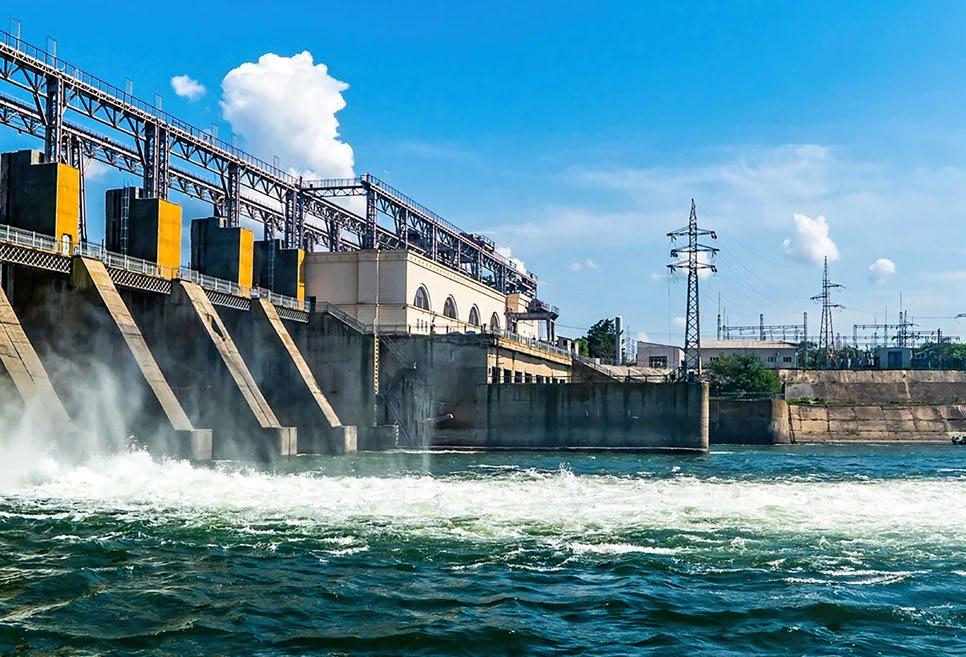
However, a renewed sense of urgency emerged in December 2023 when the Council of Ministers for Zambia and Zimbabwe directed the ZRA to expedite construction.
Setting a firm target date of Q1 2025 signifies a resolute commitment from both governments to bring this long-awaited project to fruition.
The Batoka Gorge Hydro Power Project is more than just a dam; it's a symbol of progress.
It represents a shared vision for a brighter future, powered by clean energy and sustainable development.

As construction commences in 2025, the world will watch with anticipation as this transformative project lights up not just homes, but the economic prospects of Zambia and Zimbabwe.
If successful, the Batoka Gorge Hydro Power Project has the potential to be a transformative force for southern Africa.
It can usher in a new era of energy security, economic growth, and environmental responsibility, all while showcasing the power of collaboration for a sustainable future.


In a significant step towards a greener future, Zimbabwe is actively developing a National Electric Mobility Policy (NEMP).
This policy aims to promote the adoption, use, and responsible disposal of electric vehicles (EVs) within the country, tackling environmental challenges and fostering sustainable development.
The transport sector in Zimbabwe, like many other nations, is a major contributor to greenhouse gas emissions, accounting for roughly 22% of the total.
Additionally, the burgeoning vehicle fleet, doubling every ten years, poses challenges like air quality deterioration and traffic congestion, particularly in urban areas.
Recognizing these issues, the Zimbabwean government, with support from the Climate Technology Centre and Network (CTCN), embarked on the development of the NEMP.
This framework aims to address several key areas including incentivizing the purchase and use of EVs through various measures. This could include tax breaks on import duties, reduced registration fees, and the creation of charging infrastructure.
Emphasizing the need for a robust ecosystem to support EVs. This includes fostering the development of charging infrastructure, creating awareness and training programs for mechanics and the public, and establishing a responsible battery disposal system.
Recognizing the potential cost barrier for EVs, the policy will explore strategies to make them more accessible.
This could involve financing schemes, subsidies, or supporting the development of affordable domestic EV production.
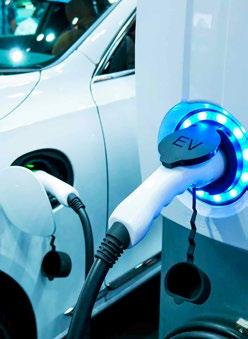
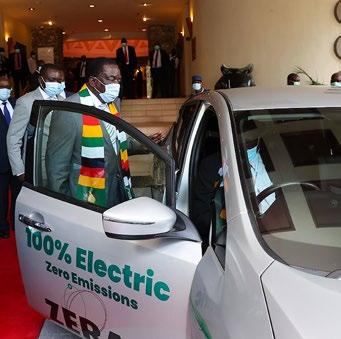
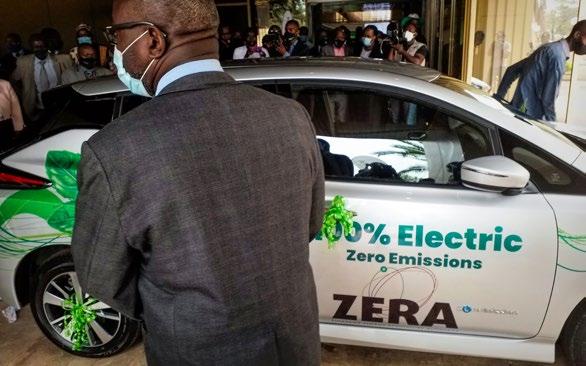
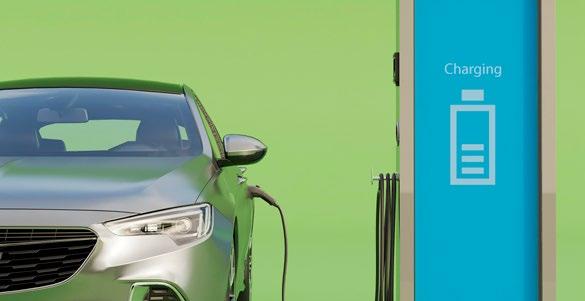

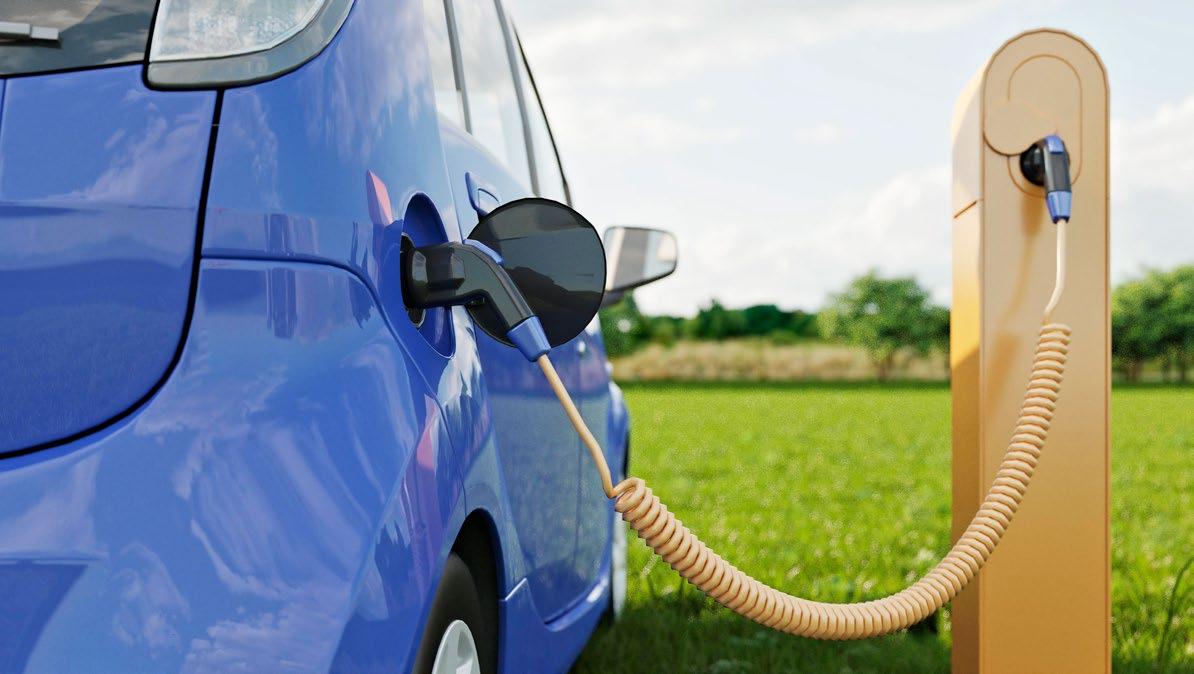
As well as acknowledging the importance of addressing the environmental impact of the entire EV lifecycle, not just emissions during operation.
This includes ensuring responsible mining and recycling practices for battery materials.
The development of the policy involved a comprehensive consultation process with various stakeholders, including government institutions, the private sector, civil society, and other key groups.
This collaborative approach is crucial for ensuring the policy’s effectiveness and buyin from all relevant parties.
The potential benefits of the policy are multifaceted and covers transitioning to EVs which can significantly reduce greenhouse gas emissions and air pollution, contributing to a cleaner and healthier environment for all Zimbabweans.
Unlocking new economic opportunities by stimulating the development of a domestic EV industry,
creating jobs, and attracting investments in clean energy technologies.
Reducing air pollution, and therefore leading to improved public health outcomes, as air pollution is linked to various respiratory and cardiovascular diseases.
Shifting towards EVs can lessen dependence on traditional transportation fuels like gasoline and diesel, promoting energy security and potentially reducing reliance on volatile world oil prices.
While the NEMP represents a significant step forward, challenges remain. Building a robust charging infrastructure across the country will require substantial investment and planning.
Additionally, ensuring the affordability of EVs and addressing concerns surrounding battery disposal are critical aspects that need careful consideration.
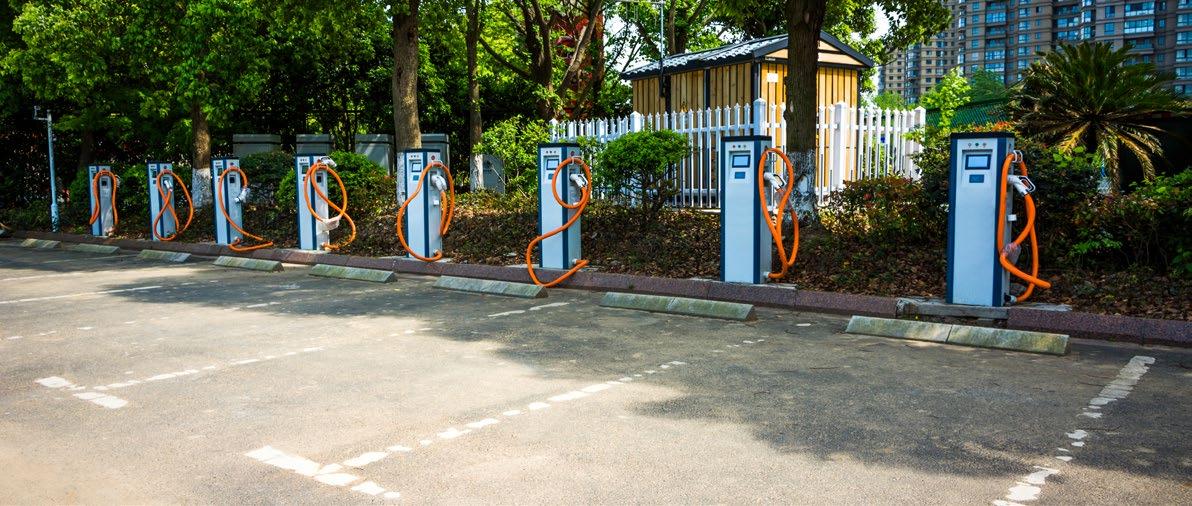
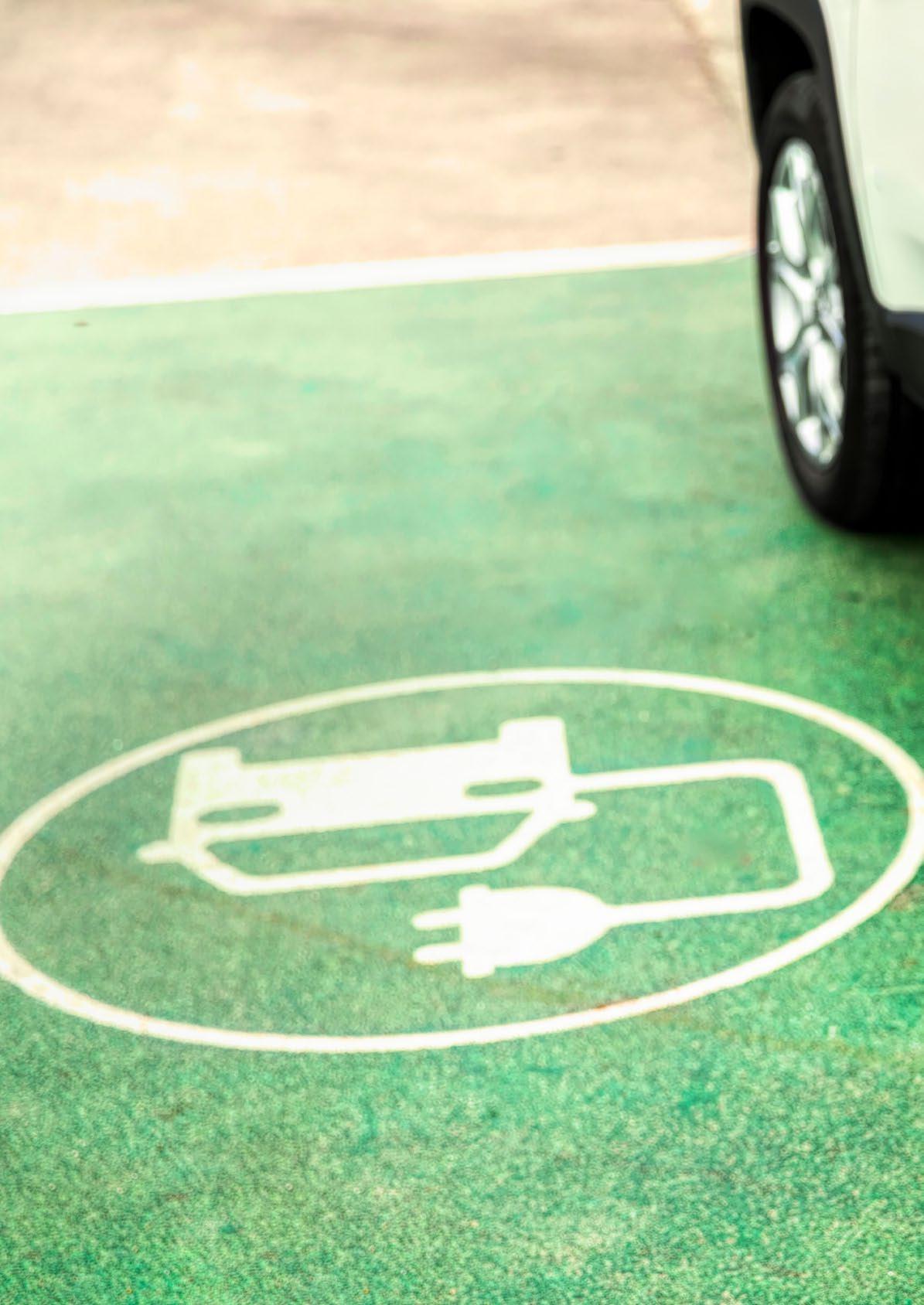
Despite these challenges, Zimbabwe’s commitment to developing a comprehensive policy signifies a positive step towards a sustainable future.
By fostering collaboration between stakeholders, implementing innovative solutions, and addressing concerns proactively, Zimbabwe can pave the way for a cleaner, greener, and more prosperous future for its citizens and the environment.
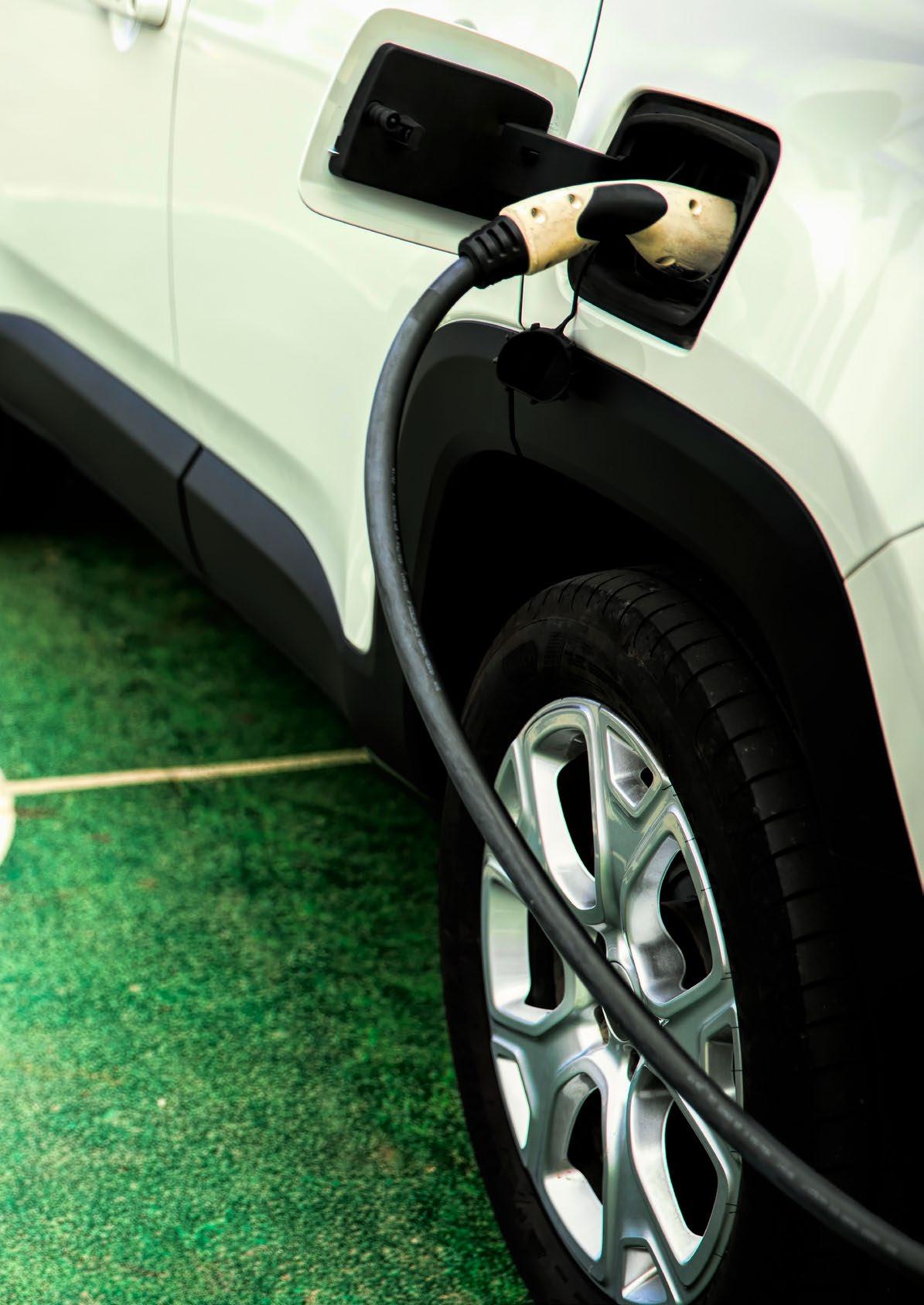
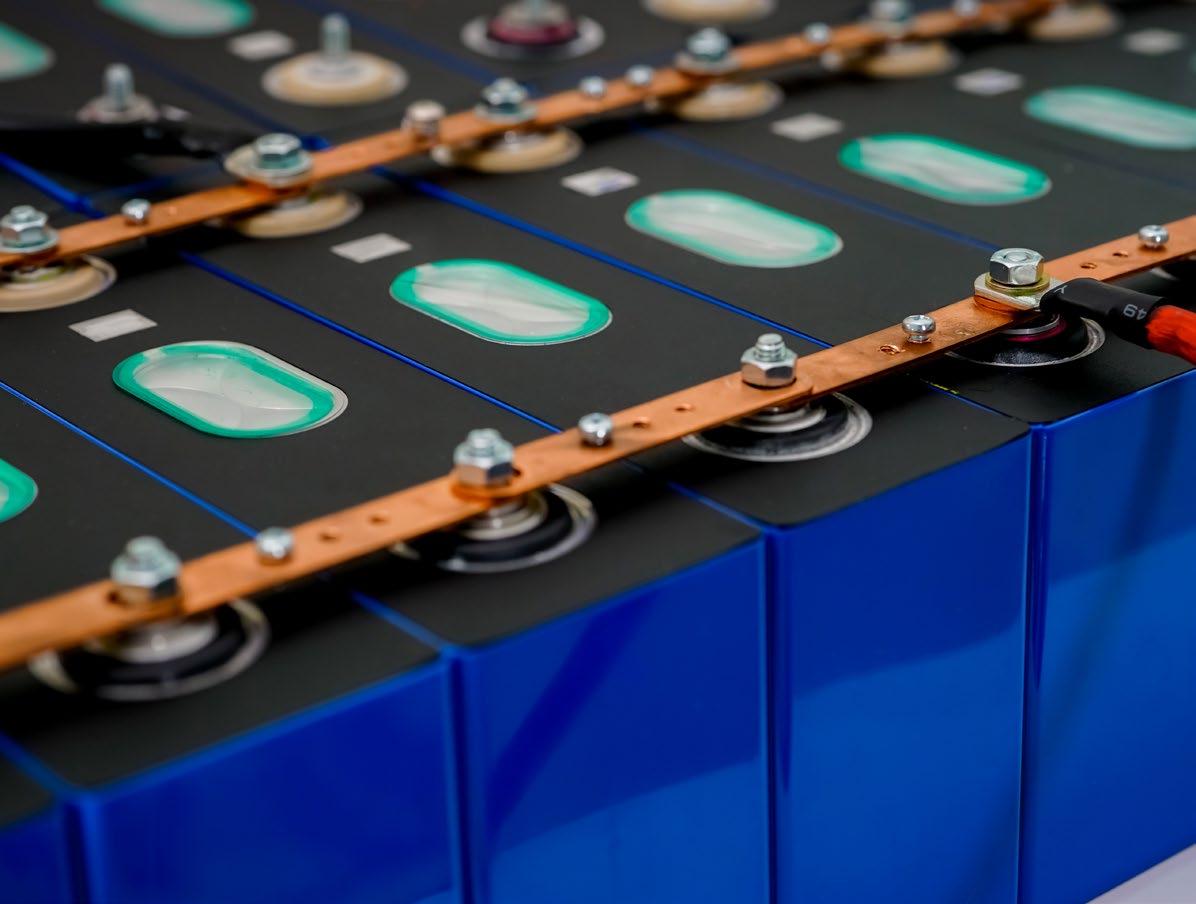


Until a few decades ago, “lithium” wasn’t a buzz word among Zimbabweans.
Today, it’s on the lips of especially mining executives, artisanal minors and those looking to earn a living from hustles trading informally special minerals.
Amid the rising global endeavours to stem the climate crisis, Zimbabwe is advantageously priming itself as a pivotal player in the global energy transition, driven by an unmatched uptake renewable energy technologies demand.
For more than 60 years, the southern African country has been mining lithium, now referred to as “white gold” but it is in the last couple of years that the
mineral has emerged strongly in the rapidly expanding manufacture and demand for electric vehicle (EV) batteries.
According to estimates, Bikita Minerals has potential to produce an estimated 65.43 million metric tonnes of lithium.
This statistic places the country on the number one list in Africa and sixth globally.
This massive amount is adequate to propel Zimbabwe into a mega producer of the
sought-after mineral and turn around its fiscal fortunes in the long term.
With the lithium-ion battery providing a crucial component for EVs, making up between a third to half of the EV's total cost, the potential for the metal to contribute significantly to the economy is huge.
Zimbabwe is also looking forward to becoming an upper middle-income country by 2030, making the lithium connection key for the realisation of the dream.
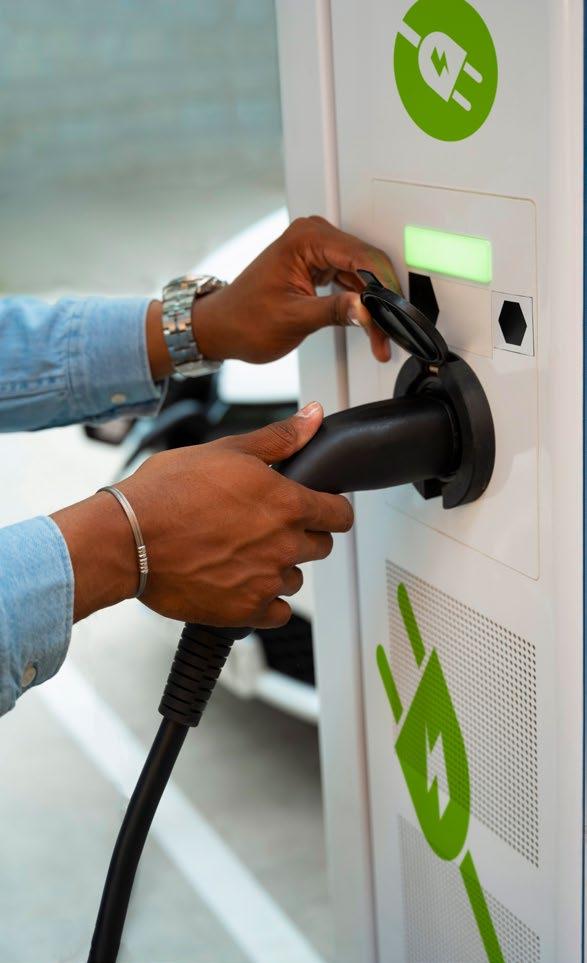
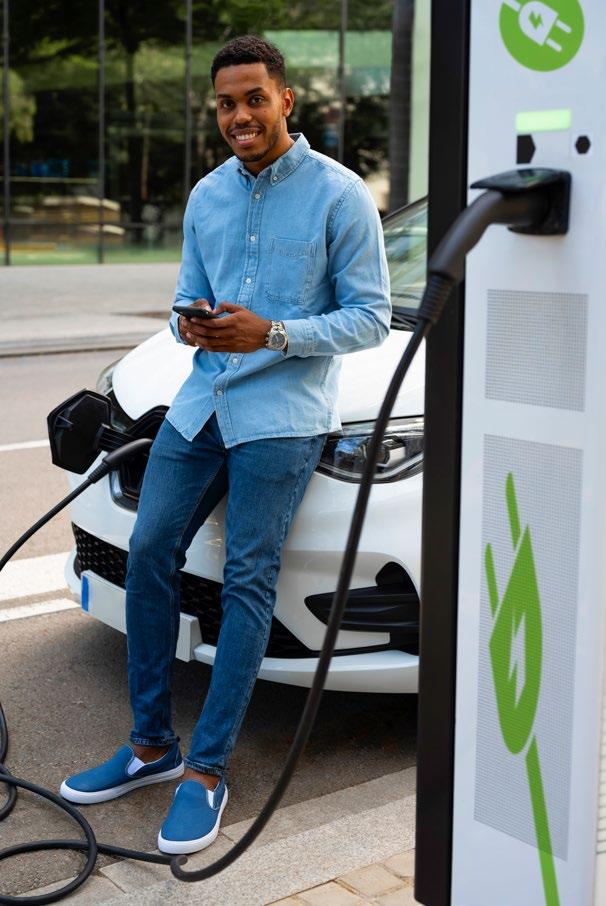
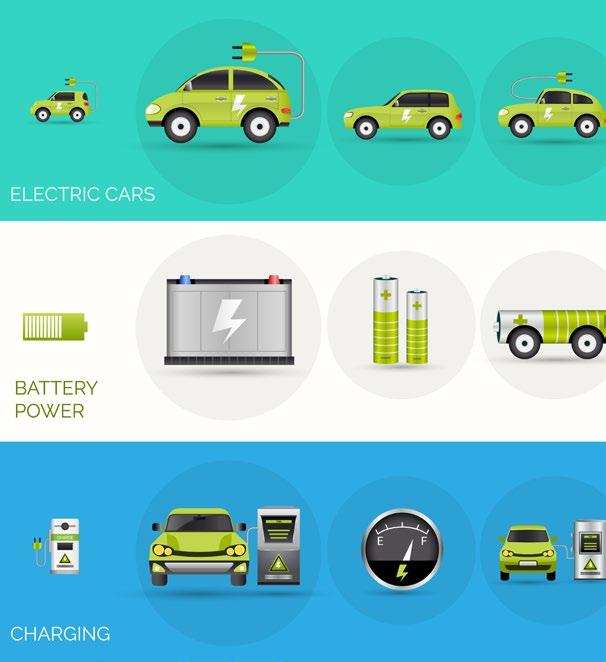

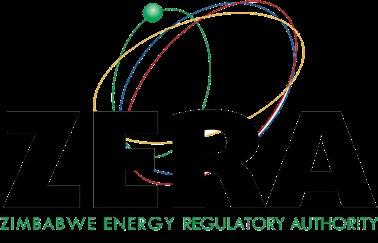
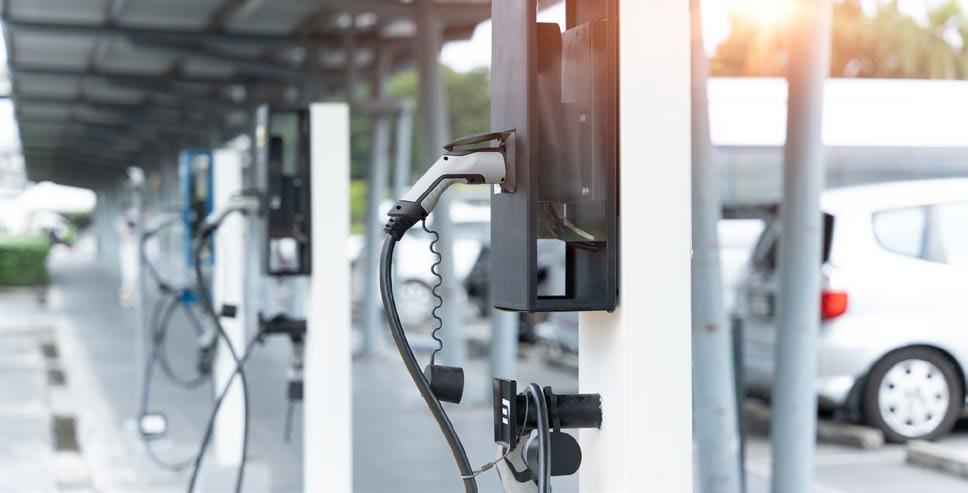
The Zimbabwe Energy Regulatory Authority (ZERA) took a significant step towards promoting electric vehicle (EV) use in the country yesterday with the official opening and handover of an electric charging unit at the Gweru Petrotrade service station.
This marks an expansion of the national EV charging network, aiming to support sustainable transportation and reduce emissions.
ZERA officials were present at the handover ceremony, highlighting the importance of this initiative.

The charging unit at the Gweru Petrotrade station will provide a convenient option for EV owners traveling through the Midlands province.
This not only benefits environmentally conscious drivers but also paves the way for wider EV adoption in Zimbabwe.
The Gweru Petrotrade station is a strategic location for the new charging unit, offering easy access for EV drivers traveling along major routes.
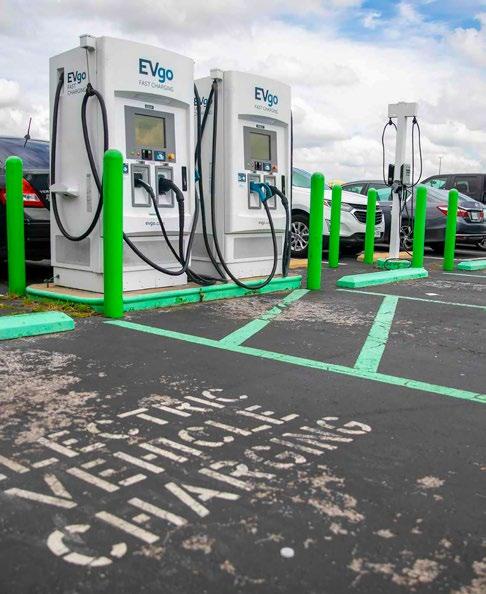
This initiative is expected to encourage more Zimbabweans to consider EVs, not only for environmental benefits but also for their lower running costs.
While details on the specific type of charger and charging speeds are yet to be confirmed, ZERA's move aligns with a global trend towards electric transportation.
Several countries are investing heavily in EV infrastructure to meet sustainability goals and combat climate change.

The success of this initiative will likely depend on factors like the affordability of EVs in Zimbabwe, the availability of charging stations along key routes, and public awareness about the benefits of electric vehicles.
Nevertheless, ZERA's commitment to expanding the EV charging network is a positive step towards a greener future for Zimbabwe.
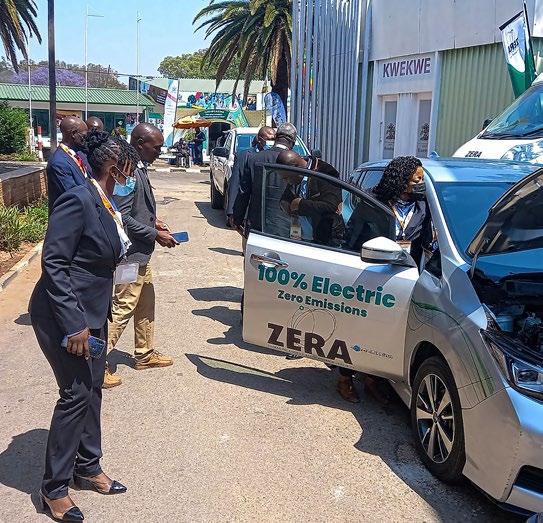
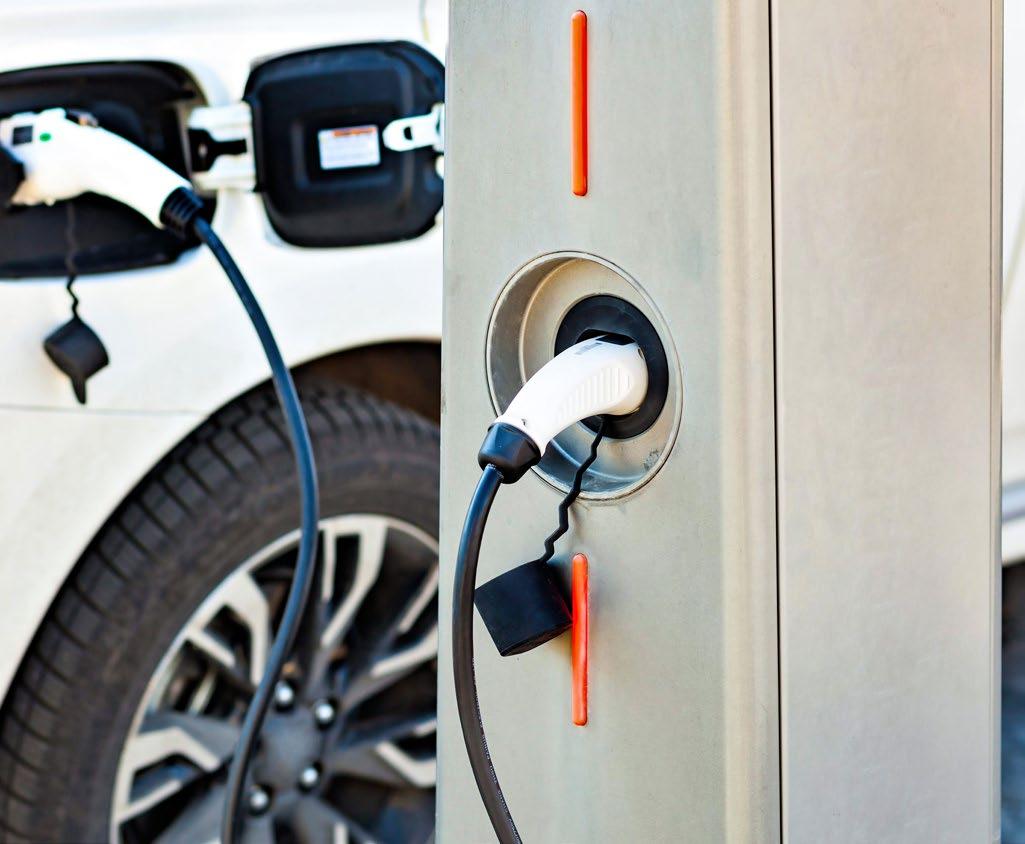
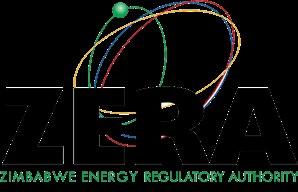


The ZERA Golf Tournament, held on Friday, March 22nd, 2024, at the Gweru Golf Club in Zimbabwe, was a resounding success, raising significant funds for the Zimbabwe Albinism Association (ZAA).
The tournament featured a fourball format, with entry fees of USD$200 per team, which included green fees and lunch.
A fourball is a type of golf competition where teams of four golfers play their best shot on each hole.
This team-oriented approach fostered a fun and inclusive atmosphere for golfers of varying skill levels.
Most importantly, all proceeds from the tournament were donated to the Zimbabwe Albinism Association, a non-profit organization that advocates for and supports people with albinism in Zimbabwe.
Albinism is a rare genetic condition that reduces the production of melanin, impacting a person's hair, skin, and eye colour.
People with albinism often face social stigma and discrimination, and the Zimbabwe Albinism Association works to raise awareness and improve the lives of its members.
The tournament's success can be attributed in part to the generous sponsorship of QualityGasesZim, a platinum sponsor who donated USD$7,000 which went straight to the Zimbabwe Albinism Association.
This significant contribution undoubtedly bolstered the overall fundraising efforts.
Additional support came from RedanCoupon, the silver sponsor, who contributed to the cash prize.
The day's competitive spirit resulted in exciting victories. K. Pfende emerged victorious in the men's division with a score of 41 points, followed by S. Karimunhenga (40 points) and P. Chigora (38 points).
On the ladies' side, Mrs. L. Nyoni claimed the top spot with 33 points, while S. Feldman (30 points) and P. Chard secured the third and fouth-place positions.


Beyond the competition itself, the ZERA Golf Tournament served as a valuable platform to raise awareness for albinism and generate vital funds for the ZAA. This charitable golf tournament exemplifies the power of sport to unite communities and create positive change.
The combined efforts of sponsors, organizers, and participants have undoubtedly made a significant difference in the lives of people with albinism in Zimbabwe.







